L’shanah tovah
Cook up something sweet for Rosh

Hashanah
Tennis builds bridges in Newport
United Brothers Synagogue celebrates 100 years


























Cook up something sweet for Rosh

Hashanah
Tennis builds bridges in Newport
United Brothers Synagogue celebrates 100 years

























IT IS REMARKABLE how seemingly disparate groups can blend together in some situations.
I attended a couple of family events recently that really made me realize how magical this blending can be.
At both events, two completely different groups of family and friends started out in their own groups, but eventually ended up sitting side by side. What brought us together? Celebrations: A birthday and a baby shower.
In this summer of heat, humidity and rain, we were lucky to have two beautiful end-of-August days. We ate, we chatted, we laughed and we played (children were involved), both indoors and outside. We learned about what we had in common and what we didn’t. Our political viewpoints didn’t matter and neither did our backgrounds. We shared good food and gifts. There was a lot of smiling and laughing. And quite a few hugs.
Since we are in the month of Elul, the lead-up to the High Holy Days and a time of introspection and reflection, I’ve been reflecting on this
weekend of celebrations and why I appreciated it more than I have in the past.
Quite simply, it’s beautiful to watch how families and communities grow and come together! Children marry, and in-laws and other new relatives appear on the scene.
Plus, his friends and her friends. Then there are neighbors and coworkers.
People came to these celebrations from several states, both coasts and one foreign country. But for those few moments, we were all together – a new and growing community brought together with love. It’s magical to experience! And it was an even richer experience this year because it had been so long since we were able to have such relaxed gatherings.
Wouldn’t it be nice if we could all take lessons from a family that comes together, and even works together, for a common cause? Something to think about.
Last year, as we looked forward to the High Holy Days, I reflected on the opening up of our institutions postCOVID. It was a big deal, and we still cautioned people to check calendars for potential
closings, as well as becoming familiar with post-pandemic rules and regulations.
Now, we seem to be sliding into a routine that involves outdoor and indoor celebrations, like those I just experienced with family and friends. And in our listings for the High Holy Days, I see that most congregations are having in-person services, but with some online components.
COVID is still out there and cases are reportedly rising again, but I hope we can find ways to be safe and continue to gather together.
Our High Holy Days issue is the biggest of the year. Take some time to look at the businesses and people who support your newspaper by buying an ad to wish you a shanah tovah. And make sure you think of our advertisers – many of whom support us year-round – when you need the services they provide.
Advertising is an important piece of our budget at Jewish Rhode Island. To every advertiser in this issue, we say todah rabbah, thank you very much!
From my family to yours, l’shanah tovah
Fran Ostendorf, Editor
D'VAR TORAH 5 | CALENDAR 6 | FOOD 7 | COMMUNITY VOICES 10
HIGH HOLY DAYS
JEWISH RHODE ISLAND
EDITOR Fran Ostendorf
DESIGN & LAYOUT Alex Foster
ADVERTISING DEPARTMENT
Peter Zeldin | 401-421-4111, ext. 160 pzeldin@jewishallianceri.org
CONTRIBUTORS Cynthia Benjamin, Sarah Greenleaf, Robert Isenberg, Emma Newbery
COLUMNISTS Michael Fink, George M. Goodwin, Larry Kessler, Patricia Raskin, Rabbi James Rosenberg, Daniel Stieglitz
VOLUME XXX, ISSUE X
JEWISH RHODE ISLAND
(ISSN number 1539-2104, USPS #465-710) is published monthly except twice in May, August and September.
PERIODICALS POSTAGE PAID at Providence, R.I
POSTMASTER Send address changes to: Jewish Rhode Island, 401 Elmgrove Ave., Providence, RI 02906.

PUBLISHER
The Jewish Alliance of Greater Rhode Island, President/CEO Adam Greenman, Chair Harris Chorney, 401 Elmgrove Ave., Providence, RI 02906. 401-421-4111; Fax 401-331-7961
From the Quality Fruitland Family to Yours… We Wish You a Safe, Healthy, Happy New Year
Like a Farmer’s Market Everyday!
Top Quality Local and Organic Fruits and Vegetables at Great Everyday Prices! A Family Business For 4 Generations, Since 1957
Open 8am-6pm Tuesday-Sunday
Just 10 minutes from Providence 1487 Fall River Ave (Rt.6) Seekonk 508 336 9111
Temple Torat Yisrael
1251 Middle Road East Greenwich, RI 02818
www.toratyisrael.org
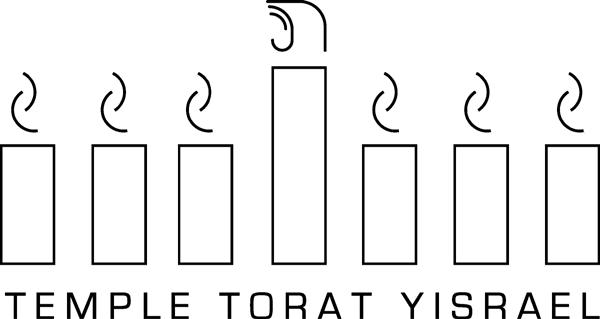
(401) 885-6600
Programs for all ages, Pre K to 7 Sunday School. We look forward to welcoming you to our community. Prospective members can purchase High Holiday tickets. Please email us at welcome@toratyisrael.org.
THE MISSION OF JEWISH RHODE ISLAND is to communicate Jewish news, ideas and ideals by connecting and giving voice to the diverse views of the Jewish community in Rhode Island and Southeastern Massachusetts, while adhering to Jewish values and the professional standards of journalism.
COPY DEADLINES: All news releases, photographs, etc., must be received on the Wednesday 10 days prior to publication. Submissions may be sent to: editor@jewishallianceri.org.
ADVERTISING: We do not accept advertisements for pork or shellfish. We do not attest to the kashrut of any product or the legitimacy of advertisers’ claims.
ALL SUBMITTED CONTENT becomes the property of Jewish Rhode Island. Announcements and opinions contained in these pages are published as a service to the community and do not necessarily represent the views of Jewish Rhode Island or its publisher, the Jewish Alliance of Greater Rhode Island. We reserve the right to refuse publication and edit submitted content.
ON THE COVER : PHOTO BY GMVOZD (ISTOCK)
PROVIDENCE – On a recent rainy morning, Harold Silverman, president of Congregation Sons of Jacob, stood in the shul’s vestibule and gestured toward three windows. The half-circles of glass had been removed from the wall and stood on a bench and the floor. The first had a broken frame and a single, dislocated glass pane. The second was weathered, but intact. The third window looked as though it had been fully restored, with clear glass and freshly sanded wood.
The message was clear: Time has been unkind to Sons of Jacob, leaving the red-brick Smith Hill building a shadow of its former self. Shattered windows, peeling paint, ragged carpet – all its decor has fallen victim to the elements or passing vandals with rocks.
But if Silverman can raise $1.75 million, the building
could be improved, like that second window. And if he raises more – say around $5.2 million – the 127-yearold structure could be fully restored, like that third window.
“We need an angel,” Silverman says.
Silverman, of North Providence, doesn’t like to talk about himself. He won’t reveal his age, saying only that he’s “old enough to know better.” He won’t delve into his career in electrical engineering or the particulars of his personal life. He deflects probing questions with witty comments, or else he says, “That’s not important. None of this is about me.” He even declined to be photographed for this article.
When pressed, Silverman speaks breezily of his early years in Flushing, New York, before his family inexplicably moved to South Providence when he was 10.
To Silverman, the relevant part of his life began in 1972,
when his mother passed away; he sought an Orthodox synagogue where he could say the mourners Kaddish.
“There was no synagogue I could rely on for a year of mourning, except for Sons of Jacob,” he says.
Still, Silverman had to get reacquainted with the Orthodoxy of his youth.
“[I felt] isolated. I didn’t know anything,” he says. But, he added, by relying heavily on the congregation’s guidance, he regained his spiritual footing.
Silverman never aspired to the position of president of the shul, a role he has held for many years.
“I was forced into it,” he says with an impish grin. “The older people said, ‘We can’t do it anymore.’ ”
As private as Silverman is about his own life, he’s effusive about the synagogue. He beams as he leads a tour through the building, showing off every nook and cranny and explaining their signif-

icance. Here is an intricate paper-cut picture, snipped into existence by congregant Sam Shore in 1923. Over there is a picture of Shore and his extended family at a dinner table; the caption, nodding to the Rhode Island accent, reads: “Passover Sedah, April 17, 1935.”
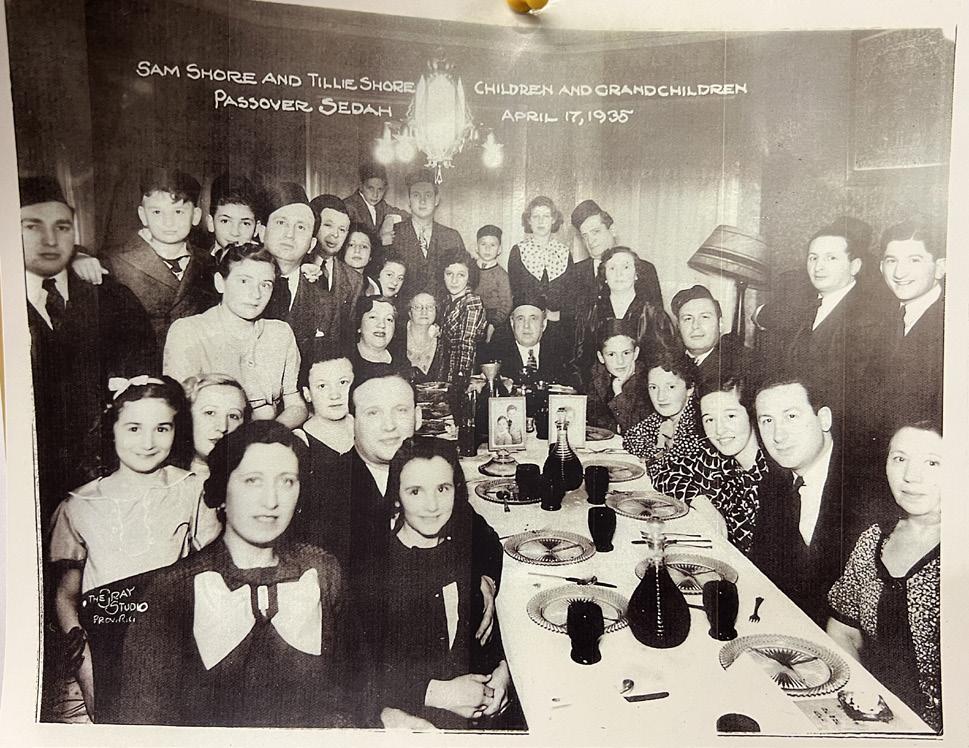
Silverman pulls back a panel and reveals a complete set of Talmudic volumes, dating back to the 18th century. He presents three Torah scrolls, provided by the Sisterhood of the Sons of Jacob.
“The Torah, that’s the whole thing,” Silverman says in a reverent tone. “The aura of God, and the love of him.”
Most stirring of all is a chalkboard, positioned near the back, where “Happy New Year” has been written in Hebrew. The message was from Rabbi Moshe Drazin, who oversaw Sons of Jacob when Silverman first arrived, and who passed away in 2004.
“I won’t erase it,” Silverman says.
There’s also a black-andwhite photograph of the white-bearded Rabbi Drazin near the front entrance, with a handwritten note proclaiming: “A noble and proud Jew. A prince among men.”
All of this appears on the first floor of the building, which was completed in 1906 and includes a kitchen, dining area and upright piano. This is the modest, basement-like space that remains open, inviting congregants and visitors to pray in the early morning hours, on Shabbat and on holidays.
But climb one of the two staircases – separated by gender – and there’s far more. As Jewish immigrants continued to trickle into the neighborhood, Sons of Jacob grew: A massive second floor was completed in 1926. This large auditorium holds rows and rows of pews and has a wrap-around mezzanine. The ceiling is painted with figures
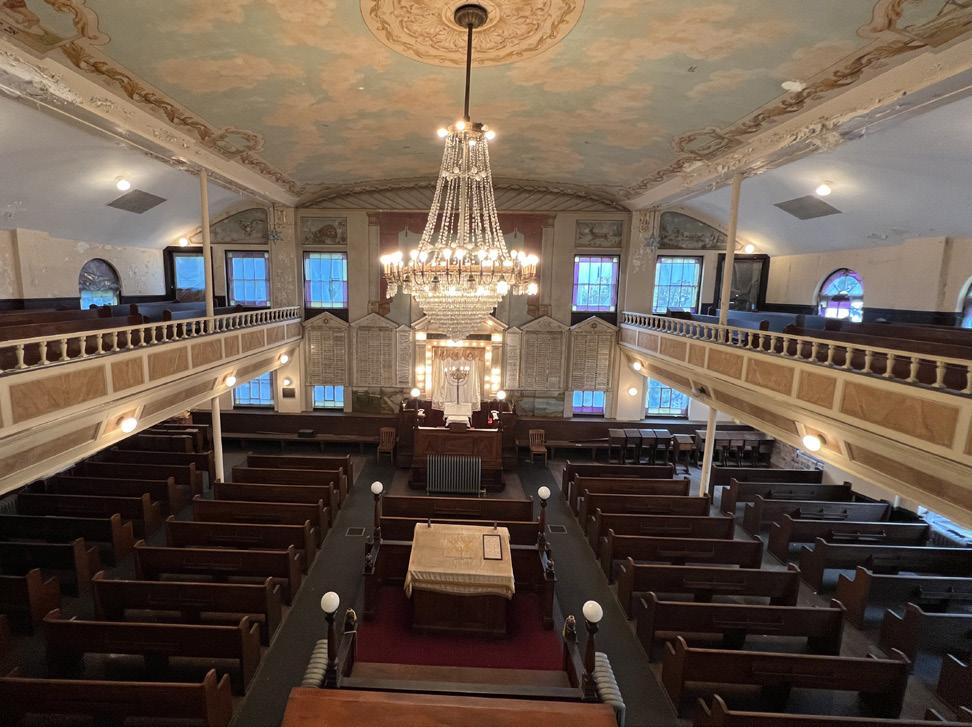
A CARTOON that once appeared in the New Yorker pictures a man saying to his therapist, “But I love the past, I grew up there!” How true that is.
Let’s face it, as Rhode Islanders, it is our way to look back. We give directions that include where the IGA, Almacs and a Dunkin Donuts used to be.
When we buy a home, it is not a surprise to be asked, “Whose house did you buy?” –meaning not only the previous owner, but those who resided there for the last half century.
Our great challenge is to not become mired in the past. It is a struggle not to become bogged down with the mistakes we have made, the wrongs done to us by others. We are charged with forgiving ourselves and others so we can appreciate each day and move forward into a vibrant future.
Even as we repent for the misdeeds of the past, tomorrow is open to great possibilities. Oscar Wilde delivered a realistic and optimistic message, apropos for these
Days of Awe, when he wrote, “Every saint has a past and every sinner has a future.” That is the great contradiction of this season. We all make mistakes. We have all done things that keep us up in the middle of the night, wondering how we missed the mark so badly. We wallow in a mess of should-haves, could-haves and would-haves until we have a crick in our necks from gazing backward into the past.
When we only yearn for the way things were, we risk moving into the future as if in a rowboat: traveling forward but always looking back.
Rabbi Bert Korn, a peer of Rabbi William G. Braude who was Beth-El’s rabbi for 40 years, wrote, “Human beings are blessed with both memory and hope, but they are blessings only if they enrich today. They turn into curses if they loom too large, if they exercise control over us. Just as the past can rob us, so can the future. In becoming too anxious for the future we
also sacrifice today.”
We are charged with discovering a sense of proportion between the past and future so that we may fully embrace each day. That is the great lesson of this season of awe and reflection.
So much of our liturgy reminds us of this challenge. We offer gratitude to those who came before, starting with Abraham and Sarah, Rebecca and Isaac, Jacob, Rachel and Leah. As our High Holy Days machzor (prayer book) translates, “we recall their vision and pray for the strength to keep it alive.”
One of our most ubiquitous hymns, Adon Olam, reminds us (Hu Haya, hu hoveh, hu yihye) that God is with us in the past, in the present and on our journey into the future.
Each time we return the Torah to the ark, we say these words: Hasheveinu adonai elecha v’nashuvah, hadesh yameinu kekedem – return us and we will return, renew our days as of old.
The last verse from the book of Lamentations, these words were meant to bring us consolation at our lowest point as a people, following the destruction of the Sec -
ond Temple. They also hold special meaning for us in this season.
This text does not yearn for days past exactly as they were. It explicitly asks us to renew our days. This is a critical difference. Nostalgia alone mires us in the past.
Hadesh yameinu k’kedem is a call to make us new again with joy, vitality and exhilaration. It invites us to embrace the restoration of our very best selves.
As we prepare to enter 5784, we stand at a crossroads. We look both ways before proceeding.
First, we look back to the past, remembering joys and sorrows, successes and failures. We let go of grudges, petty insecurities and angst about what could have been. Then, we look forward to the new year with hope and anticipation. We dream of the abundant possibilities. Then, and only then, can we find the strength and courage to embrace new beginnings.
Eternal one, grant
us resilience to take the best of the past into our hearts and walk forward into a vital new year with confidence in a bright future.
September 2023
Sept. 1 6:59pm
Sept. 8 6:47pm
Sept. 15 6:35pm Shabbat/ Erev Rosh Hashanah
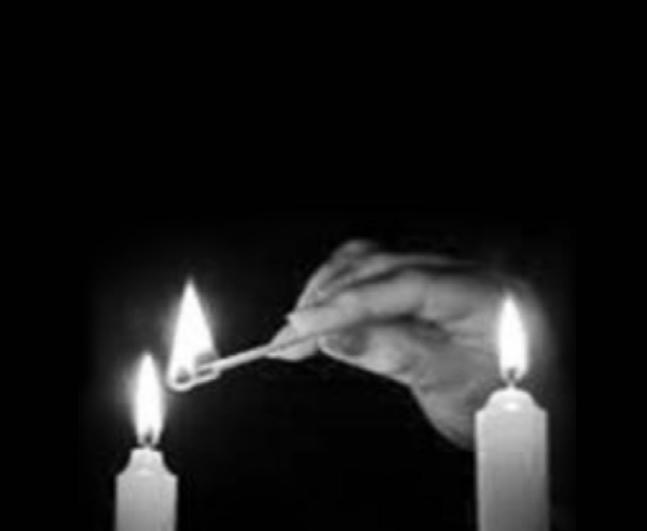
Sept. 16 7:32pm Rosh Hashanah
Sept. 22 6:23pm
Sept. 24 6:20pm Erev Yom Kippur
from the Jewish Zodiac. A large monument is embossed with all the names of Sons of Jacob members who served in World War II.
A large menorah rises in the middle of the bimah, and hundreds of bulbs on the far wall can be switched on to mark a yahrzeit
This is the most splendid room in the synagogue, a testament to the 380 families who once worshipped here, yet it’s also the most wounded. Windows are broken. Plaster is worn. One entrance has been barred with planks of wood, to prevent vandals from breaking in.
Sons of Jacob replaced the roof in 1999 and upgraded the heating and electrical systems in successive years, but the extremes of the New England climate have still left their mark. The heating system doesn’t warm enough in winter, and summer humidity has wreaked havoc
on the walls. Services in this space ceased about 10 years ago, and the 30 remaining families of the congregation have retreated to the first floor.
“Humidity and the heat,” says Silverman. “If we can handle that, we can start to paint and plaster. Just make the building usable. That’s it.”
Indeed, Silverman isn’t asking for the moon. The temple’s total annual budget is about $35,000. This almost always falls short by about $4,500, which the endowment usually makes up for. But now, the endowment is “pretty well extinguished,” Silverman said.
The synagogue survives largely on $75-per-year family memberships and donations left in the tzedakah box. It also receives gifts from Hasbro and the Dwares family; Hasbro cofounder Israel Hassenfeld and many members of the Dwares family, the namesake of the Alliance’s Dwares Jewish Community
Center, were prominent Sons of Jacob members. But all of this remains modest, far below the $1.75 million minimum that the congregation needs.
Money won’t solve all the problems, of course. One of the cruelest events in the synagogue’s history was the construction of Interstate 95, which steamrolled through the largely Jewish community and dislocated its residents. Today, the building, at 24 Douglas Ave., stands on an obscure spit of land, barely visible from the nearby intersection. Worn triple-deckers and roadside tents set the tone of the neighborhood. This affront goes back 70 years, and not even Silverman’s hoped-for angel can reverse the highway’s damage.
But Silverman has come up with a striking solution – or at least the early brainstorm for one. The Sisterhood of the Sons of Jacob was founded in 1940 and remained active until the late 1990s. A plaque
on the first floor commemorates “their leadership, devotion, and faithful service.”
The three Torahs were a gift from the Sisterhood, among countless other achievements in the shul’s history.
Reviving this kind of Sisterhood, posits Silverman, could reenergize the congregation; instead of 30 families and a handful of visitors, a women’s organization could invite fresh interest.
“We need a Sisterhood,” Silverman concludes. “Where the women go, the men and families will follow.”
What the future holds for Sons of Jacob is anyone’s guess. The shul sends out letters, explaining the need for donations, but they haven’t hosted a fundraising event in years.
Silverman is friendly with other congregations and Jewish leaders, but doesn’t report much support. As one letter from 2018, requesting a grant, put it: “All positions [at
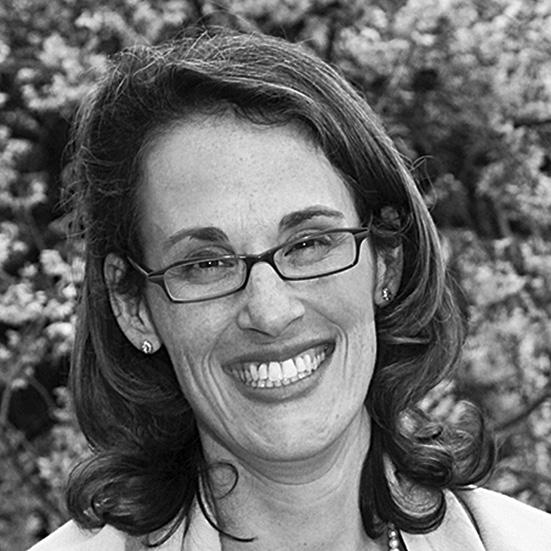
Sept. 29 6:11pm Shabbat/ Erev Sukkot
Sept. 30 7:12pm Sukkot
Sons of Jacob] are volunteer, including the Rabbi.”
Yet Silverman still sounds hopeful. He speaks plainly about the challenges, without once entertaining a worstcase scenario. So much of his life is woven into the story of the synagogue, the two narratives seem nearly interchangeable. He might have been coaxed into the role of president, but looking back, would he have had it any other way?
Silverman flashes his characteristic grin.
“Well, I’m still here,” he says.
ROBERT ISENBERG (risenberg@ jewishallianceri.org) is the multimedia producer for the Jewish Alliance of Greater Rhode Island and a writer for Jewish Rhode Island.
Ongoing
Kosher Senior Café and Programming. In-person lunches 11 a.m.-1 p.m. Monday – Thursday and “Senior Prom” (see description below) on Friday, 9/1, at the Dwares JCC, 401 Elmgrove Ave., Providence; most Fridays at Temple Sinai, 30 Hagen Ave., Cranston. No Café on Labor Day (9/4) or Yom Kippur (9/25). Tuesday, 9/19, field trip to the Museum of Work and Culture; Thursday, 9/28, fall foliage tour of western Rhode Island. In-person (and on Zoom most Tuesdays and Thursdays) programming from 11 a.m.-noon followed by lunch and discussion noon-1 p.m.
The second Tuesday of the month is “Susie’s Corner” with Susie Adler. Every Wednesday is chair yoga. The third Thursday of the month is a book chat with Neal Drobnis. Suggested donation: $3 per lunch for those age 60 and older as well as for younger adults with a disability. Other adults may purchase a meal for $6.50. The Kosher Senior Café is a program of Jewish Collaborative Services and is supported by the Jewish Alliance of Greater RI and Blackstone Health. Information and RSVP, Neal at neal@jfsri.org or 401-421-4111, ext. 107.
Project Shoresh Ladies’ Partners in Torah Night. Sundays
7:45-8:45 p.m. Providence Hebrew Day School, 450 Elmgrove Ave., Providence. Partner-based study group. On-site facilitators available. Free. Information, projectshoresh. com.
Temple Emanu-El Mahjong. Tuesdays 11 a.m.-1 p.m. Both new and advanced players are welcome. Drop-ins welcome. Information, Shosh@teprov.org.
Delve Deeper: Yiddish Folklore and Culture. Thursdays 7-9 p.m. thru 11/16. No class 10/5. Explore with Natan Meir, professor of Judaic Studies at Portland (Oregon) State University, the rich folklore developed in Yiddish, linguistic and cultural components of Yiddish, and several great literary works. Via Zoom. Cost: $250 (partial and full scholarships available). Information, Morty Miller at mortymiller1945@ gmail.com.
Temple Sinai Shabbat Evening Service. Fridays 6 p.m. 30 Hagen Ave., Cranston. Song, prayer and reflection offered in person or on Zoom. With Rabbi Jeffrey Goldwasser and Cantor Deborah Johnson. Zoom link at templesinairi.org. Information, dottie@templesinairi. org or 401-942-8350.
Cape Cod Synagogue Shabbat Services. Fridays 7 p.m., except
second Friday of the month 6:30 p.m. when Family Shabbat services take place. 145 Winter St., Hyannis, Mass. With Rabbi David Freelund. In-person and livestreamed on website, Facebook, Cape Media, YouTube and Community Television Comcast channel 99. Information, 508-775-2988 or capecodsynagogue.org.
Temple Beth-El Shabbat Morning Service. Second Saturday of the month 9-10:30 a.m. 70 Orchard Ave., Providence. Shabbat morning minyan with lay participation incorporating study, Torah and Haftarah readings. In person or via Zoom. Information, Joie Magnone at jmagnone@temple-beth-el.org or 401-331-6070, ext. 100.
Temple Beth-El Torah Study. Saturdays (except second Saturday of the month) 9-10:15 a.m. 70 Orchard Ave., Providence. Delve into the weekly portion with Rabbi Sarah Mack and Rabbi Preston Neimeiser. In person only. Information, Joie Magnone at jmagnone@temple-beth-el.org or 401-331-6070, ext. 100.
Temple Sinai Shabbat Breakfast & Torah Study. Saturdays (except 9/16) 9:30-11 a.m. Temple Sinai, 30 Hagen Ave., Cranston. Breakfast followed by interactive discussion at 10 a.m. with Rabbi Jeffrey Goldwasser or others in the community. Information, dottie@templesinairi. org or 401-942-8350.
Temple Habonim Torah Study. Saturdays (no Torah Study when Bar or Bat Mitzvah) 10-11 a.m. Rabbi Howard Voss-Altman leads weekly Torah study on current portion. Via Zoom. Information, Adina Davies at office@templehabonim. org or 401-245-6536.
Cape Cod Synagogue Shabbat Services. Saturdays 10:30 a.m. 145 Winter St., Hyannis, Mass. With Rabbi David Freelund. In-person and livestreamed on website, Facebook and YouTube. Information, Cape Cod Synagogue at 508-7752988 or capecodsynagogue.org.
Temple Sinai Shabbat Morning Service. Saturdays 11 a.m.-noon (10:30 a.m. when celebrating a Bar or Bat Mitzvah). 30 Hagen Ave., Cranston. In person and via Zoom. Information, templesinairi.org or Dottie at 401-942-8350.
Friday | September 1
The Jewish Alliance, Dwares JCC and Jewish Collaborative Services’ Kosher Senior Café Second Annual “Senior” Prom. 11 a.m.-2 p.m. Dwares JCC, 401 Elmgrove Ave., Providence. Kosher lunch, live music and dancing. Senior prom attire encouraged.
Also sponsored by the City of Providence, the Sandra Bornstein Holocaust Education Center, Bay State Physical Therapy and Quality Fruitland. Information, contact Rebecca D'Arezzo at 401-421-4111, ext. 115, or Neal Drobnis at 401421-4111, ext. 107.
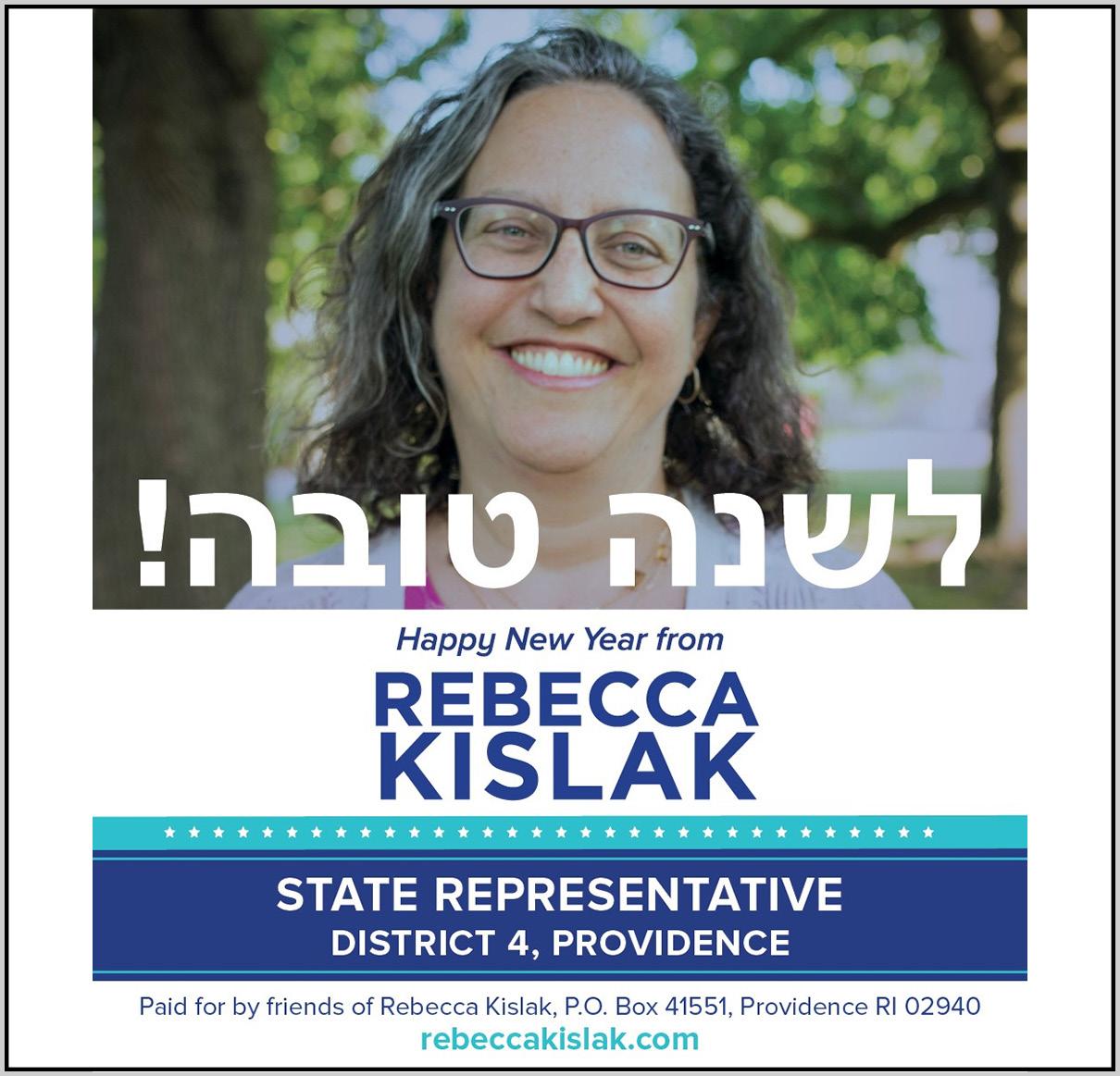
Temple Beth-El Kabbalat Shabbat Service. 5:45-6:30 p.m. 70 Orchard Ave., Providence. In person or via Zoom. Information, Joie Magnone at jmagnone@temple-beth-el.org or 401-331-6070, ext. 100.
Wednesday | September 6
Core Connects RI Virtual “Writing with the Parsha.” 12:30-2 p.m. Join Sherri Mandell and Elissa Felder on Zoom for last session of 4-part writing workshop based on lessons gleaned from the weekly Torah portion. Learn together, write together and, if comfortable, share writings with each other. Information, Elissa Felder at CoreConnectsRI@gmail.com.
Thursday | September 7
Temple Beth-El Social Justice Interest Event. 5-7 p.m. 70 Orchard Ave., Providence. Join the members of the Social Justice Initiative for a nosh and a project, and find out how you can get involved in tikkun olam with Temple Beth-El. Information, Joie Magnone at jmagnone@temple-beth-el.org or 401-331-6070, ext. 100.
Friday | September 8
Temple Beth-El Kabbalat Shabbat & Concert. 5:30-7 p.m. 70 Orchard Ave., Providence. Musical worship and concert experience with special guest Jacob’s Ladder. We will gather on the front lawn. Bring blankets for lawn sitting; chairs will be provided on the patio. Information, Joie Magnone at jmagnone@temple-beth-el.org or 401-331-6070, ext. 100.
Temple Torat Yisrael Virtual Kabbalat Shabbat Songs & Torah Services. 5:45-6:30 p.m. Lay-led services via Zoom. Information and Zoom link, Temple@toratyisrael. org.
Saturday | September 9
Temple Torat Yisrael Virtual & In-person Shabbat Services. 9:30-10:30 a.m. 1251 Middle Road, East Greenwich. Lay-led services both in person and via Zoom. Information, Temple@toratyisrael.org.
Sunday | September 10
Reverse Tashlich. 10:30 a.m.noon. Blackstone Park, Providence. Join Temple Beth-El and Congre-
gation Beth Sholom in partnership with Tikkun HaYam, Save the Bay and the Blackstone Parks Conservancy for a reverse tashlich program. Information, Rabbi Preston Neimeiser at rabbineimeiser@ temple-beth-el.org or 401-3316070, ext. 100.
JCDSRI 45th Anniversary Golden Heart Gala. 6 p.m. Roger Williams Park Casino, 1000 Elmwood Ave., Providence. Gala honoring the JCDSRI past presidents. Cocktails, food, live band, dancing and more. Cost: $180 | sponsorships available. Information, Meredith Friedman at mfriedman@ jcdsri.com.
Tuesday | September 19
Bystander Intervention Training. 6-7:30 p.m. Dwares JCC, 401 Elmgrove Ave., Providence. Play a positive role in creating safe public spaces when you see neighbors and community members facing bias, discrimination or harassment. Learn skills to better respond to these incidents and build a safer community. Casual Kosher dinner provided. Free. Information and registration, Napoleon Brito at nbrito@jewishallianceri.org.
Friday | September 22
Temple Torat Yisrael Virtual Kabbalat Shabbat Songs & Torah Services. 5:45-6:30 p.m. Lay-led services via Zoom. Information and Zoom link, Temple@toratyisrael. org.
Saturday | September 23
Temple Torat Yisrael Virtual & In-person Shabbat Services. 9:30-10:30 a.m. 1251 Middle Road, East Greenwich. Lay-led services both in person and via Zoom. Information, Temple@toratyisrael.org.
Friday | September 29
Temple Torat Yisrael Virtual Kabbalat Shabbat Songs & Torah Services. 5:45-6:30 p.m. Lay-led services via Zoom. Information and Zoom link, Temple@toratyisrael. org.
Saturday | September 30
Temple Torat Yisrael Virtual & In-person Shabbat Services. 9:30-10:30 a.m. 1251 Middle Road, East Greenwich. Lay-led services both in person and via Zoom. Information, Temple@toratyisrael.org.
This story originally appeared in The Nosher.
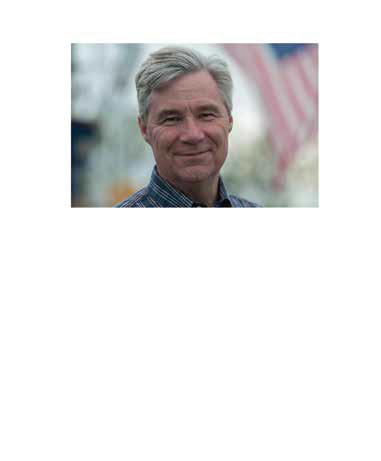
We grew up in Barcelona, Spain. Not exactly your typical Jewish upbringing, and while we loved the beautiful city, it could be difficult and isolating during the Jewish holidays. Nevertheless, we managed to form a tight-knit group each year with our aunt, uncle and cousins who enjoyed the festive Syrian-Lebanese style food our talented mother prepared for us.
INGREDIENTS
1 1/2 teaspoons salt
1 teaspoon sweet paprika
1/2 teaspoon turmeric
1/4 teaspoon cumin
1/8 teaspoon black pepper
4 tablespoons extra virgin olive oil divided, plus 1 teaspoon
2 medium onions, diced small
10 dried apricots, quartered
6 dried figs (we used Smyrna), quartered
1/4 cup dried cherries
1/4 cup pistachios or pumpkin seeds
1 cup long grain rice (we used Jasmine, but you can use Basmati or whatever you prefer)
1 cup water
1 1/2 teaspoons fresh lemon or orange zest
1 cup pomegranate seeds

Combine salt, sweet paprika, turmeric, cumin and black pepper in a small bowl. Set aside.
Heat 2 tablespoons of olive oil in a deep, nonstick skillet with a lid. Add rice and spices and stir well.
Cook over medium heat for about 3-4 minutes, stirring constantly and making sure the rice gets well coated with the oil and the spices.
Add 1 cup of water. Bring to a boil, cover and reduce heat to low. Cook for 20 minutes, remove from heat and let it sit for 15 minutes covered.
In the meantime, heat the
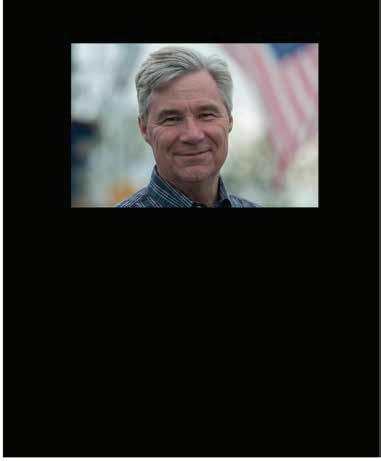
THE MAIN MEAL itself was amazing, but it was the symbolic foods we ate before the main meal that were our favorites. Our mom would make zucchini and spinach frittatas and cold leek soup, and we would enjoy sweet dates, apples with sugar, pomegranates with rose water and the head of a fish or lamb, a tradition for Sephardic families.
The Syrian Lebanese cooking we grew up eating didn’t usually include sweet flavors in savory dishes during the
remaining 2 tablespoons of olive oil in a nonstick skillet. Add onions and cook over medium heat for about 20 minutes stirring frequently, adding water 1 tablespoon at a time if necessary, to prevent from burning.
Transfer onions to a plate and in the same skillet, heat 1 teaspoon of olive oil. Add dried fruit and pistachios or pumpkin seeds and cook over medium low for 2-3 minutes, stirring frequently.
Once the rice is ready, fluff it with a fork, add onions, dried fruit, pistachios and lemon or orange zest and toss well.

Right before serving, sprinkle pomegranate seeds on the rice.
year. But for Rosh Hashanah, our mom would make an exception with her delicious sweet carrot and raisin rice. It was always a big hit, and we brought the recipe with us when we moved to the United States.
This year our parents will join us for the holidays and so we decided to change things up a little and make our mom
a surprise rice dish. The first night of Rosh Hashanah, we will make her traditional carrot and raisin rice. And the second night, we will serve this new sweet fragrant rice that includes some of our mom’s favorite spices and dried fruit. We think she will be proud of keeping the old traditions, and making some new ones as well.
When it comes to the rich tapestry of Jewish traditions, few things evoke a sense of warmth and togetherness quite like the celebration of Shabbat. Gathering with family and friends to welcome the day of rest, prayers and the sharing of a festive meal is an integral part of Jewish culture.
ONE DISH that has become synonymous with Shabbat, in addition to the Moroccan fish I wrote about earlier (look for the recipe at JewishRhody. com), is matbucha, a cooked Mediterranean salad.
Matbucha’s roots can be traced back to the Jewish communities of North Africa, particularly Morocco and Tunisia. The name matbucha is derived from the Arabic word “mtbukha,” which means “cooked salad.”
As Jewish communities migrated and dispersed throughout the world, this culinary delight found its way into Jewish homes in Israel and beyond.
In Israel during Shabbat dinner, there is often a variety of cooked salads, including hummus, tahini, baba ghanoush and egg salad. Matbucha is one of the most popular.
The dish is made from tomatoes and red bell peppers, and a medley of

herbs and spices. The simple combination of fresh vegetables, oil, garlic and a dash of spice gives matbucha its unique and enticing flavor profile.
The classic matbucha recipe calls for roasting the tomatoes and bell peppers, and takes around 2-3 hours to prepare. However, in my family, we skip the roasting step to make the dish as fast as possible – 45 minutes – and using only one pot.
Shabbat is often referred to as the “Sabbath Queen.”
The vibrant red color of matbucha symbolizes the regal presence of the Sabbath Queen at the Shabbat table. The spices reflect the richness and diversity of life, reminding us of the joys and challenges we encounter during the week. Shabbat offers a respite from the ordinary, allowing us to savor life’s blessings.
While matbucha can be enjoyed with various dishes, it has become an
essential accompaniment to the traditional Shabbat challah. The bread’s slightly sweet taste and soft texture makes it an ideal complement to the savory and tangy salad.
As you gather around the Shabbat table with your loved ones, let matbucha, hummus, matzah ball soup and challah be a reminder of the beauty of tradition, the joy of togetherness, and the richness of life’s flavors.
ELIHAY SKITAL is the Israeli shaliach (emissary) to the Rhode Island community. Watch Skital prepare matbucha at JewishRhody. com.
INGREDIENTS
10 large ripe peeled tomatoes, each cut into 4 pieces
1 large red bell pepper, sliced into small cubes
1 jalapeno, or other spicy pepper, sliced into thin circles, including seeds
1 medium head garlic, all the cloves minced
3/4 cup canola or vegetable oil
1 tablespoon paprika
1 teaspoon salt
1 teaspoon bouillon powder (optional)
1/2 teaspoon sugar (optional)

Peel the tomatoes, cut into 4 pieces, and put them in a large pot, leaving the seeds in. Remove the seeds from the
bell pepper, cut the pepper into small cubes and add to the pot.
Slice the jalapeno pepper into thin circles, including the seeds, and add to pot. Peel and mince the whole head of garlic and add to pot.
Add the oil, paprika, salt, soup bouillon and sugar, if desired, to the pot and turn the stove on to high heat.
Crush everything with a potato masher and mix frequently.
Continue to cook and mix until the mixture thickens, about 30 minutes. The matbucha is ready after all the liquid has evaporated.
If desired, you may remove some of the oil before serving with challah.
This story originally appeared in The Nosher.
RUFFLE MILK PIE is a Greek dessert made with a simple custard base and rose-like coils of phyllo dough. It’s a type of galatopita (Greek for pie made with milk) that is very similar to the Middle Eastern dessert muakacha (Arabic for wrinkle), which is also known as a crinkle cake.
Crinkle cakes had a viral TikTok moment last year, and it’s obvious why ruffle pies have become so popular: they’re easy to make and result in a gorgeous, golden brown dessert with crispy pastry ruffles and a tender bottom layer of sweet, custard-soaked dough.
With the addition of tart apples and floral honey, ruffle milk pie becomes a celebration of the flavors of fall and the High Holiday season.
INGREDIENTS
10 large sheets of phyllo dough (13-14”x18”), thawed
6 tablespoons butter, melted (or vegan butter)
2 large eggs
1½ cups whole milk (or creamy non-dairy milk)
¼ cup light or dark brown sugar
2 tablespoons sugar
2 teaspoons vanilla extract
½ teaspoon kosher salt
¼ teaspoon cinnamon
1 small apple or ½ medium apple, sliced very thin
¼ cup honey
¼ cup water
DIRECTIONS

Preheat the oven to 350 degrees F. Line and grease a 9” cake pan with parchment. Metal cake pans are best for this recipe, but you can also use a ceramic or glass deep dish pie pan, or a 9” springform pan.
Make sure that your phyllo dough is fully thawed according to the package instructions. Phyllo dough dries out very quickly, and in order to prevent that, lightly dampen a clean kitchen towel.
Unroll the dough, and lie it flat on a clean surface. Cover it with the damp towel to keep it from drying out. Take out one sheet of phyllo dough at a time, and keep the rest covered. Generously brush the sheet of phyllo with the melted butter. Scrunch the dough lengthwise on either side toward the center, so that the buttered phyllo sheet forms a long fan-like ruffle of dough.
Starting on one end, loosely spiral the dough into a coil; it will form a rose-like shape. Make sure not to coil the dough too tightly, you want ruffles and height in this pie. Place one spiral of dough into the center of the greased and
lined 9-inch pan.
Continue the process and make a total of 9 more spirals of phyllo dough, or 10 in total. If you’re using smaller sheets of phyllo dough, you may need to add a few additional pieces of dough to fill the pan. Arrange the coiled sheets of phyllo into the pan, and make sure not to flatten any of the dough, adjust to fill out the pan as needed. If you have any leftover melted butter, brush it over the top of the phyllo spirals.
Cut the apple on either side of the core, then thinly slice the apple into half-moon shapes, about 1/8-inch thick or less. Gently tuck in slices of apple between ruffles of phyllo dough. Make sure not to press down on the dough, and instead gently nestle in the apple. Use as much apple as desired, about 1 small apple, or half of a medium apple.
Bake for 20 minutes, the phyllo dough will start to just slightly brown on top.
While it is in the oven prepare the custard. In a bowl, whisk together the eggs, milk, brown sugar, sugar, vanilla, salt, and cinnamon.
Once the pie has baked for 20 minutes, pour the custard evenly over the phyllo spirals. Bake for another 25-30 minutes, or until the top is golden brown and puffed up, and the custard has fully set.

While the pie is baking with the custard, prepare a honey syrup by combining the honey and water in a small pot. Bring to a boil and simmer for 3-4 minutes, or until a syrup has formed and the mixture has slightly thickened.
While the pie is still hot, drizzle the honey syrup over it. Be careful to leave some golden brown ruffles
untouched by honey, so that they remain extra crispy. Allow the pie to cool for at least 30 minutes before serving. Pie is best served
at room temperature, and can be stored in the fridge for up to 3 days. If storing in the fridge, bring the pie up to room temperature before
serving, or reheat for 10-15 minutes, covered, at 350°F. Garnish with powdered sugar or whipped cream if desired.
Perhaps it’s unfair to compare the Getty Center and the Skirball Cultural Center, two museum complexes built a few decades ago and only a few miles apart in West Los Angeles. Both are breathtaking and merit numerous visits and discussions.
IS IT MERELY COINCIDENTAL that both complexes were designed by leading North American architects who happen to be Jews? The Skirball is a forum for the study and celebration of American Jewish life, so a Jewish architect would have been logical. But neither Richard Meier, who designed the Getty, nor Moshe Safdie, who designed the Skirball, has worked primarily for Jewish clients.
Perhaps even as late as the 1960s, few Jewish architects would have been considered for such
major commissions. But something extraordinary occurred during the “postmodern” era.
Perhaps this became particularly evident in Los Angeles, where a local Jewish architect, Frank Gehry, arose from relative obscurity to international prominence. Am I disappointed that he didn’t receive either the Getty or Skirball commissions? Frankly speaking, no, for I believe that Meier and Safdie are superior architects. Rather than celebrate iconoclasm, they
seek to design new icons of their own.


Perhaps my attraction to both the Getty and Skirball complexes revolves around some personal prejudices. During the early 1990s, as a project for the Frank Lloyd Wright Archives, I was privileged to interview many of America’s leading architects and a few others from abroad. Thus, I met with Meier at his Manhattan office and Safdie at his Massachusetts office. Unfortunately, Gehry couldn’t find the time or didn’t feel up to the challenge.
I have much enjoyed seeing many of Meier’s and Safdie’s best buildings in this country, Canada, Europe and Israel. Beginning with the home he built for himself in Santa Monica, California, in 1978, I’ve also seen many of Gehry’s structures. Surely his Guggenheim in Bilbao, Spain, is both the most alluring and alarming.
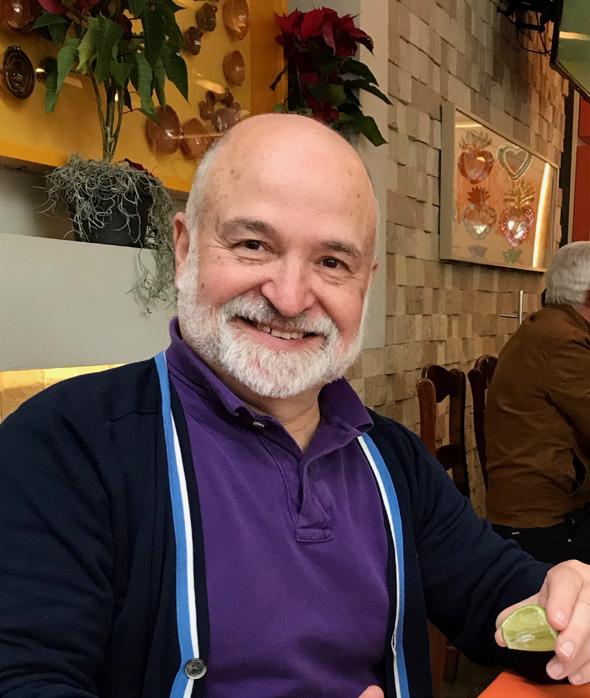
As a child, I visited the
original Getty Museum, a few galleries adjacent to the oil magnate’s home in Malibu, California. The fantastical Getty Villa, modeled after an ancient Roman estate in Herculaneum (destroyed by the eruption of Vesuvius) opened at this site, overlooking the Pacific, in 1974. (At the time, I was completing my doctoral dissertation about three other local art museums.) I still much enjoy visiting the Getty Villa, though it is in some sense a denial of, or an attack on, contemporary architecture.
Richard Meier’s equally fantastic Getty Center, which opened in 1998, enshrines an ever-expanding collection of Old Masters paintings, drawings, manuscripts, sculptures, decorative arts and photographs, as well as an extraordinary research center. I felt quite privileged in 1997 to receive a Getty fellowship to study its Wright collection on
microfilm, even before the center moved from a Santa Monica office building to its own Mount Olympus.
I have visited the Getty Center 36 times, most recently in June. As much as I enjoy its stunning collection, I feel exhilarated by Meier’s architecture. The views across the Los Angeles basin are panoramic, but each of the center’s freestanding buildings is a virtuoso celebration of interior and exterior space. The campus is as dramatic as any belonging to an American college or university.
Clearly, Meier was given not only an extraordinary budget, but a mandate: build something spectacular not only for the coming decades but, possibly, for the ages.
Amid such architectural pyrotechnics, do I have a favorite structure? Possibly the entry rotunda. Though nearly devoid of objects, it provides a sublime sym-
CONTINUED ON PAGE 15

WE GOT DOWN to our wee place in Middlebridge, in South Kingstown, a bit late this season, but I am making the most of these weeks before Labor Day.
I seek out my neighborhood cohorts of summers past. We meet over coffee in the mall.
But so far the happiest happening has been the visit of my son, who sent me to David Goldin’s pool overlooking the beauty of Narragansett Bay, with its view of sailboats and, in the evenings, gulls taking advantage of the schools of fish under the moonlight.
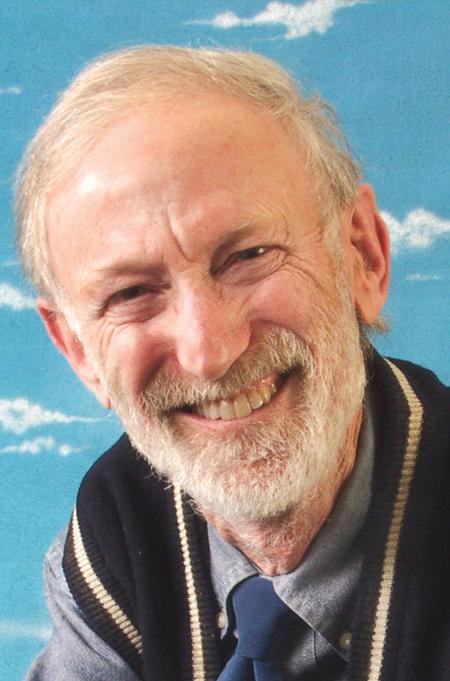
I muse on the meanings of these scenes. No, nature is not exactly peaceful or serene. Everything, to succeed, must seek its prey, defend its territory, escape from its foes. Only in Disney distractions is the wilderness a friendly society of wildlife.
In fact, to succeed, each species actually must have its “enemies,” to keep its population in balance with its food sources.
My son, Reuben, joins me in this interest. He is fascinated by the raccoon that dwells in his trash can, where it vies with a squirrel
that also has claims on this source of nourishment.
Here in Middlebridge, we have herds of deer – elegant, charming creatures that visit little yards, usually at twilight, when their quiet elegance elevates the end of a day seeking a cove, a beach, a pool, to refresh a driver of automobiles on those cruel and crude highways we seem to require.

I like to thank the handymen (handypersons) who can fix things, deliver, advise, in the spirit of Labor Day – and I like to rediscover the wealth of the wilderness even as it is threatened by destructive and demanding developers.



Aish.com has a fascinating article by Rabbi Asher Resnick, titled “The Meaning of Rosh Hashanah: An In-Depth Analysis,” with the subtitle, “Exploring the philosophical underpinnings of this misunderstood holiday.”
THE WHOLE ARTICLE is a thought-provoking and inspiring read, but one paragraph in particular resonated with me:
“… the judgment of Rosh Hashanah is a judgment on our free will, or in other words, on the choices and values that we express on the day of Rosh Hashanah itself.
Since the new year is a completely blank slate for every one of us, God presents all of us with the opportunity to set up what-
ever values and parameters we would like to govern our brand new year. And then God gives us the type of year that we ourselves actually chose. In other words, God gives us for this coming year as much as we want to do, not as much as we have done.”
High Holidays.”
As explained at www. doyou10q.com, “10Q was inspired by the traditional ten days of reflection that occur between the Jewish holidays of Rosh Hashanah and Yom Kippur, a period of time that’s long been considered an opportunity to look at where you’re at, where you’ve come from, and where you’re heading.”
Here is the first reflection/question from last year’s 10Q: “Describe a significant experience that has happened in the past year. How did it affect you? Are you grateful? Relieved? Resentful? Inspired?”
his article.
Resnick concludes, “One of the biggest mistakes we all make is to allow our past to govern and determine our future. The defining quality of our free will, which is really what defines us as human beings, is that it is free and unencumbered. And it is the past, perhaps more than anything else, which is specifically what it is free of.
want to go with our lives. This should give us the ability not only to fix up the damage from our past mistakes, but also to allow us to live an upcoming year which is truly new, not only in name but in reality.”
Shana Tova um’tukah! Have a good, sweet new year!
PATRICIA RASKIN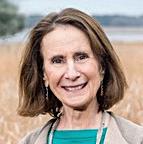
Each year at Rosh Hashanah, I look forward to receiving 10Q, a project of Reboot, a Jewish arts and culture nonprofit, “to Reboot your
What I like most is that 10Q stores your answers from the previous year until the current Holy Holy Days, when you can see what you wrote. Looking at my previous year’s answers helps me to keep moving forward and really illustrates what Rabbi Resnick addresses in
“While, as this expression itself spells out (and as Judaism would certainly agree), this is an obviously relevant consciousness for one to have the entire year, Rosh Hashanah is the time which is most ideal for its implementation.

“At least once a year, at its very beginning, we must take the time to think, not about what we have already done, but rather what we want to do; not about where we have already been but, instead, where we really
PATRICIA RASKIN , owner of Raskin Resources Productions, is an awardwinning radio producer, business owner and leader. She is on the board of directors of Temple Emanu-El, in Providence, and is a recipient of the Providence Business News 2020 Leaders and Achievers award. Her “Positive Aging with Patricia Raskin” podcast is broadcast on the Rhode Island PBS website, ripbs.org/positiveaging.
Wishing you and your family a year of sweet blessings filled with abundant joy, peace, and happiness.
On behalf of the board and staff at the Jewish Alliance, we wish you a happy and healthy 5784!
 Harris Chorney Board Chair Adam Greenman President & CEO
Harris Chorney Board Chair Adam Greenman President & CEO

Reverse Tashlich Program: Sunday, Sept 10, 10:30 a.m.
Rosh Hashanah Evening: Friday, Sept 15, 8 p.m.
Rosh Hashanah Morning: Saturday, Sept 16, 10 a.m.
Rosh Hashanah Teen Service: Saturday, Sept 16, 3 p.m.
Rosh Hashanah Children’s Service followed by Family Reception: Saturday, Sept 16, 3 p.m.
Community Tashlich: Saturday, Sept 16, 4:30 p.m.
Rosh Hashanah Second Day: Sunday, Sept 17, 10:30 p.m.
Rosh Hashanah Luncheon: Sunday, Sept 17, 12 p.m.

Cemetery Pilgrimage: Sunday, Sept 24, 10 a.m.
Rabbi SARAH E. MACK Assistant Rabbi PRESTON D. NEIMEISERKol Nidre: Sunday, Sept 24, 8 p.m.
Yom Kippur Morning followed by Musical Interlude: Monday, Sept 25, 10 a.m.
Yom Kippur Torah Study: Monday, Sept 25 , 2 p.m.

Yom Kippur Teen Service: Monday, Sept 25 , 2 p.m.
Yom Kippur Children’s Service: Monday, Sept 25 , 2 p.m.
Yom Kippur Afternoon Service: Monday, Sept 25 , 3 p.m.
Yizkor/Concluding Service: Monday, Sept 25 , 4:30 p.m.
Break the Fast: Monday, Sept 25 , 6:30 p.m.
Idid something this summer that I hadn’t done in four years: I took an honest-to-goodness vacation out of town.
IN FACT, MY WIFE , Lynne, and I not only left the state and region, but we traveled out of the country – to southern Ontario, in Canada, to visit relatives whom we hadn’t seen in more than a decade. We had been mulling taking a trip there years ago, but the COVID-19 pandemic quashed those plans.
Now, more than three years after COVID-19 forever changed the way we look at life, we finally felt comfortable enough to visit my relatives, including my uncle and aunt, both of whom are 92.
Marcia and Harold are both in relatively good health, and my uncle still drives and works in the family’s clothing store, which my cousin Dave now runs. They live in St. Catharines, Ontario, a short drive from Niagara Falls.
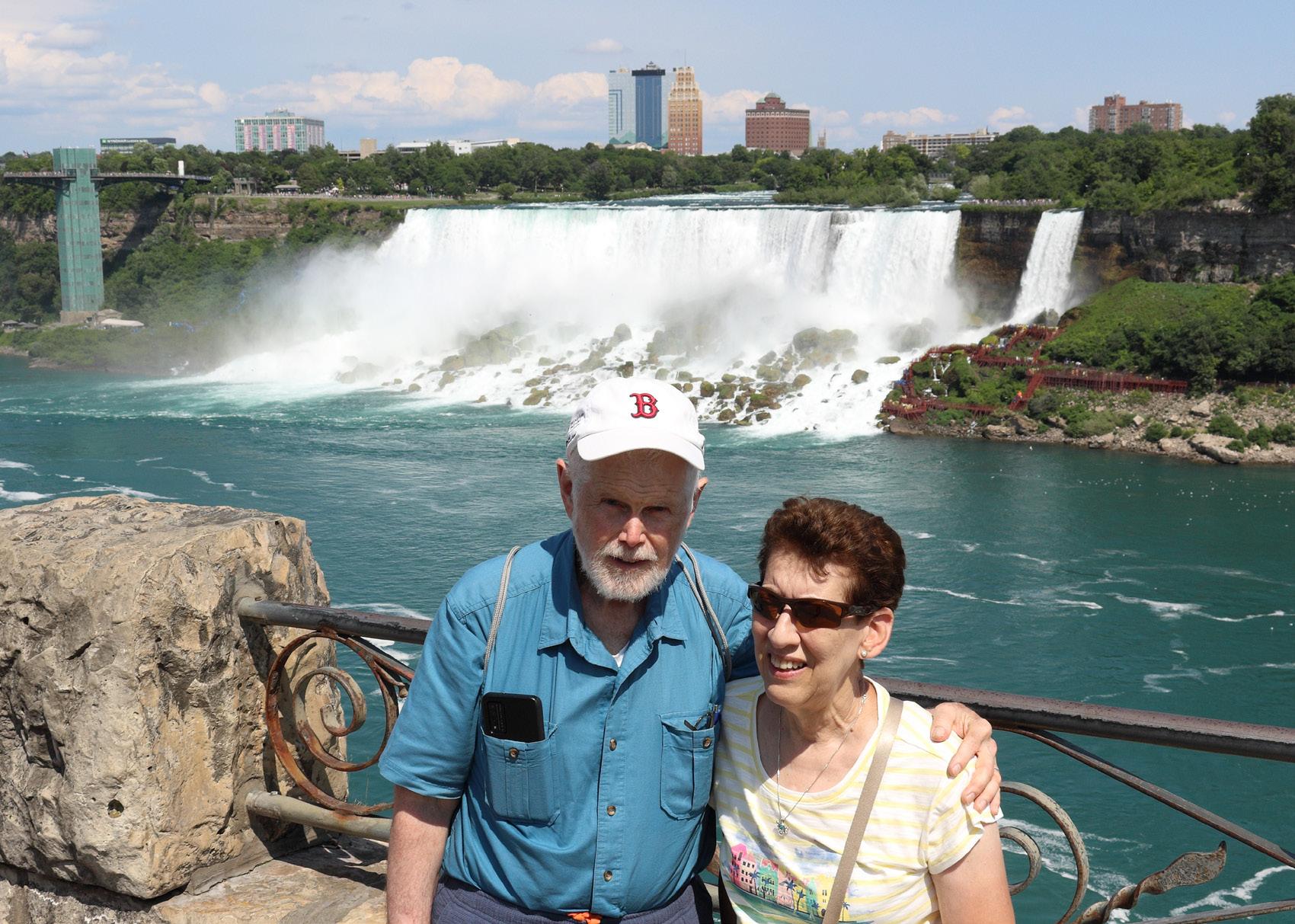
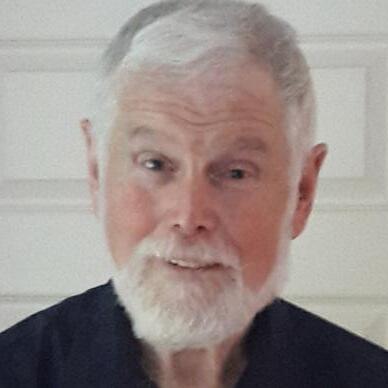
During our journey, we stopped overnight in Utica, New York, about the halfway point, and then spent a little
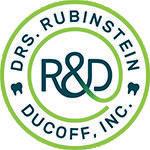
more than three days visiting my relatives.
My aunt is my mother’s youngest sibling, and while I was growing up in the Dorchester and Mattapan sections of Boston, she and my uncle and their sons used to visit us most summers. While visiting, my cousins became diehard Red Sox fans (there was no Major League Baseball team in Toronto in the ’60s), and my father, Ike, would buy tickets for us to a few Sox games at Fenway Park.
Those games were always one of the highlights of their trips, and one of the most memorable ones occurred on Aug. 18, 1967, a balmy Friday night during the unforgettable Impossible Dream season, when the Vegas odds’ 100-1 Red Sox won the American League pennant in dramatic fashion (that was back in the days before the MLB instituted post-season playoffs).
This particular game was a key matchup against the California Angels (now called the Los Angeles Angels, even though they play in Anaheim). We were sitting in the first-
base grandstand when a fastball slammed into the left cheekbone of Red Sox superstar and teen idol Tony Conigliaro, the right fielder who was known as “Tony C.”
I can still hear the thud when Angels pitcher Jack Hamilton’s ball smashed into Tony C’s helmet and sent him sprawling on the ground in the bottom of the fourth inning. The Sox won that game, but when the picture of Tony C in his hospital bed with his black eye was splashed across the front pages of Boston’s newspapers on Saturday morning, it was clear that not only was Conigliaro done for the year, but his professional future was in jeopardy.
Fifty-six years later, my cousins are parents, and one, Dave, is a grandparent, which gave us another good reason to visit this year. His grandson, River, is a cute 18 month old, and we cemented his Red Sox fan status by giving him a Sox cap.
Besides visiting my relatives, we also met up with an old friend who lives in Toronto. We were grateful that Howard agreed to take the bus from Toronto to St. Catharines because we were told that the commute by car to Ontario’s capital city, which used to be about an hour, is now closer to two. We met him on a Friday, and we then did the only true tourist thing of the trip, driving to Niagara Falls,
where we strolled along the scenic overlook and took some spectacular photos.
During our two hours at the falls, I kept thinking that it wasn’t too long ago that I wondered if I’d ever be able to travel again to a popular tourist spot, due to the pandemic and its aftermath. But there we were, walking around – and, for perhaps the first time, the pandemic seemed like a distant memory. We dined at restaurants without wearing masks or social distancing, and it was a most joyous vacation.
Now, with fall and winter on the horizon, I’m hoping that the country doesn’t get complacent and that the government fast-tracks a new round of COVID-19 vaccines. I hope those latest shots will be ready for distribution by the fall, because we can’t afford to repeat the pandemic’s hellish days.
The pandemic brought us Zoom, but little else that was positive. Those dark times took years off everyone’s lives, killed more than 1.1 million Americans (to date) and wreaked havoc on many aspects of our lives, including:
Exacerbating the mental health of people of all ages, especially teens and young adults.
Forcing students to learn remotely, which irreparably harmed them and set back learning in the United
States for years. Harming the economic viability of downtowns, which led to the closing of hundreds of restaurants and businesses.
Sending rents in cities and towns to ludicrously high levels that few people can afford.

Turning millions of Americans into selfish people who forgot how to get along with others and who lack either empathy or tolerance for anyone with different views or beliefs.
Pushing our politics, already on a downhill spiral, irrevocably out of control and perhaps forever blurring the lines between truth and fiction.
Emboldening millions to embrace hate of all kinds toward minorities, with the result that Blacks, Jews, Asians, Hispanics, Muslims and the LGBTQ+ community have been increasingly targeted by hate speech and violence just because of who they are.
So, while I felt blessed to be able to take a normal vacation again, I still worry for the country’s future.
CONTINUED FROM PAGE 10
phonic fanfare.
Surprisingly, some of my favorite Meier buildings are relatively small. These structures, built relatively early in his career, include the Visitors’ Center in New Harmony, Indiana, and the Hartford Seminary, in Connecticut. He accepted a Vatican commission for a church on the outskirts of Rome, but has never designed a synagogue.
Moshe Safdie, an Israeli educated in Canada, achieved renown at the very beginning of his career for his design of Habitat ’67, an astonishing housing complex built for Montreal’s World Exposition. Yet, even after obtaining a professorship at Harvard, it took several more decades for his reputation to soar.
He has built an amazing variety of museums, libraries, concert halls and high-rises in numerous countries, both free and totalitarian, and he has also been attracted to houses of worship. Indeed, Rosovsky Hall, better known as Harvard Hillel, is located
near his office in Somerville, Massachusetts.
In 1976, Safdie began designing a new campus for Hebrew Union College, the Reform seminary, in Jerusalem. This commission led to the Skirball center, which was intended as a satellite of HUC’s Los Angeles campus but morphed into something far more ambitious and costly. By the way, Jack Skirball, a rabbinic alumnus, became a highly successful businessman.
Compared to Meier’s vast, daring and perhaps acrobatic Getty Center, Safdie’s Skirball Cultural Center may seem timid. How could it not? But this impression is also somewhat illusory, for the Skirball complex is both understated and stately. Its numerous galleries, auditoriums and classrooms graciously welcome visitors. The flowing outdoor spaces, embellished by ponds and fountains, can also easily accommodate weddings and other milestone events.
On trips home to Los Angeles, I have visited the Skirball more than a dozen times. My mother, Madeline,
donated her mother’s 1920 wedding gown, which was displayed in a 2001 exhibition of such costumes and regalia. A year later, a wonderful exhibition featured Myer Myers, the leading Colonial American Jewish silversmith.
On my most recent visit to the Skirball, only a day after exploring the Getty Center, I enjoyed Safdie’s architecture more than ever. I had planned to focus on a temporary exhibition, but on a stunning Shabbat morn, I became transfixed by the center’s buildings and grounds. The quiet hillside landscape now seemed so much fuller and grander, resulting in a joyous mar riage of natural and human forms. One realm seemed to thrive through the generos ity of the other.
I’m quite eager to visit Safdie’s Crystal Bridges Museum, in Bentonville, Arkansas, where the mar riage of art and nature was partially inspired by the Skirball.
While in Arkansas, I also intend to experience some masterpieces of church
architecture designed by Faye Jones, the late Arkansan and Wright disciple, who sought to delicately balance originality and tradition.
As I’ve said many times, I think that the late Pietro Belluschi achieved a noble synthesis decades ago through his brilliant design of Portsmouth Abbey. If
you’re unfamiliar with this gorgeous church and campus, please take a look.
GEORGE M. GOODWIN , of Providence, is the editor of Rhode Island Jewish Historical Notes.
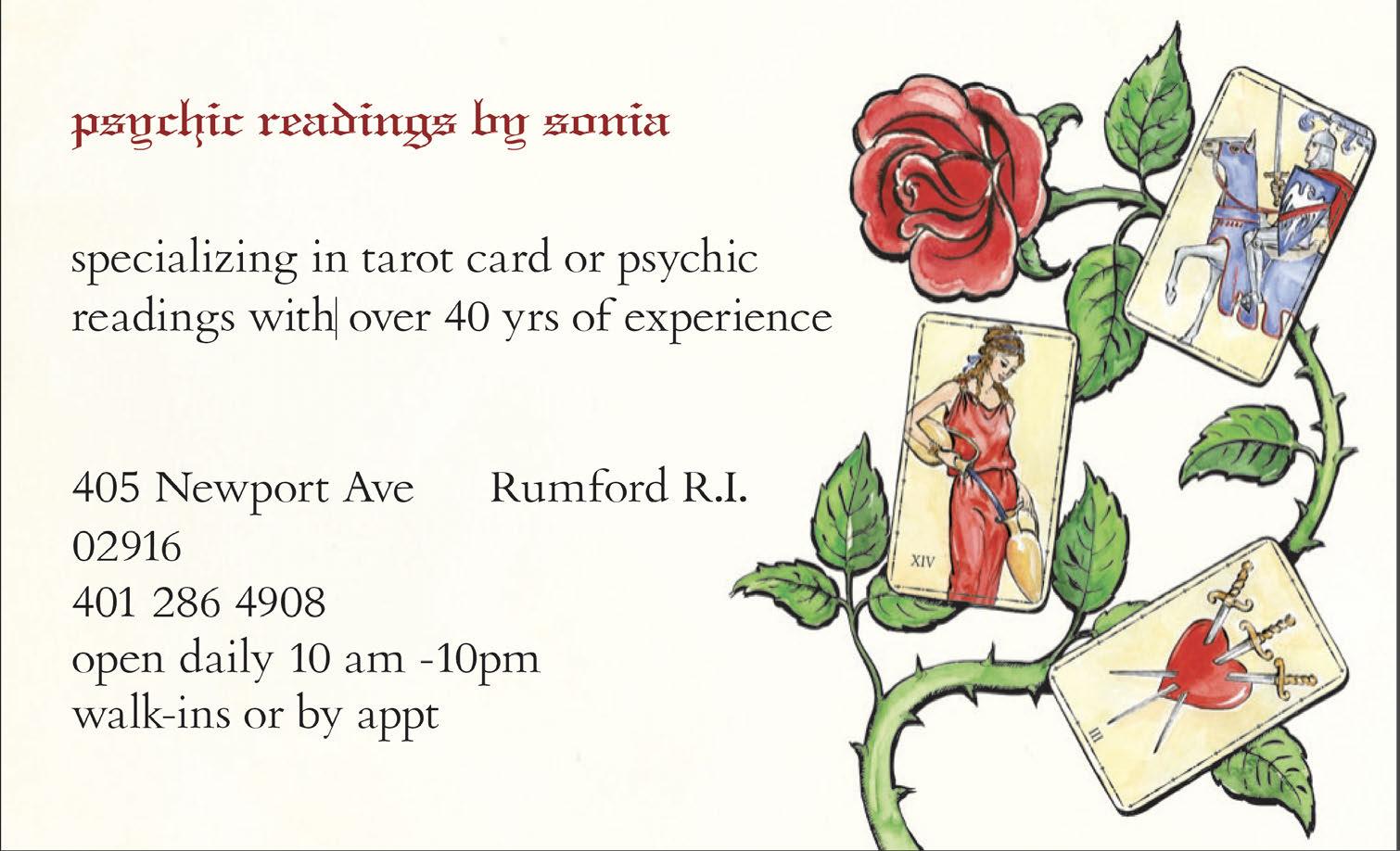
Specializing in tarot card or psychic readings with over 40 yrs of experience.
405 Newport Ave Rumford, R.I. 401-286-4908
open daily 10am–10pm walk-ins or by appt

This story originally appeared on Kveller.
The Jewish New Year, Rosh Hashanah, is nearly here. I can tell this coming year is going to be a good one — the bar is already so low, we can only go up from here!
ROSH HASHANAH, or “Head of the Year” is observed this year from sundown on Sept. 15 through Sept. 17.
Rosh Hashanah celebrates the beginning of the next year on the Hebrew lunar calendar and is a time of great reflection, repentance and, of course, guilt. In honor of this very important Jewish holiday, we eat special foods, don white attire, hear the shofar, attend or stream services, give tzedakah, and, in my family, at least, make brisket and tzimmes (though I personally skip the tzimmes). Perhaps most importantly, we contemplate how we can improve our actions in the coming year. With all of the food, remorse, praying and thinking, Rosh Hasha-
nah is the classic Jewish holiday. So, take a break from your apple stamping project and enjoy these fun facts that are sure to make your Rosh Hashanah a blast:
5784!
Wait, according to this date system, does that make me younger? The year 5784 counts the years since God created the world, as described in the very first portion of the Torah, Genesis Chapter 1. Just how did we arrive at
May it be Your will, G-d of our ancestors, that You grant my family and all Israel a good and long life. Remember us with blessings and kindness. Fill our homes with your Divine Presence. Give me the opportunity to raise my children and grandchildren to be truly wise, lovers of G-d, people of truth, who illuminate the world with Torah, good deeds and the work of the Creator. Please hear my prayer at this time. Regard me as a worthy descendent of Sarah, Rebecca, Rachel and Leah, our mothers, and let my candles burn and never be extinguished. Let the light of your face shine upon us, and bring true peace to Israel and the world.
BO-RUCH A-TOH ADO-NOI E-LO-HEI-NU ME-LECH
HO-OLOM A-SHER KI-DE-SHA-NU BE-MITZ-VO-SOV
VI-TZI-VO-NU LE-HAD-LIK-NER SHEL SHA-BOS
KO-DESH
Blessed are You, G-d our Lord, King of the universe, who has hallowed us through His commandments, and has commanded us to kindle the lights of the holy Shabbos
CAUTION FOR FRIDAYS:
DO NOT light candles after sunset so as not to desecrate the Shabbos. It is forbidden to light candles after sunset.
Come to a “FRIDAY NIGHT LIVE”
Shabbat Dinner at the Chabad House Jewish Hospitality Center 360-362 Hope St. Providence, RI 02906 Call: 273-7238
BLESSINGS FOR HOLIDAYS
Select the proper ending for the appropriate Yom Tov:
BORUCH ATO ADO-NOY ELO-HAY-NU MELECH
HO-OLOM A-SHER KID-SHONU B’MITZ-VO-SOV
V-TZI-VONU L’HAD-LIK NER SHEL (on Friday add — SHA-BOS V-SHEL) Pesach, Shavuot and Succot – Yom Tov Rosh Hashanah – Yom-Ha-zi-Koron Yom Kippur – Yom Ha-Kippurim
Add this blessing following each of the above blessings except for the last holidays of Pesach.
BORUCH ATO ADO-NOY ELO-HAY-NU MELECH
HO-OLOM SHE-HEH-CHE-YONU V’KEE-MONU V’HEEGEE-ONU LEEZ-MAN HA-ZEH
Special instructions for holidays (but not on Shabbat)
It is forbidden to create a new fire by striking a match, lighter, etc., However, it is permissable to use a flame already burning since before the inception of the holiday, such as a pilot light, gas or candle flame.
Candle lighting time for the second night of the Holiday is usually about one hour after the candle lighting time of the previous night.
Times listed are for Providence, Rhode Island. Other areas around the region may vary by a few minutes.
this number? Many estimates were suggested by scholars, although Rabbi Yossi Ben Halafta’s calculation (which he made around 165 CE in Israel) became the most widely accepted. Through careful study of the Hebrew Bible, with special emphasis on the dating of biblical figures’ lifetimes and kings’ reigns, the established date of 70 CE (the destruction of the Second Temple) was used as the end point, and counting started backward from there. Rabbi Yossi Ben Halafta established that God created the world on Monday, Oct. 7, 3761 BCE. (using Gregorian calendar terms). And now it’s math time: 3761+2023=5784!
It’s true: This major Jewish holiday is not mentioned by name in the Torah! Instead, it is referred to as Yom Teruah (Day of Sounding the Shofar) and Yom HaZikaron (Day of Remembering). The holiday becomes identified as “Rosh Hashanah” during the 1st century CE in Mishnah Rosh Hashanah 1.1.
Like so many Jewish holidays and traditions, there are several and conflicting theories as to how Rosh Hashanah evolved and how we came to celebrate the new year in the seventh month on the Hebrew calendar. Among the numerous interpretations, I wish to share my favorite: In the 13th century, Sephardic sage and rabbi Nachmonidies equated the counting from the months of Nissan (the first month of the Hebrew calendar) to Tishrei (the seventh) to be the same relationship as the first day of the week (Yom Rishon,
which literally means “the first day”) with Shabbat (the seventh day). The number seven in Judaism holds sacred significance. It is associated with God’s six days of creation (special, but not super special) to the seventh day of rest, Shabbat (super special!). Counting seven months from the time of our Exodus from Egypt – which, you guessed it, happened in the month of Nissan – emphasizes the holiness of the seventh month of Tishrei, and is therefore the perfect excuse for a new year celebration.
As the song goes: Wherever you go… not only will you find someone Jewish, you will also celebrate Rosh Hashanah for two days. That’s true whether you’re in Israel or elsewhere! This is in contrast to other important biblical festivals, such as Sukkot, Passover and Shavuot, which are observed for an extra day in the diaspora (outside of Israel) – just to be sure the correct day is commemorated. (Why? Nearly 2,000 years ago, holiday start times were determined by moon-witness testimony, and then word was dispersed by foot. Extending the holiday by one day compensated for inevitable delays.)
Now, I know what you’re thinking: Why is Rosh Hashanah celebrated for two days even in Israel? Maimonides, 12th-century scholar and philosopher, explains that it is the only Jewish holiday that begins on the first day of a new month, and therefore, witnesses were not permitted to travel to alert their communities on the sighting of a new moon. To enable complete worship, two days were established and came to be known as yoma arichta, “a long day” lasting 48 hours. Ask any Rosh Hashanah host at the end of the second day, and I believe you’ll find that “yoma arichta” is the perfect description!
HIGH HOLY DAYS

This story originally appeared on Kveller.
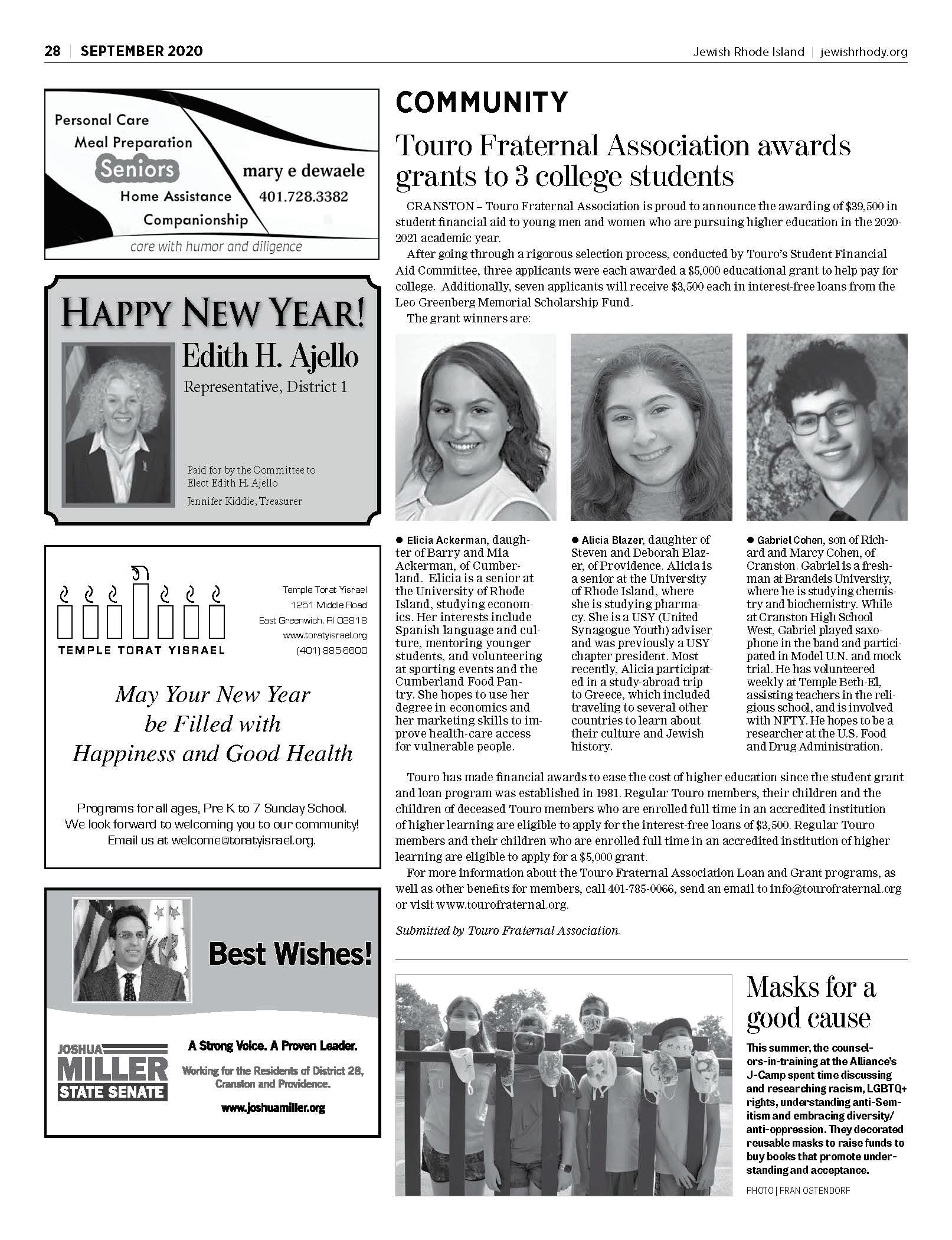
“Don’t you dare,” I said, just milliseconds before a red matchbox car came catapulting toward my head. I scowled at my 2-year-old and gave him a stern finger-waggle. Without hesitating, he trotted over, touched my arm gently and said, “Sorry.”
I SHOULD HAVE been pleased, right? But my toddler’s saccharine “sorry” (pronounced “sowwy”) was devoid of remorse. Were he capable of a genuine apology, he probably wouldn’t have thrown the stupid car at me in the first place. I should add that a few minutes later, he launched a yellow matchbox car at my head.
With the approach of Yom Kippur, I find myself pondering that word, “sorry.” As both a Jew and a Canadian, I admit it’s one of the most heavily used words in my lexicon. But what purpose does it really serve? Is it a true expression of remorse?

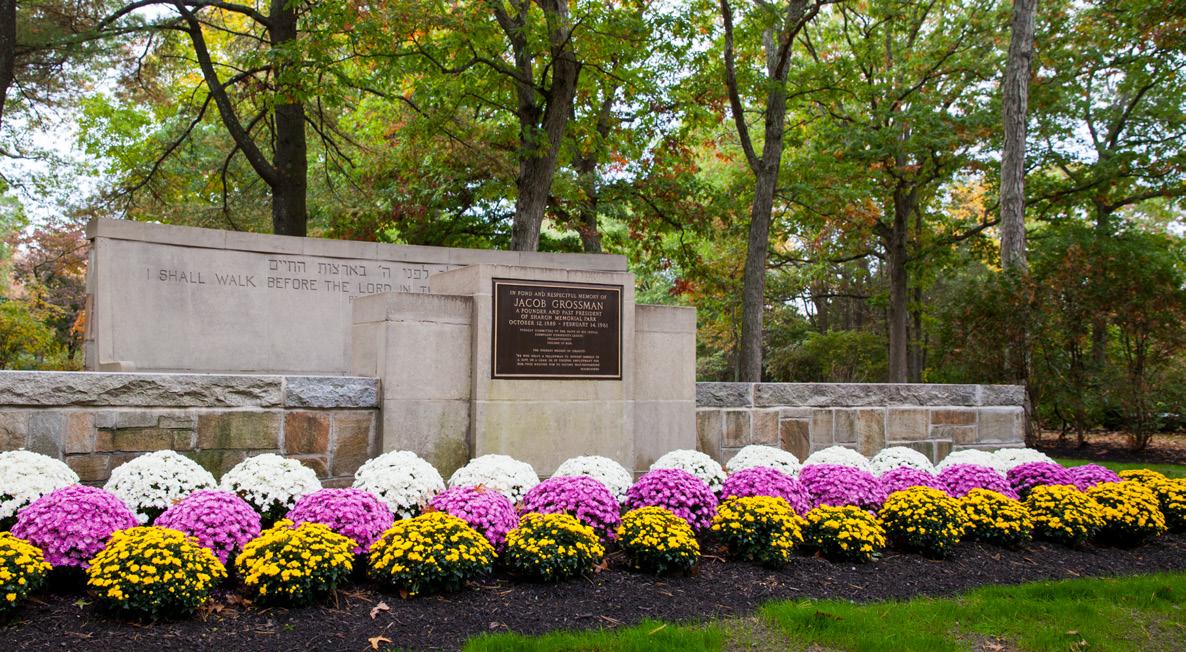
An attempt to get off the hook quickly? A way to avoid confrontation? (We Canadians are particularly adept at the latter kind of “sorry.”)
Every year on the eve of Yom Kippur, my parents and siblings call one another to make amends for the past year’s transgressions. I always considered this an enlightened tradition, until my husband asked me why we always rehearse the same script, something about “sorry for anything bad I’ve done.” Talk about a catchall apology. “It’s sort of formulaic,” he pointed out. “Do you ever apologize for anything specific?” I must admit, he has a point. When we make this round of phone calls, are we truly atoning for wrongdoing, or just trying to check teshuva, the cycle of repentance and forgiveness, off the to-do list?
As you may have guessed, my husband has a hard time saying “sorry.” The reason is in part cultural: born and raised in Germany, he bristles at Canadian niceties and understands guilt as an almost unbearable burden carried on the national level,
not as that slightly awkward feeling you get when your great aunt asks why you don’t want a second slice of her kugel. But saying sorry is also difficult for him because sincere apologies should be difficult. They emerge from an onerous process of self-reflection, acknowledgement of failure and heartfelt contrition.
Parenting guru Janet Lansbury sees “sorry” as one of the most difficult things children learn to say because it requires a high level of humility and vulnerability. It’s also loaded with parental expectations.
I don’t know any parent who hasn’t asked, cajoled or even forced their child to apologize to the kid whose Lego they swiped or shin they kicked, only to have their child clam up or, even worse, completely fall apart.
According to Lansbury, such moments are fueled by our own embarrassment and need to save face among other parents, as opposed to a desire to guide our kids. Without the time required to process their actions, saying “sorry” strikes the child as false, says Lansbury, “and faking emotion does not come naturally to a child.”
If we want our child to issue an honest apology, we need to give them time, and, most importantly, we need to model empathy and remorse.
If we trust our children as we should, suggests Lansbury, they will learn to apologize in their own time. And when they do, they will mean it. “By trusting our children to develop authentic social responses, we give them the self-confidence to be the sensitive and deeply caring human beings we hope they will become.”
If we show them this level
of compassion, they will undoubtedly return the favor, for what children do more naturally than apolo gize is forgive.
Lansbury’s take on apol ogies dovetails with that of the late Rabbi Jonathan Sacks, who saw repentance and forgiveness, the essen tial ingredients of the Jew ish day of atonement, as “the two great gifts of human freedom.” Both are a matter of choice, Sacks insisted, which means they can’t be forced.
Following anthropolo gist Ruth Benedict, Sacks distinguished between “shame culture” and “guilt culture,” and ascribed the latter to monotheistic religions like Judaism. Both shame cultures and guilt cultures instruct people how they ought to behave, but they operate very differently. Shame cultures emphasize what others think of you; the motivation for repentance is purely external, fueled by the pressure to avoid public shunning (or “cancel cul ture,” in today’s parlance). Guilt cultures, by contrast, are fueled by individual conscience, the “inner conversation with the bet ter angels of our nature.” According to Sacks, guilt serves an indispensable purpose; we must feel guilty to begin to make amends and repair the damage we have done. Yom Kippur provides the time needed to undertake this hefty task. It is not a day for rehearsed apologies but for honest soul-searching. It turns out the rabbis and parenting experts have much in common. Both focus on opportunities to cultivate personal responsibility, kindness and empathy. The beauty of Yom Kippur is that nobody is exempt. This is precisely the lesson I’ve decided to impart this year. Rather than coerce my kids to say “sorry” out of an abundance of shame or discomfort, I want to show them that even I must consciously devote time every year to this important — albeit uncomfortable
unday September 24, 2023 10:00 am (r
CONTINUED FROM PAGE 16
Because Rosh Hashanah is a rather serious holiday filled with introspection, repentance and self-improvement, our traditional foods symbolize those themes as well. In Ashkenazi tradition, apples are dipped in honey for the
delight in literal sugary sweetness and the hope for a fulfilling year ahead. But that’s hardly the only traditional Rosh Hashanah food: There’s also round challah, as opposed to braided challah, which represents the yearly cycle and God’s crown or majesty. Fish heads are traditional in Sephardi Rosh Hashanah feasts – “better the head than the tail” is what I was always taught! (“Rosh” is also the Hebrew word for “head,” and therefore, there is a literal connection to beginnings.) Pomegranates are in season during this time in Israel, and are another traditional Rosh Hashanah treat. They were once thought to contain 613 seeds, the same number of mitzvot (commandments) in the Torah.
It is a custom to abstain from eating nuts during Rosh Hashanah for a couple of reasons. According to the Shulchan Aruch, one of the most consulted Jewish law
September 1, 2023 – High Holy Days
Deadline - August 21, 2023


Submitted - August 10, 2023
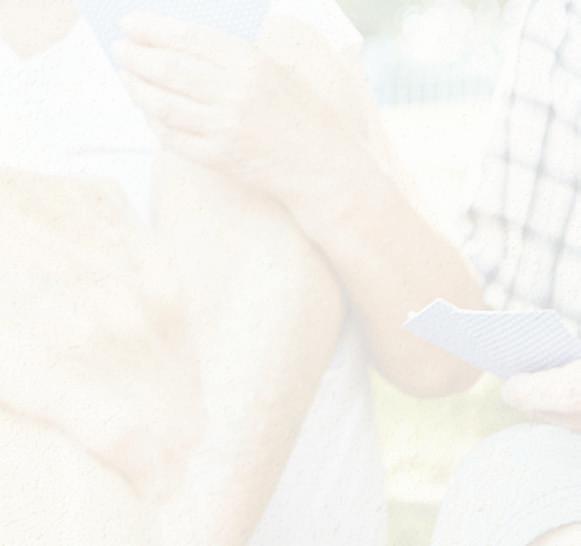
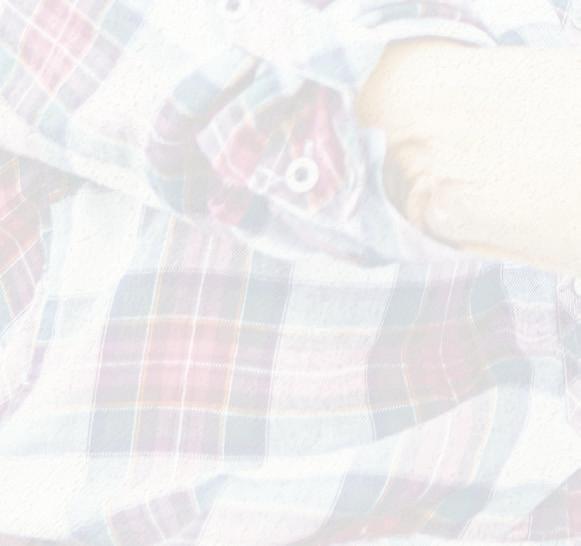
books written by Joseph Caro in the 16th century, nuts not only increase the production of saliva and phlegm in our mouths (a lovely thought) but could perhaps hurt our pronunciation of words recited during services. As any young Jewish child knows, services are already extremely long on Rosh Hashanah, therefore, anything that hinders our ability to pray should be avoided!
size, color and shape. It also takes a skilled musician to make a decent sound – trust me, I’m not one of them!
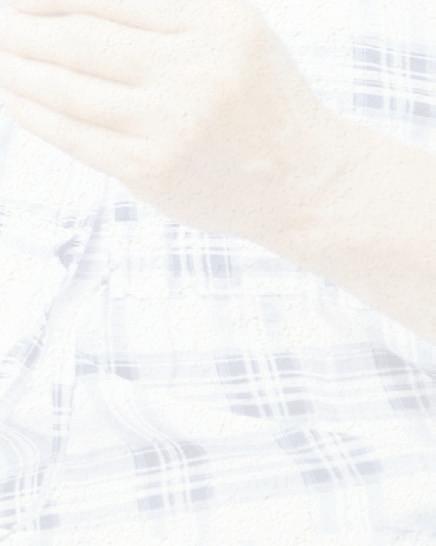
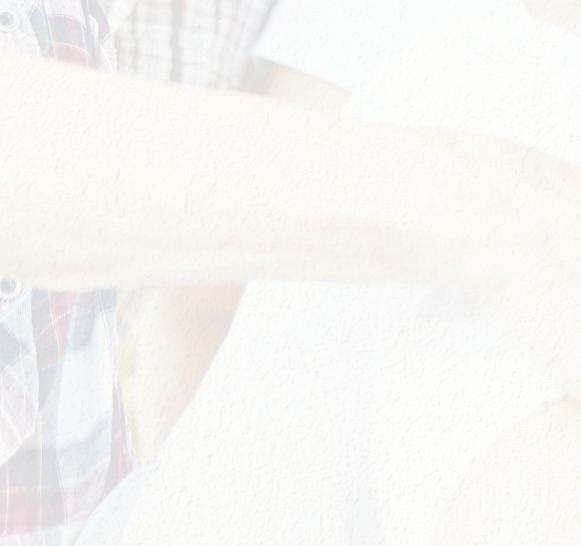
The shofar is an ancient instrument of communication (figure our modern TV or cell phone alert) and had a multitude of purposes: to declare battle, welcome Shabbat and a New Moon, announce the reign of a new king and so on. Nowadays, one can hear the shofar blown after morning services every day (excluding Shabbat) in the month of Elul, the month preceding Rosh Hashanah – except for the last day, the day before Rosh Hashanah.
the instrument itself! The Talmud explains that it was not the actual sounding of the shofar that was forbidden, but the worry of an inadequate shofar blower carrying their shofar to an experienced shofar blower for help and training on Shabbat that was prohibited. If that is not the most Jewish reason for anything, I don’t know what is!
Wishing you and your family the most healthy, happy, fulfilling new year ahead with blessings abound, Shanah Tovah!
You heard me! As mentioned previously, one of Rosh Hashanah’s Biblical names was “Day of Sounding the Shofar,” and only two details are included in its observance as written in the Torah: to hear the shofar and to abstain from work. Shofars are horns taken from kosher animals and can vary greatly in
The unique sound of the shofar reminds us of an alarm, a reflective wake up call. Maimonides reasoned that the sound awakens our souls and calls to our attention our actions of our past and what we want to change in the future. We are tasked to analyze our relationship with God, ourselves and others and to change for the better.
As for the reason for abstaining from blowing the shofar on Shabbat, that’s due to the fear of carrying
At Wingate Living, our world-class residences are built to elevate everyday life and make you feel right at home – without any of the stress of maintaining a home. And if your needs change, we’re here for you every step of the way. Our communities offer Independent Living, Assisted Living and Memory Care options to cater to your every need. Call today to schedule a tour and experience the good life. wingateliving.com
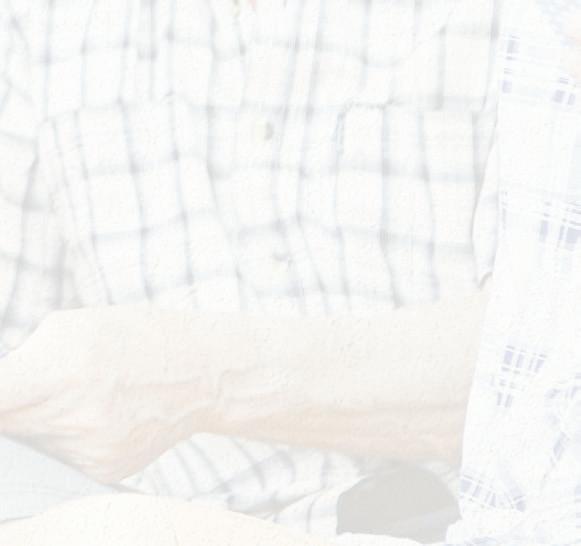
LEAH KADOSH has a passion for teaching and continually learns from her Skype B'nai Mitzvah and conversion students from all over the United States. She feels fortunate to call herself a Brandeis graduate and holds a Master's in Jewish Education from Hebrew Union College. She is a fulltime mom to her two sweet girls who bring her so much joy and keep her laughing constantly.

5 Apples and honey aren’t the only traditional foods.
7 The shofar is an integral part of our High Holy Day season, although it’s never blown on Shabbat!
Summer is winding down, and we are gearing up for the High Holy Days. Our thoughts turn to the start of school and the bright promise of the Jewish New Year!
does not list information regarding specific services and schedules. This year, we contacted all the synagogues, temples and congregational groups and asked about in-person and virtual services as well as if tickets will be required. What follows is the current information from those who responded along with contact information from our files from all known synagogues, temples and groups in our coverage area.
For the most up-to-date information on service schedules, please contact the synagogues directly or visit their websites.
Congregation Beth Sholom office@bethsholom-ri.org
401-236-7536 bethsholom-ri.org
401 Elmgrove Ave. (@ the Dwares JCC), Providence
In-person worship services with no tickets required. Suggested donation for nonmembers.
Congregation Mishkon Tfiloh mishkontfiloh@juno.com
401-421-5074
203 Summit Ave., Providence
In-person worship services with no tickets required.
Congregation Ohawe Sholam dgpliskin@gmail.com
401-725-3886 or 401-722-3146
671 East Ave., Pawtucket
In-person worship services with no tickets required.
Congregation Sha’arei Tefilla shaareitefillaprov.org
450 Elmgrove Ave., Providence
In-person worship services with no tickets required.
Congregation Sons of Jacob congsons@hotmail.com
401-274-5260 sonsofjacobsynagogue.net
Providence
Touro Synagogue (Congregation Jeshuat Israel) cji@tourosynagogue.org
401-847-4794 tourosynagogue.org
85 Touro St., Newport
Congregation Beth David eadler3@cox.net
401-789-3437
cbdri.org
102 Kingstown Road, Narragansett
In-person and Zoom services available. Services held at Aqua Blue, Narragansett. Tickets required.
Temple Beth El of Fall River templebethel@comcast.net
508-674-3529 frtemplebethel.org
385 High St., Fall River
Congregation B’nai Israel synagogue@cbi.necoxmail.com
401-762-3651 shalom-cbi.org
224 Prospect St., Woonsocket Some services will be held in person at the American Legion Post in Cumberland; others will be held only on Zoom or in hybrid form.
Temple Emanu-El info@teprov.org
401-331-1616 teprov.org
99 Taft Ave., Providence
In-person and streamed worship services. Registration required.
Temple Shalom templeshalomrhodeisland@gmail. com
401-846-9002
templeshalomrhodeisland.org
233 Valley Road, Middletown
Tickets for members and their guests are included in membership. Military and students are free of charge. Tickets prices for non-members vary. See website to purchase tickets.
Congregation Sharah Zedek
Email form on website
401-345-1544 or 401-596-9951
congregationsharahzedek.org
6 Union St., Westerly
Attendance is free; donations are accepted. To attend virtually over Zoom, visit the Sharah Zedek website.
Congregation Tifereth Israel ti@tinewbedford.org
508-997-3171
tinewbedford.org
145 Brownell Ave., New Bedford
In-person worship services with streaming available. Tickets are required. Contact Temple office for info.
Temple Torat Yisrael temple@toratyisrael.org
401-885-6600
1251 Middle Road, East Greenwich
Please email for more information.
Newport Havurah, an association of Reform Jews Newporthavurah1@gmail.com
401-423-0407
Newport
Contact for details about High Holy Days.
Temple Beth-El info@temple-beth-el.org
401-331-6070 temple-beth-el.org
70 Orchard Ave., Providence
In-person and virtual services. Tickets are required. All are welcome. Please call the office to make arrangements.
Temple Habonim office@templehabonim.org
401-245-6536 templehabonim.org
165 New Meadow Road, Barrington
All are welcome. Tickets not required, but non-members (unless guests of members) must register in advance at templehabonim.org/worship/ high-holy-days/non-memberregistration.
Temple Sinai dottie@templesinairi.org, rabbigoldwasser@templesinairi. org
401-942-8350 templesinairi.org
30 Hagen Ave., Cranston In-person worship services with a virtual option. Tickets are required. Call the temple office for deadline and cost information.
Congregation Agudas Achim office@agudasma.org
508-222-2243 www.agudasma.org
901 N. Main St., Attleboro
All are welcome. Contact the synagogue office for more information about ticket availability and a suggested donation.
NON-DENOMINATIONAL
Brown RISD Hillel info@brownrisdhillel.org

401-863-2805 brownrisdhillel.org
80 Brown St., Providence
Please contact info@ brownrisdhillel.org for details.
Hillel Foundation at the University of Rhode Island amyolson@uri.edu
401-874-2740
urihillel.org
6 Fraternity Circle, Kingston In-person worship services with no tickets required. No cost for
Chabad of Rhode Island Jewish Hospitality Center believeinprovidence@gmail.com
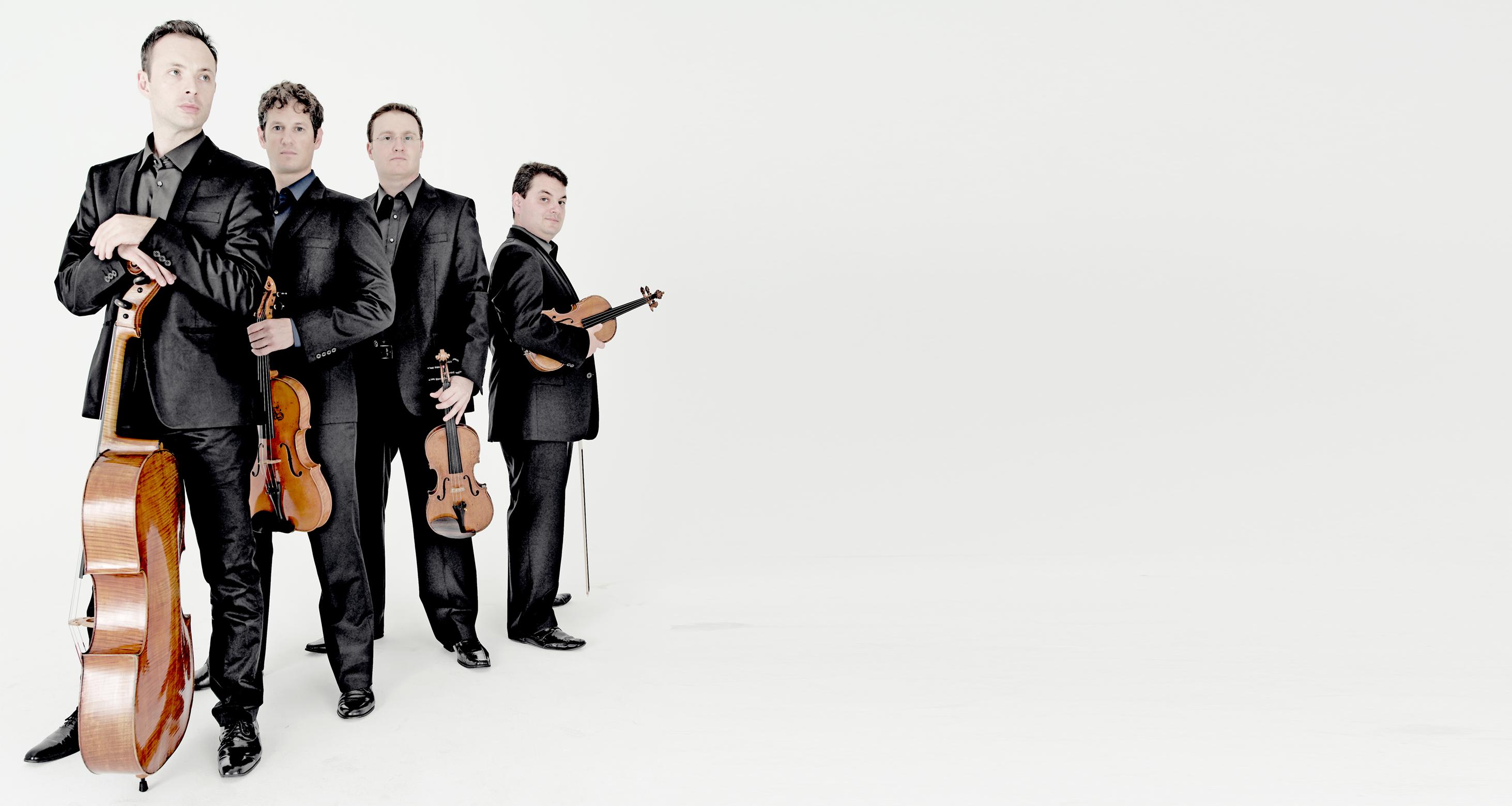
(JTA)
– One of the centerpieces of the Rosh Hashanah and Yom Kippur liturgy is the “Avinu Malkeinu” prayer
– Our Father, Our King. It’s a desperate and emotional appeal for forgiveness, set to powerful melodies over the centuries.
It’s also a hurdle for many people, regular and occasional synagogue-goers alike. Some can’t relate to a “king,” or bristle at the gendered implications of “father.” Whatever they hoped to feel or achieve in prayer is undermined by the archaic language and metaphors that don’t speak to them.
That’s the challenge described in Rabbi Toba Spitzer’s book, “God Is Here: Reimagining the Divine.”
The spiritual leader of Congregation Dorshei Tzedek in Newton, Massachusetts,
Spitzer understands how the language of Jewish prayer can stand in the way of the meaningful spiritual experience many people are seeking. Her solution is to “dislodge” unhelpful metaphors of prayer and look for meaning in different ones –ancient and modern – in ways that help people think and talk about “something that is greater than ourselves.”
The book asks what might be useful if we were to think of God as water, or fire, or a place, or yes, even a king. All are metaphors for God found in the Torah and the Jewish prayer book. You don’t need to ask whether you believe that God is a parent or a monarch, she says, but rather explore where the poetry of metaphor can take you. “My hope,” she writes, “is that we can recapture the alive-ness which once pervaded our holy texts, and reconstruct
our metaphors so that they are once again engaging and meaningful.”
Spitzer is the past president of the Reconstructionist Rabbinical Association and is the first LGBTQ rabbi to head a national rabbinic organization. She spoke with me via Zoom.
Our conversation has been edited for length and clarity

JTA: It’s the High Holy Days. People find themselves in a synagogue for the first time all year, where even regular synagogue-goers face that firehose of liturgical language that may not speak to them. For both sets of people, there may be a sense that the Iron Age metaphors of the prayer book – God is king, heavenly father, shepherd, or even a potter – don’t resonate with them. You say “people don’t have a God problem as much as a
metaphor problem.” Can you explain that?
RABBI TOBA SPITZER: When I started this journey into metaphor and cognitive linguistics, I realized, and this is a quote from the anthropologist Barbara J. King, that “the religious imagination thrives on the human yearning to enter into emotional experience with some force vaster than ourselves.” There is some foundational human experience of the sacred that’s existed at all times and at all places. And at some point, people started using metaphors to think about and interact with that experience: “God is a big person” or “God’s an old man in the sky.” It’s not that that is a bad metaphor, but there are some problematic aspects to it. Or the “king” one: I think Americans have a huge problem with royalty. We’re trained to not like authority so it doesn’t
work for a lot of Americans. So the metaphor problem is, “Wow, I do have spiritual experiences. I do want to feed my spirit. And then I turned to a metaphor that doesn’t work for me, what do I do?” I use this analogy of a restaurant – like I just walk out of the restaurant, because there’s nothing on the menu that satisfies me. And yet our ancestors had a much richer palette of metaphors to choose from that could convey their experiences of the sacred. So, the book is nothing new. It is just trying to say, what if we took these other metaphors seriously? So, when you try to reclaim metaphors, you’re still drawing on some of those found in tradition: God is fire, or a warrior, or an eagle, water, a rock.
I want to reclaim all of it. In the first couple of chapters
CONTINUED ON PAGE 21
I lay out this argument, which is the argument of cognitive linguists George Lakoff and Mark Johnson, that in order to apprehend reality and get our minds around abstract things, we need metaphor. I feel like these were metaphors that were very alive in our ancestors’ lives and not just words on the page, so it’s not surprising a lot of them are from the natural world. I tried out more modern ones, like electricity and GPS, but I love the ancient ones.
I want to dig into a few of those in a second, but I like your framing of how to deal with doubt. Instead of asking, “Do I believe this?” we can ask of a prayer: “Where is this trying to take me?” How might that work in practice?
Let’s go back to the High Holy Days and some of the human metaphors. We say, “Our Father, our King.” Do I believe God is a king? No. But if I say this is poetry and my ancestors were trying to evoke something, it takes me to a few directions. I think the big theme of Rosh Hashanah is like, “I’m not the center of the universe. There’s something much bigger than me.” So what did a king represent to the ancients? Something powerful, someone who held the power of life and death in their hands, but who is also largely beneficent. The High Holy Day liturgy is asking me to confront my mortality and confront the fact that I’m extremely, extremely miniscule in the scheme of the cosmos. I was just doing some research and found that referring to God as a king in the Roman period was subversive — at a time when the Roman emperor was considered God. So the metaphor is saying that while we have earthly rulers, there’s something higher than that. So even if the word “king” might not work for me, that’s powerful, and I want to go in that direction.
How might that work with water, which you write is one of the most common metaphors for God in the Hebrew Bible, as in Psalm 42: “As the deer longs for water, so does my soul long for You, O God.”
Water adds a few things. We say we are created in God’s image, and I’m 70%
water. There is sacred stuff literally flowing through me. So that’s one piece. And that psalm leads me to ask, how am I dry? How do I nourish myself spiritually, what do I need? Water is also a metaphor for godly power in the Bible. If in the Bible, God’s justice is often imagined as water, how do we align ourselves with the flow? How do I get my values and my actions aligned in the new year? Right now in New England, we’re in a drought and in other parts of the world they are getting too much water. That’s scary, and God is scary. So it’s both: We need both a sense of awe and sustenance, and as we move through the High Hoy Days, those two pieces are a big part of the liturgy.
You write that in the early rabbinic period, or the first two centuries of the Common Era, the term “HaMakom” – “The Place” – had become a fairly well-known Jewish name for God. I always thought of it as just a euphemism and not really a metaphor, the way the people in Harry Potter’s world talk about “the one who shall not be named.” How is it useful to think of a place as a metaphor for God?
The rabbi’s call [God] that for two reasons. One is because wherever you are, there’s godliness. The rabbis were in a period when the Holy Place – literally, the Temple – had been destroyed and they were recreating connections to the Divine everywhere. So literally HaMakom was where we experienced the Divine in every place. It’s always associated with compassion, and a sense of God’s nearness. I’ve found that when people are in distress, whatever they think or don’t think about God, I ask them to describe for me experiences of the sacred. And they almost always talk about places. I think it’s very easy for most people to conjure up places where they feel sheltered, where they feel a sense of wonder or the sacred. Place is very accessible.
Do you worry that if you do away with what you call the “God is a big person” metaphor, it risks making God less personal? Nature metaphors are lovely, but can they blur the intimate
relationship many people hope to have with God?
I’m really not trying to get rid of any metaphors. Sometimes, you know, I want God to hold my hand or I want to feel like I’m being embraced by the Beloved or or loved by, you know, a cosmic mother or whatever it is. I don’t want to get rid of those metaphors. I think the specific metaphor of God as a distant emperor, which has sort of somehow got more dominant in Jewish tradition, is problematic because it says tyrannical power is godly. But yes, we want a deep personal connection, and the idea that God is a teacher or a lover or parent is beautiful.
Human metaphors do not deal well, for instance, with the whole realm of theodicy, the whole realm of “when bad things happen to good people.” Because then you are stuck with, “Why is this happening to me?” or “Why is God doing this to me?” Or, “If God is good, how could God allow this to happen?” Those are just not useful questions. By contrast, when I was going through my own heartache and hard times, the water metaphor said to me, “Okay, I’m in the water, the water is godly. It’s also totally overwhelming. How do I navigate this?” That’s a really useful question.
Can the search for new or different metaphors be pushed too far? Can you stretch the definition of God in such a way that it’s no longer God as understood by Jewish tradition? If God is water, can water create and control the universe or enter into a covenant with Abraham and Sarah or punish the Israelites for the Golden Calf, as we are told in the Bible?
Metaphors are not definitions. In the ancient Near East, every divinity had multiple ways of being represented. And again, I think the ancients had a much more direct experience of the Divine than we can even imagine. And they knew they needed lots of metaphors, and that’s why our scriptures are filled with them.
But we need all these metaphors because different ones speak to different experiences. Fire is often a metaphor for God’s anger. We need to deal with anger.
PROVIDENCE – Are you affiliated with a nonprofit organization in need of grant funds? If so, please consider submitting a grant request to the Helene and Bertram Bernhardt Foundation, the Gertrude N. and Seebert J. Goldowsky Foundation and/or the Pearle W. and Martin M. Silverstein Foundation.
Established in 2005 through the estates of the late Helene and Bertram Bernhardt, the Bernhardt Foundation’s mission is to support nonprofit organizations, with a specific preference given to Jewish nonprofit organizations in Rhode Island, and to nonprofit organizations that Helene and Bertram Bernhardt supported during their lives. The Foundation also distributes a limited number of small grants (up to $250) to local charities that support the broader community.
Over the time, the Bernhardt Foundation has distributed more than $5 million to such nonprofit organizations as Temple Beth-El, the Jewish Alliance of Greater Rhode Island, Jewish Collaborative Services, Brown/ RISD and URI Hillel and The Miriam Hospital, among others.
The Goldowsky Foundation was established in 2006 through the estates of Gertrude N. and Seebert J. Goldowsky. Its mission is to support nonprofit organizations, with consideration given to those supported by
the Goldowskys during their lifetimes, and with a focus on the local Jewish community, education, medicine, public health, and history. The Goldowsky Foundation seeks to award grants in amounts between $250 and $10,00 to advance these funding priorities.
The Silverstein Foundation was established in 1989 through the estates of Pearle W. and Martin M. Silverstein. Its mission is to support nonprofit organizations, with consideration given to those supported by the Silversteins during their lifetimes, and with a focus on the local Jewish community, education, the arts and social justice. The Silverstein Foundation seeks to award grants in amounts between $250 and $5,000 to advance these funding priorities.
To receive the application forms and funding guidelines, contact Samuel Zurier, secretary of these Foundations, at 123 Dyer St., Suite 135, Providence, RI 02903 or sdz@zurierlaw.com or at 401-861-0200.
The deadline to submit applications is Dec. 1, 2023.
of odd looks when I tell people that my favorite day of the Jewish year is Yom
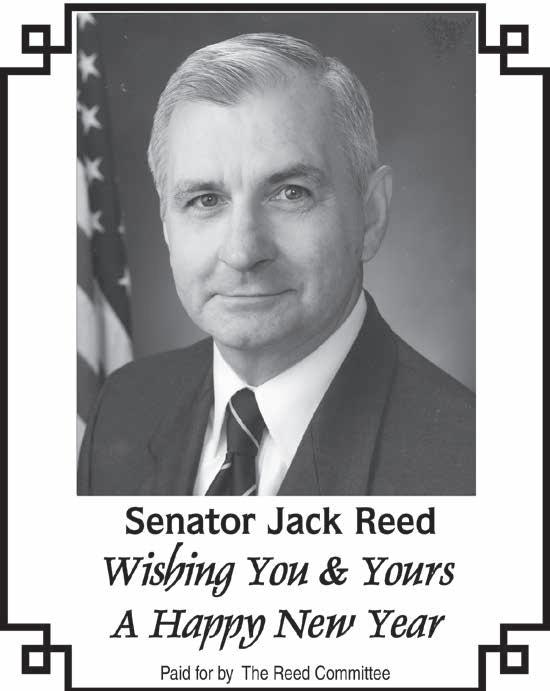

From the traditional fast to the powerful language of the readings, Yom Kippur can bring up complicated feelings and unpleasant associations. There’s a reason that there is such a growing movement to expand and adapt the rituals of Yom Kippur to be more inclusive and oriented towards growth – from designing a meaningful Yom Kippur seder for people in recovery from eating disorders to the reframing of the confessional accountings of the liturgy to also include the acts of goodness performed by the individual and the community.
As someone who struggles with anxiety and depression, and who has a history of disordered eating and a chronic pain disorder, I spent years experiencing Yom Kippur as something miserable and exhausting. I couldn’t take in the melody of Kol Nidre or the radically intense language of the readings in Isaiah –all I could focus on was the intrusive thoughts of everything I’d done wrong, on the tempting reminders of my years of restricted eating, on how much my body hurt after hours of sitting in uncomfortable synagogue chairs.
For a long time, I wanted to just stop observing Yom Kippur altogether. But even when it was a terrible day, I felt like there was a potential for a meaningful experience that was just out of my reach.
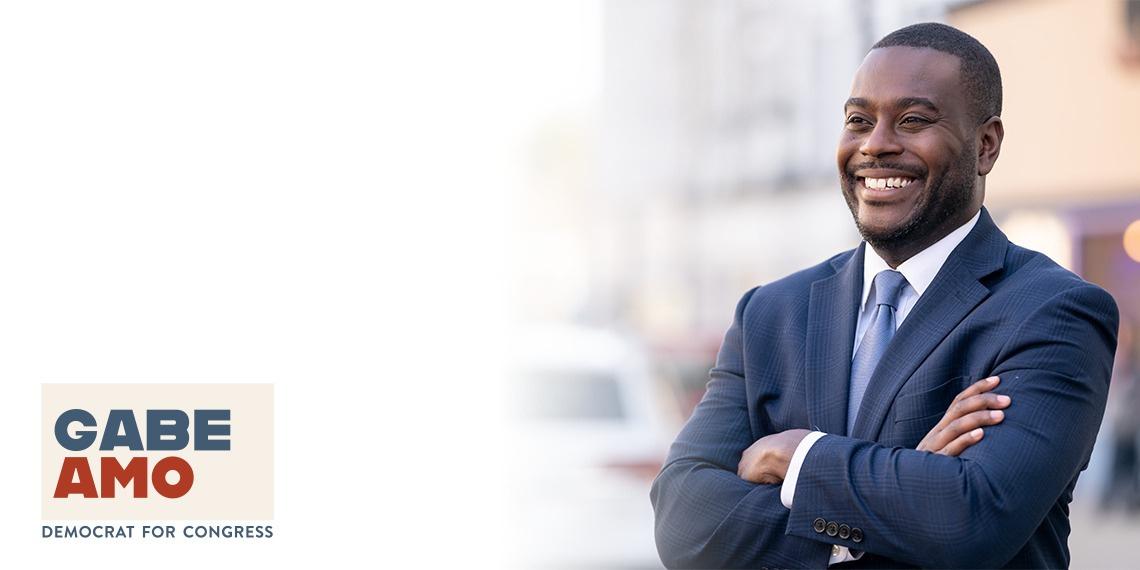
The rituals and liturgy of Yom Kippur center heavily on the concept of teshuvah
In the context of mainstream teachings and conversations, teshuvah is most commonly translated as atonement or repentance. The idea of repentance is deeply embedded in Yom Kippur readings and traditions (and prayer books!), from the confessing of individual and communal sins to the framing of the Yom Kippur fast as a way of enacting punishment for the last year of harmful actions
(which has, as far as I’m aware, literally no basis in traditional Jewish teachings at all).

But literally – and traditionally – translated, teshuvah means returning.



In “This Is Real and You Are Completely Unprepared,” one of the most widely accessible and deeply transformative books on the practices and teachings of the weeks leading up to and through the High Holy Days, the late Rabbi Alan Lew framed teshuvah not as a yearly practice of spiritual reflection and repentance, but rather as a journey of transformation and awakening.
It’s not a journey that begins with Kol Nidre and concludes with Neilah, or even one that begins on Rosh Hashanah and concludes on
defended against, but rather to be embraced.”
To put it another way, quoting the late poet Mary Oliver: “Someone I loved once gave me a box full of darkness. It took me years to understand that this, too, was a gift.”
My brain is a loud place; it always has been. I have vivid memories of being very small, maybe 6 or 7 years old, and lying awake at night because my brain simply wouldn’t stop talking.
As I got older, my constant inner monologue shifted from a running recap of my everyday activities to a low, buzzing roar of catastrophizing and anxiety.
Over the course of my life, I’ve become someone who always needs to have some kind of sound present, whether it’s an audiobook or a podcast or just a recording of ambient coffee-shop noise. Silent contemplation and reflection have always been – for me, at least – simultaneously a white whale of inaccessible inner work and an absolutely terrifying concept (You want me to just sit there? In a room? With my thoughts? By myself? No thank you!).
Yom Kippur. Rather, it’s a constant, unending process that begins, and then begins again, with the intake of each new breath.

For Rabbi Lew, the spiritual work of Yom Kippur is not about a litany of one’s sins or making it 25 hours without your usual coffee intake (in fact, if I remember correctly, he doesn’t assign any particular virtue to fasting on Yom Kippur at all; it’s simply another avenue for connecting to internal and transformative work).
For Lew, and the teachers and Jews his work inspires, the work of teshuvah is about the difficult, radical and sometimes deeply terrifying journey of returning to the places inside ourselves where we lock away pain and grief and suffering, and opening them up, exposing them to clean, healing air.
“Our suffering,” Lew writes, “the unresolved element of our lives, is also from God. It is the instrument by which we are carried back to God, not something to be
But my introduction to this concept of teshuvah as a practice of returning to those frightening places and seeing what they have to teach us, and how acknowledging them as parts of ourselves can help us to grow, shifted something in the way I approached the anxious, constantly humming rumble of my inner voice.
I wasn’t about to start a meditation practice anytime soon – I’m still not, much to the ongoing despair of some of my wonderful former colleagues in the Jewish mindfulness field – but the rituals of Yom Kippur offered me an avenue to explore those parts of myself within a space that felt safe. Sitting with a community and allowing the voices of the congregation to spill over me allowed my brain to duck inside myself and follow now-familiar paths to the places it’s hardest to return to, hardest to explore.
On Rosh Hashanah, 10 days before Yom Kippur, we read a
'... the rituals of Yom Kippur offered me an avenue to explore those parts of myself within a space that felt safe.'
CONTINUED FROM PAGE 22
section of Bereshit in which Hagar, Sarah’s handmaid and the mother of Ishmael, is alone in the desert, out of water for herself and her baby. She’s certain that they’ve lost all chance for survival, and, broken-hearted, she puts the child down and walks away from him, so she doesn’t have to watch him die, and bursts into tears. God hears her weeping, and opens her eyes – and suddenly she can see a well of water before her. Both she and the baby survive.
In a commentary on this Torah portion that appears in the Reconstructionist machzor, Rabbi Reena Spicehandler notes that the text doesn’t say that a well appeared in front of Hagar, but rather that she was suddenly able to see it.
When we are trapped in a place where all we experience is fear, or despair, or hopelessness, we aren’t able to see the possibilities or openings around us, whether that’s a new opportunity or a literal life-saving spring of water. We can only see those possibilities when we open our eyes to them – or, sometimes, when someone opens our eyes for
CONTINUED FROM PAGE 21
There is such a thing as holy anger and unholy anger and even holy anger can lead to destruction. That’s what many of the biblical stories show us. I think that metaphor is much more useful to me than, like, “the angry old man.” Because I understand fire. I understand how fire is completely necessary to human life and could burn you really quickly. Most people can wrap their heads around that and then think about divine fire or holy anger in a totally different way than like, “why is God mad at me?” which again, is not useful at all.
My friend Rabbi David Nelson wrote a book a few years ago called “Judaism, Physics and God,” in which he drew on metaphors from modern science to describe God, like God is a fractal, or God is a neural network connecting billions of human consciousnesses. Do you encourage people to find metaphors in current technology or society, like, I don’t know, God is
us.
The season of teshuvah, of returning – and with it, the spiritual work that makes Yom Kippur so meaningful – is about undertaking the journey through the places of fear and despair until we can find the wells that open us up to everything around us that offers us a chance at renewal.
Yom Kippur, for me, is about fully dedicating my heart and mind to that journey, year after year, prayer after prayer, breath after breath.
For me, it couldn’t be further from suffering. It’s the first delicate notes of the melody of Kol Nidre, as a congregation of hundreds holds its breath in perfect unison. It’s the first sip of water in a desert, pure and sweet. It’s a returning to the broken places, where we can still find the endless possibilities of wholeness.
This story was originally published at www.heyalma. com.
SHELLY JAY SHORE is a writer and nonprofit fundraiser. When not working, she experiments with home bartending and attempts to personally sustain the chocolate chip industry.
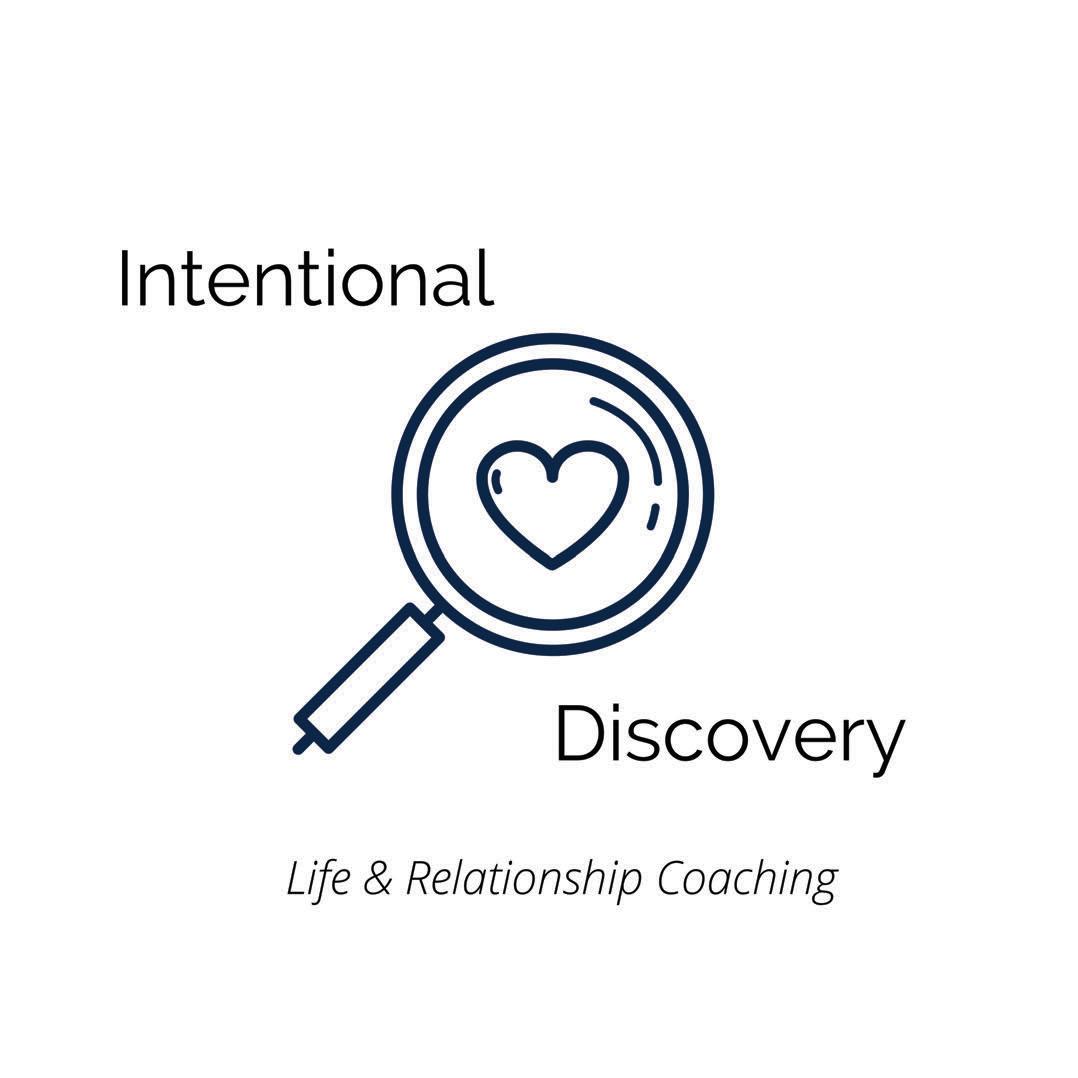
If you’re seeking better understanding and communication to help strengthen your relationship, then we encourage you to contact us. Our unique couple-to-couple approach combines Angel’s skills as a Certified Coach with those of her husband, Charles Granoff, a licensed Therapist.
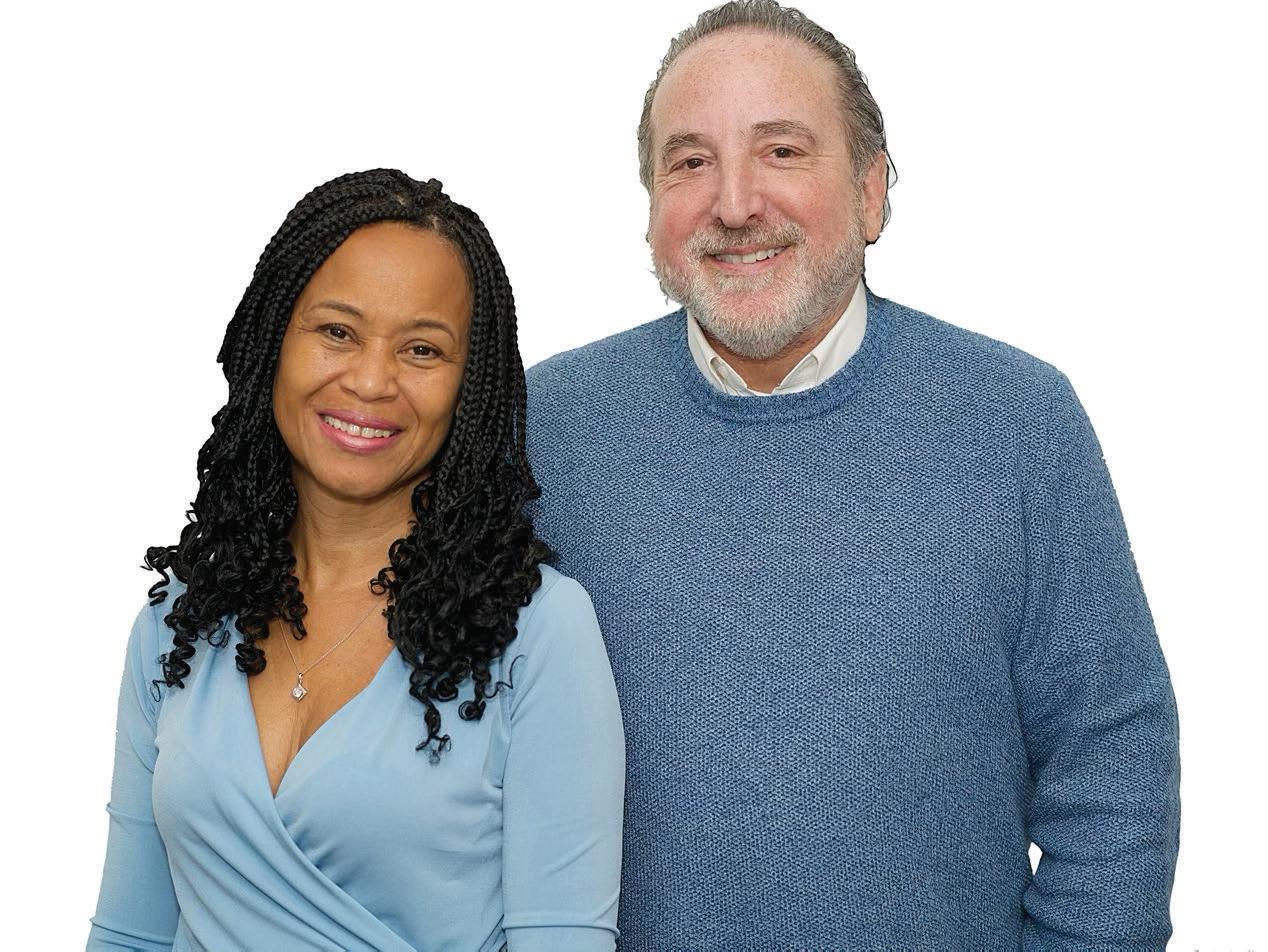
a life coach or something like that?
You know, whatever works for people. For a metaphor to be something we live by, we need to really make it active in our lives. I use GPS as a metaphor because it’s really useful. There’s three parts of GPS: There’s the location part: Where am I? That’s the spiritual question. There’s the map: How do I find my way from here to there? That’s spiritual practice. And then there’s the crowdsource: people telling me where the bumps in the road are or where the cop car is. That’s the community. I found that all of a sudden that metaphor was really useful. So I totally encourage people to dive into a metaphor, knowing that what may resonate with you today may not feel useful tomorrow.
ANDREW SILOW-CARROLL is editor at large of the New York Jewish Week and managing editor for Ideas for the Jewish Telegraphic Agency.
With the growing threat of a war with Hezbollah, we can’t ensure this Rosh HaShanah will usher in a peaceful year. But with a new campaign to add 300 urgently needed ambulances to MDA’s fleet, we can save lives no matter what 5784 brings.

Make a donation today or contact us about how you, your family, or synagogue can provide the ambulances MDA will need.
Visit afmda.org/give or call 866.632.2763.
As Israelis rejoice in the sound of the shofar, we’re also preparing for the wail of the siren.Charles Granoff, LICSW, LMFT Angel Canada Granoff, PCC
Without our dedicated volunteers, the work of the Jewish Alliance would not be possible. We thank our volunteers for their leadership, commitment, and gifts of time, talent, and expertise. To see the full donor listing for 2022-2023, please visit jewishallianceri.org or scan the QR code:
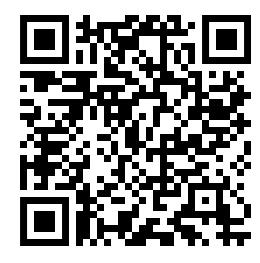
Board of Directors
Harris Chorney, Chair
Vice Chairs
Richard Glucksman, Philanthropy
William Krieger, Jewish Life & Learning
Robert Landau, Community Development
Sara Miller, Communications
Mara Ostro, Governance
Treasurer
Brauna Doidge
Secretary
Mara Ostro
Board of Directors
Jason Bazarsky
Reza Breakstone
Adam Cable
Stacy Emanuel, Chair Appointee
Ryan Forman
Susan Froehlich, Leadership Development
Sharon Gaines
Marisa Garber
Janet Goldman
Rashmi Licht, Chair Appointee
Sara Meirowitz
Cara Mitnick, Community Relations Council
Rabbi Preston Neimeiser, Rabbinical Representative
Avi Rosenstein
Eric Shorr
Richard Silverman
Honorary Directors
Melvin G. Alperin
Alan G. Hassenfeld
James Pious, Immediate Past Chair
Adam Greenman, President & CEO
2023
The Jewish Alliance of Greater Rhode Island has been entrusted with managing the resources of greater Rhode Island’s Jewish community for more than 70 years. We steward this philanthropic capital with prudent financial management and sound governance practices, ensuring that these funds will continue to address needs in greater Rhode Island, Israel, and around the world.
Audit Committee
Robert Landau, Chair
Harris Chorney, ex officio
Jay Rosenstein
Finance Committee
Brauna Doidge, Chair
Jason Bazarsky
Harris Chorney, ex officio
Susan Leach DeBlasio
Joan Gray
Jill Padwa
James Pious
Jay Rosenstein
Governance Committee
Mara Ostro, Chair
Andrew Bramson
Harris Chorney
Ryan Forman
Sharon Gaines
Michele Lederberg
Marc Lewin
James Pious
Rochelle Rosen
Facilities Committee
Harold Foster, Chair
Jonah Israelit
James Pious
Oswald Schwartz
Alliance Realty, Inc. Board
Robert Stolzman, Chair
Sharon Gaines, Vice Chair
Marc Gertsacov, Secretary/Treasurer
Jewish Federation Foundation of Greater Rhode Island Board
James Pious, Chair
Mitzi Berkelhammer
Harris Chorney, ex officio
Susan Leach DeBlasio
Robin Engle
Mark R. Feinstein
Harold Foster
Sharon Gaines
David M. Hirsch
Marilyn Kaplan, Treasurer
Richard Licht
Michael Nulman
Ralph Posner
Jay Rosenstein
Sally Rotenberg
Robert Schloss
Robert Sherwin, Vice Chair
Herbert Stern
Robert Stolzman
Cheryl Greenfeld Teverow, Secretary
Mindy Wachtenheim
Financial Resource Development Committee
Richard Glucksman, Chair
Melvin G. Alperin
Reza Breakstone
Harris Chorney
Janet Goldman
Susan Froehlich
Ralph Posner
Edward Rotmer
Richard Silverman
Annual Campaign Solicitors
Melvin G. Alperin
Alan Buff
Harris Chorney
Beverly Ehrich
Mark R. Feinstein
Barbara Feldstein
Edward D. Feldstein
Harold Foster
Fred J. Franklin
Susan Froehlich
$3,120,835
$3,360,600
2023 NUMBERS TO KNOW: Annual Community Campaign & Supplemental Giving
raised by 35 volunteer solicitors
through 2,051 donations
These funds are gifts to the Jewish Alliance for allocation among our community partner agencies, Israel & overseas, and Alliance programs and administration.
$239,765
These funds are gifts designated by donors to these campaigns:
• Capital
• Jewish Rhode Island Patron
• LiveSecure
• Living on the Edge
• Sponsorship
• Ukraine & COVID-19 Relief
Sharon Gaines
Richard Glucksman
George M. Goodwin
Edward A. Greene
David M. Hirsch
Hope L. Hirsch
Marilyn Kaplan
Robert Landau
Judith Levitt
Mayer A. Levitt
Alan Litwin
David London
Sara Miller
Cara Mitnick
Mara Ostro
James Pious
Ralph Posner
Avi Rosenstein
Edward Rotmer
Steven Schechter
Richard Silverman
Barbara Sokoloff
Miriam Esther Weiner
Joel Westerman
Ada Winsten
An Evening with Juju Chang
Lisa & Eric Shorr, Co-Chairs
Jewish Alliance of Greater Rhode Island’s 37th Annual Dwares JCC
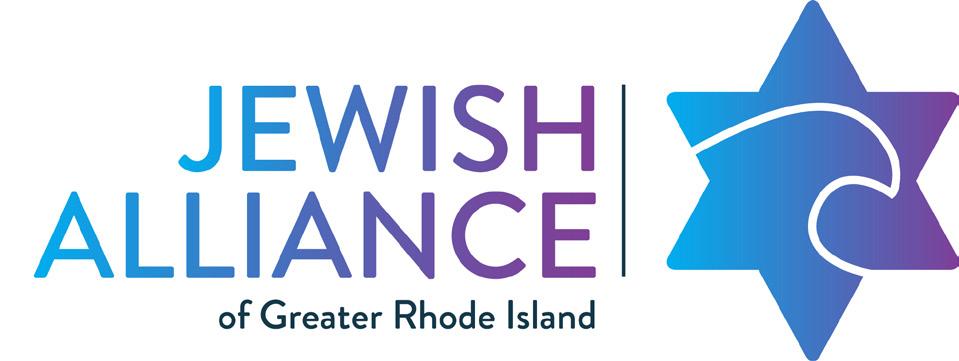
Golf Classic
Peri Ann Aptaker, Co-Chair
James Pious, Co-Chair
Jeffrey Brier
Rick Granoff
Lisa Maybruch
Mindy Sherwin
Robert Sherwin
Robert Stupell
Branding/Communications Committee
Sara Miller, Chair
Adam Cable
Ryan Forman
Jodi Greenberg
Lisa Maybruch
Charles Meyer
Avi Rosenstein
Community Development Committee
Robert Landau, Chair
Overseas Subcommittee
Rabbi Howard Voss-Altman, Chair
Adam Cable
Cindy Feinstein
Janet Goldman
Robert D. Mann
Local Subcommittee
Sara Miller, Chair
Abigail Anthony
Adina Davies
Sharon Gaines
Jeffrey Isaacs
Jennifer Oelbaum
COVID-19 Relief and Recovery Fund Distribution Committee
Abigail Anthony
Rabbi Alvan Kaunfer
Rabbi Sarah Mack
Miriam Esther Weiner
Women’s Alliance Committee
Janet Goldman, Chair
Mitzi Berkelhammer
Amy Page DeBlasio
Donna Frank
Susan Froehlich
Sharon Gaines
Rebecca Goldman
Samantha Goldman
Cheryl Greenfeld Teverow
Katie Ziegler
Women’s Alliance Endowment Fund Committee
Katherine Haspel, Chair
Robin Engle
Gloria Feibish
Sally Rotenberg
Cheryl Greenfeld Teverow
Community Relations Council
Cara Mitnick, Chair
Elaine Farber Budish
Adam Cable
Ryan Forman
Rabbi Jeffrey Goldwasser
Richard Glucksman
Lilia Kirtley Holt
Michael Klein
Robert Landau
Rabbi Preston Neimeiser
Susan Sklar
Jewish Life & Learning Committee
William Krieger, Chair
Community Microgrants Committee
Brauna Doidge
Ryan Forman
Samuel Zurier
Personnel Committee
Harris Chorney
Susan Leach DeBlasio
Sharon Gaines
Mara Ostro
James Pious
Oswald Schwartz
Richard Silverman
Security Committee
Eric Shorr, Chair
Kevin Blake
Rabbi Barry Dolinger
Gary Klein
Ralph Posner
Norman Rosenfield
Elizabeth Sandler
Early Childhood Center
Parent Committee
Reza Breakstone, Co-Chair
Larissa Weiner, Co-Chair
*Includes gifts to supporting foundations.
(JTA) – Israel won its first-ever gold medals at the Rhythmic Gymnastics World Championships in Valencia, Spain, last weekend, improving on last year’s silver medal and solidifying its place as a global powerhouse in the sport.
On Friday [Aug. 25], Israel’s team topped China and Spain to take gold in the all-around group category. On Sunday [Aug. 27], Israel won gold in the combined exercise, beating out China and Ukraine. The team also finished fifth in the hoop final.
Linoy Ashram, who became the first Israeli woman to win an Olympic gold medal with her rhythmic gymnastics victory at the Tokyo Olympics in 2021, served as an assistant trainer to the team. She retired from the sport last year at age 22.
“I think you can hear in my voice how excited we were and how we screamed yesterday, and what a crazy achievement we had yesterday,” Ashram told Haaretz. “Undoubtedly, the girls work hard, together with an amazing team of coaches.”
The gold medal-winning performance on Friday featured a three-minute ribbons and balls routine set to a dance track mixed with the chorus of “Diva,” by Israeli singer Dana International – which won the 1998 Eurovision song contest. It also featured a three-minute hoop routine with music from Israeli actress Gal Gadot’s 2017 film “Wonder Woman.”
“We are really happy that we managed to get this medal and that we got the chance to scream out the anthem from the podium,” said Romi Paritzki, the team’s captain, according to Haaretz. “It’s the best feeling any athlete can have.”
Partizki was joined in the performance by teammates Shani Bakanov, Eliza Banchuk, Adar Friedmann, Ofir Shaham and Diana Svertsov. The team had won the all-around competition in the European championship last year and added two silvers and a gold at this year’s competition.
The silver medal win at last year’s world championship secured a spot for Israel in the group competition at the 2024 Paris Olympics.
While her team placed sixth in the overall all-around standings in Tokyo, Ashram’s gold medal victory – won by .15 of a point –broke a streak of several Russian wins dating back to the 2000 Sydney Olympics.
IT WAS IN THE EARLY ’60S when I first became acquainted with the luminous writing of Rabbi Abraham Joshua Heschel (1907-1972); I was at a camp in Clinton, Connecticut, attending a week-long gathering of college undergraduates who were members of Conservative synagogues, mostly in the New York metropolitan area.
Given that our discussions during that particular week in June focused on the many dimensions of Shabbat, it is not surprising that we students were exposed to numerous readings from Heschel’s classic but compact book, “The Sabbath” (1951).
During my 36 years as a congregational rabbi, I have on countless occasions included in our Shabbat worship the following words from Heschel’s book: “He who wants to enter the holiness of the day must first lay down the profanity of clattering commerce, of being yoked to toil.
“He must go away from the screech of dissonant days, from the nervousness and fury of acquisitiveness and the betrayal of embezzling his own life. He must learn to say farewell to manual work and learn to understand that the world has already been created and will survive without the help of man …. Six days we seek to dominate the world, on the seventh day we try to dominate the self.”
As you can see for yourself, Heschel’s prose is poetry.
During my five years at the Hebrew Union College-Jewish Institute of Religion (HUC-JIR), Rabbi Eugene Borowitz helped me fathom the depths of two of Heschel’s more challenging works: “God in Search of Man” (1955), an attempt at a more or less systematic Jewish theology, and “The Prophets” (1962), Heschel’s probing of the inner lives of such biblical prophets as Amos, Hosea, Isaiah and Jeremiah.
Despite the complexity of the subject matter, Heschel manages to preserve in both books the poetic grace of his writing style.
At times, however, in both
“God in Search of Man” and “The Prophets,” Heschel’s rhetoric tends to overwhelm the rationality of his arguments and leads us into the realm of the non-rational, or even the irrational.
Perhaps Borowitz is correct in suggesting that Heschel is a “sophisticated fundamentalist” when he insists on the power of the words of our Hebrew Bible to trump our reasonable doubts on a wide variety of traditional Jewish beliefs.
On the other hand, one might affirm that Heschel is not trying to bludgeon his readers with Orthodox dogma, but rather he is speaking to our hearts as well as to our minds.
Heschel went on to transform his profound love and respect for the Hebrew prophets into a passion for social action in the cause of social justice. He worked closely with Martin Luther King Jr. in the fight for civil rights and racial justice here in America.
Many of you have seen the photo of Heschel and MLK, Hawaiian leis draped around their necks, in the front row of the march from Selma to Montgomery, Alabama, on March 21, 1975. And many of you have heard the words of Heschel’s recollection of that march: “I felt my legs were praying.”
The one and only time I saw Heschel in person was in the late ’60s, when he was speaking at a Save Soviet Jewry rally on the Morningside Heights campus of Columbia University. In a voice filled with prophetic wrath, he challenged the crowd: If you fail to do your part in rescuing your fellow Jews trapped in the Soviet Union, “your children and grandchildren will spit on your graves!”
In his tireless effort to repair our broken world, Heschel proved to be a man filled with “Moral Grandeur and Spiritual Audacity,” the title of a book of his collected essays, edited by his daughter, Sussanah Heschel, and
published in 1996, 24 years after her father’s death.
A few weeks ago, I received a brief note from my friend and colleague, Rabbi Andy Klein, in an envelope that contained one of Heschel’s Yiddish poems, along with an English translation by Rabbi Morton Leifman. After a bit of research, I discovered that the poem, “Ich un Du/ “I and You,” was the first in the collection of Yiddish poems that comprised Heschel’s first published book, in Warsaw in 1933.
Here is the first of the five stanzas: “Transmissions flow from your heart to Mine,/trading, twining My pain with yours./Am I not – you? Are not you – I?”
Here Heschel dares to speak the first of five stanzas from God’s point of view! We hear an echo of Heschel’s assertion that God is in search of man, and an echo of Martin Buber’s German edition of “Ich und Du,” “I and Thou,” in which Buber explores the intimate personal relationship that some men and women are able to establish with God, the Eternal Thou.
And now the fifth and final stanza, where Heschel addresses God: “When a need pains You, alarm me!/When you miss a human being/tear open my door!/ You live in Yourself, You live in me.”
“Du lebst in Dir, Du lebst in mir.” “You live in Yourself, You live in me.”
With these words of poetry, Heschel declares his love for God. With these words, Heschel reveals the eternal source of his moral grandeur and his spiritual audacity.
JAMES B. ROSENBERG is a rabbi emeritus at Temple Habonim, in Barrington. Contact him at rabbiemeritus@templehabonim. org.
Jewish Rhode Island publishes thoughtful and informative contributors’ columns (op-eds of 500 – 800 words) and letters to the editor (300 words, maximum) on issues of interest to our Jewish community. At our discretion, we may edit pieces for publication or refuse publication. Letters and columns, whether from our regular contributors or from guest columnists, represent the views of the authors; they do not represent the views of Jewish Rhode Island or the Alliance.
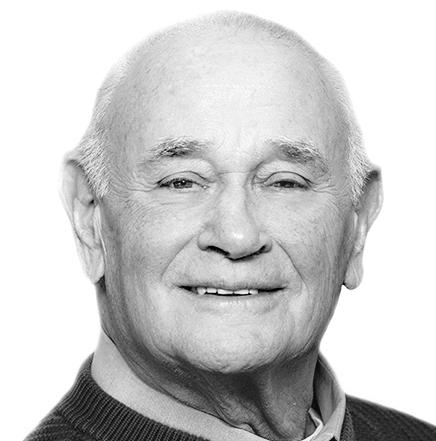
‘Heschel’s prose is poetry’
ARhode Island judge has ruled in favor of a historic New York City synagogue that is seeking to remove the leadership of the congregation that meets at another historic synagogue building – Newport’s famed Touro Synagogue.
THE RULING , issued Aug, 24, would evict the leadership of Congregation Jeshuat Israel, or CJI, which has been meeting at the Touro synagogue, America’s oldest, since the early 1900s. Congregation Shearith Israel in New York City, also known as the Spanish and Portuguese Synagogue, owns the Touro building and has complained in recent years that CJI has failed to be a good steward of the site.
The two congregations have been in and out of court for at least a decade. CJI has been leasing the site for a symbolic $1 a year since the early 1900s. Shearith Israel, the nation’s oldest Jewish congregation –it was established in Man-
Following Rhode Island Superior Court Judge Maureen Keough’s Aug. 24, 2023 decision involving Congregation Shearith Israel and Congregation Jeshuat Israel (CJI) concerning Touro Synagogue, the following joint statement is issued on Aug. 29, 2023, by Congregation Shearith Israel and Congregation Ahavath Israel of Newport
In light of the decision of the Rhode Island Superior Court last week holding that Shearith Israel was within its rights to reclaim possession of Touro Synagogue, Shearith Israel is
hattan in the 17th century and has occupied several different buildings since – refused in 2021 to renew CJI’s lease and ordered the congregation to vacate the premises by Feb. 21, 2023. In June, the dispute reached the courtroom of Superior Court Judge Maureen Keough. In a lengthy decision read from the bench on Aug. 24, Keough said she could find no reason to rule in favor of the tenants but stayed the eviction until September. At that point, a hearing will take place to decide whether the congregation can remain in place while any appeals are underway, meaning that CJI is likely to remain in place at least through this year’s High Holy Days, which begin on Sept. 15.
Louis Solomon, the parnas, or president, of Shearith Israel, welcomed the ruling.
“We’re committed to not only reviving the community but reviving the place Touro has in the hearts and minds of Jews all over America,” he told the Jewish Telegraphic Agency.
Michael Crane, an attorney for CJI, declined to comment. Louise M. Teitz, CJI’s co-president, did not respond to a request for comment.
The arrangement between the two Orthodox congregations has been tense for over
looking forward to working with Newport Congregation Ahavath Israel to keep Touro Synagogue open to all Jewish worshippers in the country’s oldest Jewish Synagogue. Louis Solomon, the Parnas (President) of Congregation Shearith Israel welcomed the Court’s ruling: “With our partners at Ahavath Israel, we are committed not only to reviving the Newport Jewish community but to reviving the place Touro Synagogue has in the hearts and minds of Jews all over America”, he said. Congregation Shearith Israel is partnering with Congrega-
a decade, and boiled over when CJI tried, in 2012, to sell a valuable set of Torah adornments from Touro’s inventory. In 2019, the U.S. Supreme Court effectively confirmed the New York synagogue’s ownership of the building and its pricey artifacts by declining to take up a challenge to its claims.
During the latest trial, Teitz noted the lengthy tenancy of CJI, saying its leadership had long maintained the integrity of the building and grounds, and had hired its rabbis.
“This is the only building that we have worshiped in for almost 140 years, and it is our, I guess I would call it our spiritual home, and we have provided services and a full-time rabbi who is there 24-7,” Teitz, a law professor at Roger Williams Law School and an adjunct law professor at NYU Law School, said in court on June 29. “I think all of us think of in a way as synonymous with the congregation because we have preserved and nurtured and cared for the building for so long.”
In turn, Shearith Israel has said that the congregation has not been forthright about the millions of dollars it would need to repair the building, which was built between 1759 and 1763. The New York synagogue also objected to decisions made
tion Ahavath Israel, a newly incorporated congregation with roots in Newport going back to 1915, to work together for the benefit of Touro Synagogue and its worshipers.
Solomon said Congregation Shearith Israel is excited about the future of Touro Synagogue under a new board of managers that will include both Shearith Israel and Ahavath Israel members as well as a board of overseers from greater Rhode Island and elsewhere in America. “We have a great many things to accomplish for the Newport
by the CJI board, which included erecting a gravestone at Touro’s historic cemetery for a still-living donor without the New York synagogue’s knowledge.
Services at CJI are currently led by an interim rabbi, Stephen Belsky.
According to Solomon, Shearith Israel has been in conversation with another congregation in Newport, Ahavas Israel, that is interested in holding services at Touro. Ahavas Israel was incorporated as a Rhode Island nonprofit corporation on April 4, 2023, and, according to a website called Jewish Newport, is not currently holding services.
The fight between the New York and Newport congregations stands in sharp contrast to the historical concord that the Touro Synagogue represents. After a visit to Newport in 1790, President George Washington wrote a letter to the congregation that is considered a landmark statement of religious freedom and tolerance.
In a previous statement to JTA, Teitz wrote on behalf of her board that she was “devastated that our Congregation has become the target of a shameful power grab by another Jewish congregation that over the years has not provided us or Touro any meaningful support at all. We condemn this
Jewish community and for Touro Synagogue. Among other things, Rabbi Meir Soloveichik, Rabbi of Congregation Shearith Israel and acting Rabbi of Congregation Ahavath Israel, will deliver special lectures there. We want to have scholars there. We want people to come up for the summers there. CJI members are welcome and encouraged to attend services at Touro Synagogue whenever they like and become members if they wish. Now is a time to heal and a time to grow.”
Paul Tobak, President of Ahavath Israel, echoed Solomon’s
destructive attack on our congregation and displacement of our community, and call upon Shearith Israel to let Jeshuat Israel live and pray in peace.”
In statements from the bench, Keough regretted that the two congregations had not solved their differences in mediation.
“If there was ever a case that cried out for mediation, based on what I’ve read it’s this one. It’s clear to me how passionate everyone is about this,” Keough said, according to the Providence Journal. Going to trial, she said, “should be a last resort. I’m sad we’ve gotten here.”
Solomon said Shearith Israel is excited about the future of Touro under a new board of overseers that it would appoint. He said current members of CJI would be welcome to join the congregation.
“We have 15 things that we want to program. We want to have scholars there. We want people to come up for the summers there,” he said. “I think it’s a time to heal and a time to grow.”
On Aug. 29, Shearith Israel and Ahavas Israel issued a joint statement. It is reprinted below. This information is current as we go to press on Aug 30. For updates go to jewishrhody.org and Jewish Newport.
comments. “Congregation Ahavath Israel and Congregation Shearith Israel welcome the entire Newport and greater Rhode Island Jewish community to join together in Touro Synagogue for prayer services and special programs. As we head into the High Holiday season, we extend wishes for a year of good health, peace, and success for the Touro Synagogue and the entire Newport community. We look forward to the future.”
NEWPORT – On a recent warm, sunny August day, tennis players from Newport and Israel showed that two cultures really can communicate through sport.
TEAMFAME , from Newport, and a team from the Israel Tennis and Education Centers (ITEC) participated in the inaugural “Building Bridges Through Tennis,” a three-day event at the Tennis Hall of Fame that began Aug. 21.
Both organizations bring tennis to children who might not otherwise be exposed to the sport, and both use the lessons of tennis to help teach life lessons to the young players.

In the U.S., TeamFAME is
part of the National Junior Tennis & Learning (NJTL) network, which has 250 chapters across the country. The Newport players are students at Thompson Middle School, near the Tennis Hall of Fame, at 194 Bellevue Ave. FAME stands for Future Aces Modeling Excellence.
Newport participants start the year-round program in fifth grade and graduate in eighth grade. In addition to tennis, they get support in academics and personal enrichment, according to Marguerite Marano, director of the program. TeamFAME, which started in 2018, recently graduated its second class of eighth graders.
The Israeli team operates on a similar model, according to Yoni Yair, senior vice president of development, who led this delegation in the U.S.
The ITEC operates 23 centers across Israel, aiming
at underserved children. The centers offer training for special-needs players, have workshops for girls and serve a multicultural population. Players often graduate from the program and return as coaches.
One of the ITEC participants in Newport, Rotem Ashkenazy, 24, is hearing impaired, and returned to the group to coach after serving in the Israel Defense Forces. She is a world-class tennis player, participating in competitions in Europe.
Yair, who started as a student when the ITEC program began in 1976, told the story of how he went through the program and returned as a counselor and coach after serving in the IDF. He’s now been in the U.S. for 18 years, leading the program and raising funds to keep the Israeli centers going.
“This program saved my life,” he said, explaining
that he was an at-risk kid when he started.
“By empowering these kids, we are strengthening Israel,” he said.
The Israeli delegation’s stop in Newport included social activities with the Newport players, a reception Monday evening that was attended by Meron Reuben, the consul general of Israel to New England, and a lot of tennis. The Newport visit was part of the group’s participation in tennis demonstrations up and down the East Coast.
As part of their preparation, the American players attended four sessions at Temple Shalom, in Middletown, to learn some Hebrew and a bit about Israeli culture and geography. The players also got a taste of Israeli food and learned to write their names in Hebrew transliteration.
All of the kids were enthusiastic about playing, especially on the hall of
fame’s grass courts.
“The balls bounce differently,” a TeamFAME player said. “It’s fun,” she said.
One of the Israelis pointed out that they have no grass courts to play on in Israel.
The day included clinics, a Davis Cup-style tournament and an exhibition match featuring adult players. In the exhibition match, the children played alongside the adults, and the competition was fierce. In the end, there were highfives and handshakes all around.
While some awards were presented, the adults in the program said the real point was to build bridges – so all the participants were winners.
 BY SAM SHAMOON
BY SAM SHAMOON
NEWPORT – On Aug. 20, two historic letters were read aloud at Touro Synagogue, marking the 76th anniversary of this moving community ceremony. During each of these years, the audience has listened with rapt attention to the two eloquent letters, written at the dawn of our nation and dedicated to the establishment of religious freedom.
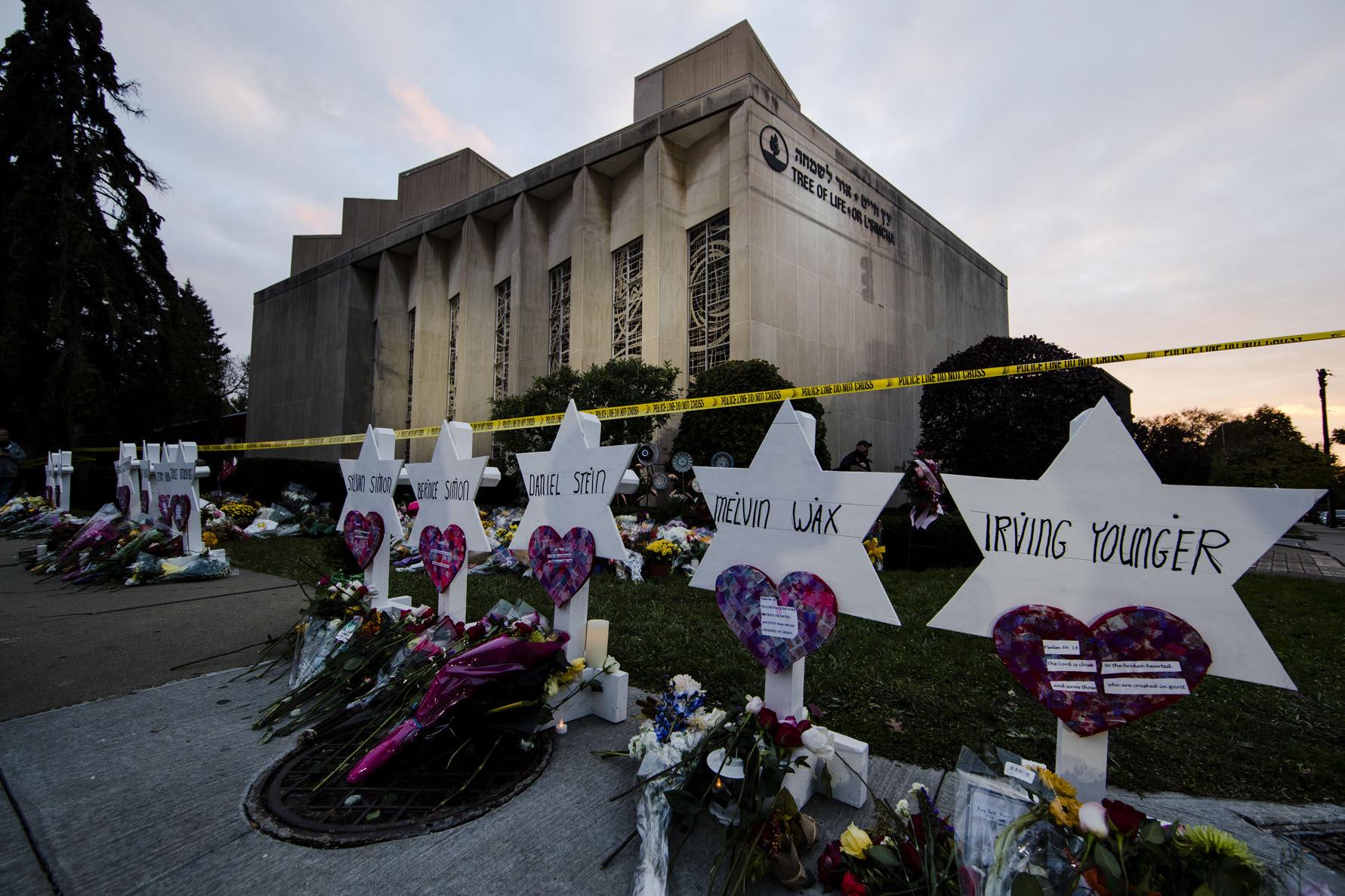
The first letter, written on Aug. 17, 1790, by Touro Synagogue Warden Moses Seixas and addressed to George Washington, the first president of the newly formed United States of America, expresses the anxiety of an oppressed minority and seeks assurance that “the children of the stock of Abraham” will find in the new nation, “all Liberty of conscience, and immunities of Citizenship.”
This year’s letter-reader was Angela Johnson, a social studies teacher at Rogers High School and the 20212022 Newport Public Schools Teacher of the Year.
The second letter, President Washington’s historically important reply, was read by former Rhode Island Secretary of State Nellie Gorbea, who is now a visiting fellow in cybersecurity and democracy at Salve Regina University, in Newport. In this letter, dated Aug. 21, 1790, one year before the adoption of
the Bill of Rights, Washington assures the Newport congregation that he endorses freedom of religion.
The theme of the day was community service. The program also featured the awarding of annual prizes to those who have worked or written in support of religious freedom and community service.
The Judge Alexander George Teitz Award was presented to Gorbea for her efforts as R.I. secretary of state to make voting accessible for all Rhode Islanders, including reforms that now serve as a model for other states.
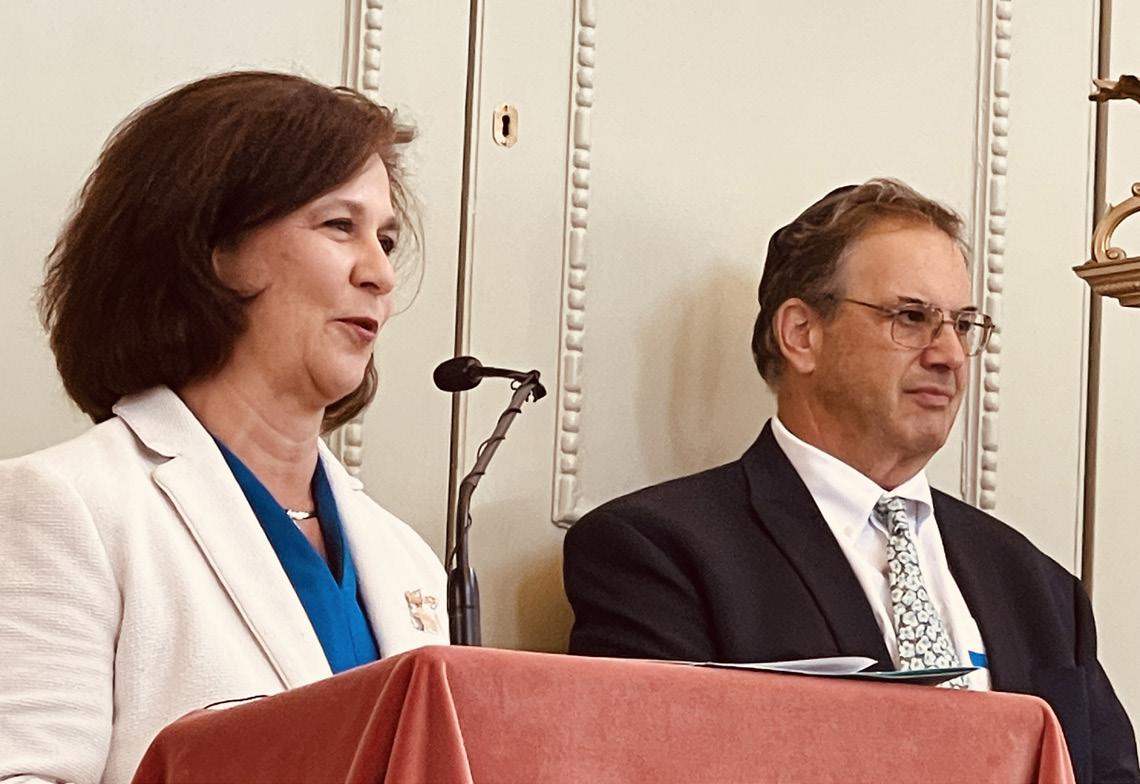
Gorbea said she is “passionate about civic engagement with our government” and reminded the audience that democracy in America demands engagement by its citizens, as well as inclusion.
Former Congressman David Cicilline, now the pres ident and CEO of the Rhode Island Foundation, was the keynote speaker. Cicilline began his remarks by saying that Newport’s Touro Synagogue is “the center – the origin – of religious freedom in America.”
“And if we are today celebrating the fact that a president came here to Rhode Island in 1790, and left us with something precious, in the form of George Washington’s letter to Moses Seixas,
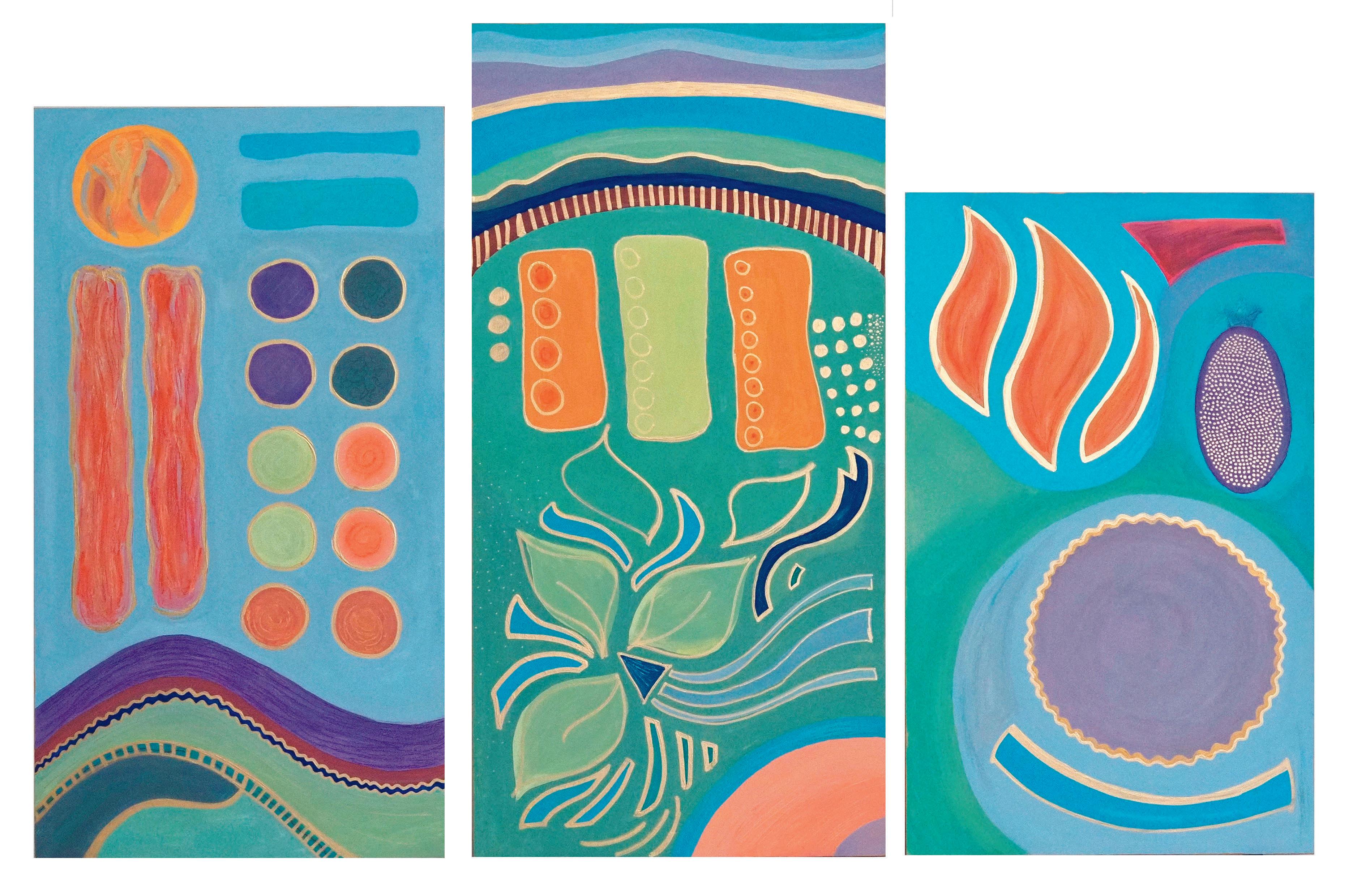
BRISTOL – The sanctuary at the United Brothers Synagogue was full on Aug. 27, both with congregation members and others who turned out to support the temple’s centennial celebration.
Former U.S. Rep. David Cicilline presented the congregation with a “congressional certificate … as an affirmation that we [R.I.] can continue to be a place where not only Jews, but people of all faiths can exercise their religious traditions.”
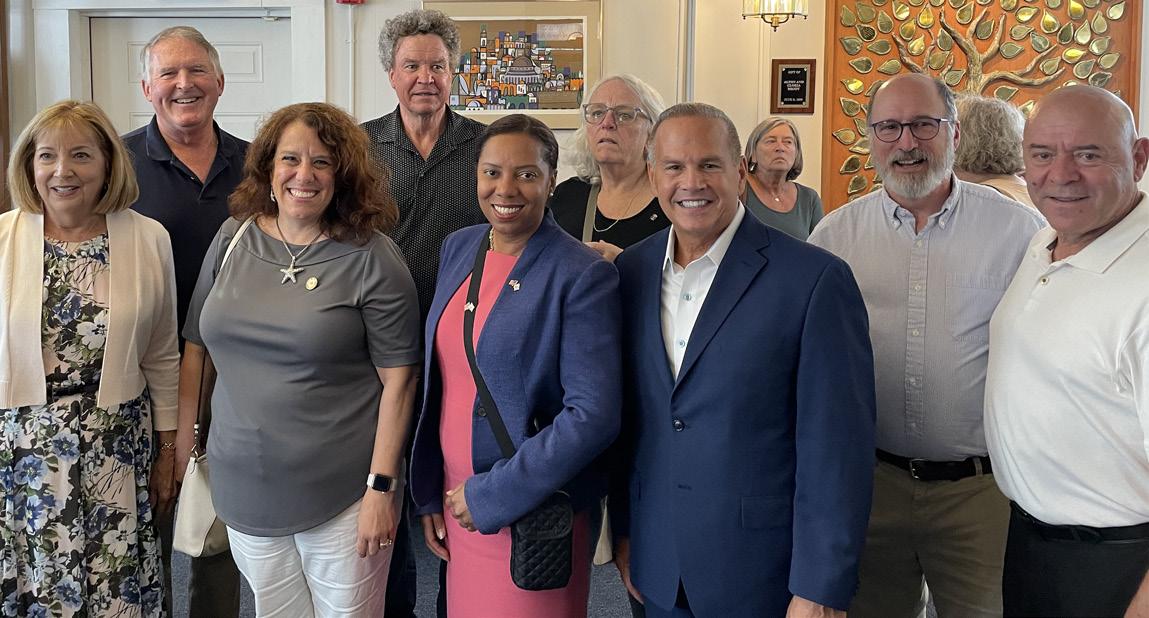
R.I. Lt. Gov. Sabina Matos was also on hand to congratulate the congregation.
“Every time I come to any of the Jewish services … it is striking to notice that most of the time, you need to have safety [police] outside,” she said. “And that’s why I think it’s even more important for us to show up, to show our support.”
United Brothers’ Cantor Dr. Joel Gluck said the celebration “will go down in history because not only is it celebrating a wonderful building, but it’s celebrating this building’s place in a larger community.”
“And it’s great to be with not only our own congregation, but with congregants from all the different religions,” he added.
The congregation was formed 120 years ago, and the synagogue was built in 1923, creating a welcoming home for Jewish immigrants fleeing persecution and poverty in Europe.
It is the second-oldest synagogue in Rhode Island; Touro Synagogue, in Newport, is the state’s, as well as the nation’s, oldest synagogue.
Michael Feldman, the historian for United Brothers, said the sanctuary has not changed much since the synagogue was first built, apart from the stained-glass win-
dows behind the ark, which were added later to depict stories from the Bible.
There is a mystery concerning the stork-like birds on the bimah – Feldman said research has yet to yield a clue.

The synagogue is dedicated to the memory of those who died serving in World War II, with a gold star in the staircase for each one.
The congregation has evolved over time, abandoning its Orthodox tradition in the 1950s for a more conservative form of Judaism. However, by the 1960s, membership had declined and services ceased. This led to a concerted – and successful – effort to revive the congregation in the ’70s.

Now, the congregation meets the first Friday of every month for services and holds events and activities throughout the year.
“We are all happy to be here to commemorate the past 100
years of the congregation in the past 100 years of this building,” Feldman said.
R.I. Rep. Susan R. Donovan, who represents Bristol, said she grew up only a street away from the temple, and she was sad to admit that the 100th-anniversary celebration marked her first time in the sanctuary.
“Thank you for inviting me,” she said, adding that she now hopes to return.
Julie Weinberg, who chaired United Brothers’ centennial celebration committee, said she was delighted by the “really great turnout” of 125 people.
Cantor Gluck added, “100 years seems like a long time. But then, you know, 200 years from now, someone else will be looking back and saying, when they were 100 years old, this is what they did. And now we’re doing this.
“And hopefully this community will grow larger and larger.”
SETH CHITWOOD (www. sethchitwood.com), of Barrington, is a features reporter for The StandardTimes, in New Bedford. He is also the creative director of the award-winning Angelwood Pictures production company.

HAZAMIR PROVIDENCE , an international, pluralistic Jewish choir, is starting to recruit teens for its new season.
HaZamir, which has some 36 chapters across the U.S. and Israel, aims to give teens an opportunity to sing and connect across social, political and denominational lines. HaZamir also provides opportunities for members to excel in both music and leadership, through its Chamber Choir and Teen Leadership Program.
Chapters rehearse weekly, with breaks for holidays, learning music that they will perform in New York City’s Carnegie Hall in April.
For the 2023-2024 season, the HaZamir Providence chapter is looking for Jewish teens in grades 8-12 to check out the first rehearsal, at noon on Sunday, Sept. 10, at Temple Emanuel, 99 Taft Ave., Providence.

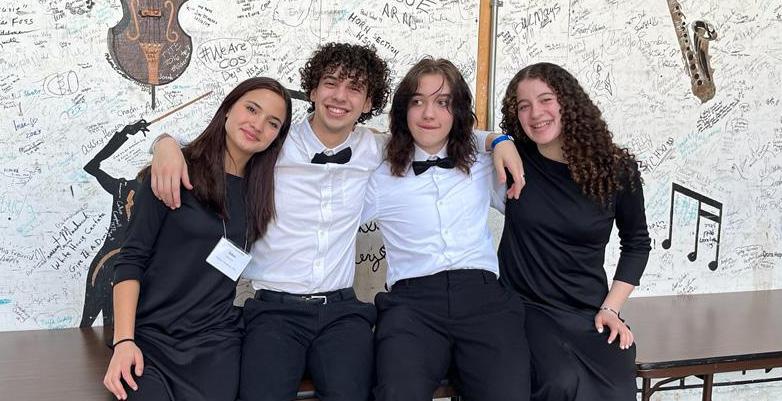
The first rehearsal will provide a chance to learn more about the choir and the community, and even learn the HaZamir anthem. There will be snacks, and no musical or Jewish knowledge is required!
For me, HaZamir has been utterly life-changing. Though I originally had little interest in joining, and showed up largely because my parents urged me to, our rehearsals soon became the highlight of my week.
At a local level, I made good friends in my chapter. And when I attended the international, four-day festival, I made close friends in upwards of 10 cities in both the U.S. and Israel.
HaZamir also has substantially strengthened my Jewish identity – learning about the meaning and history behind the arrangements we sing in such an accepting, pluralistic space has allowed me to grow and explore my worldview in a meaningful and profound way.
For over 30 years, HaZamir has been enriching the lives of Jewish teens on both an international and local level. For more information, go to hazamir.org, follow @ hazamir_providence on Instagram, or email Eitan Pessin at pessin.eitan@gmail.com.
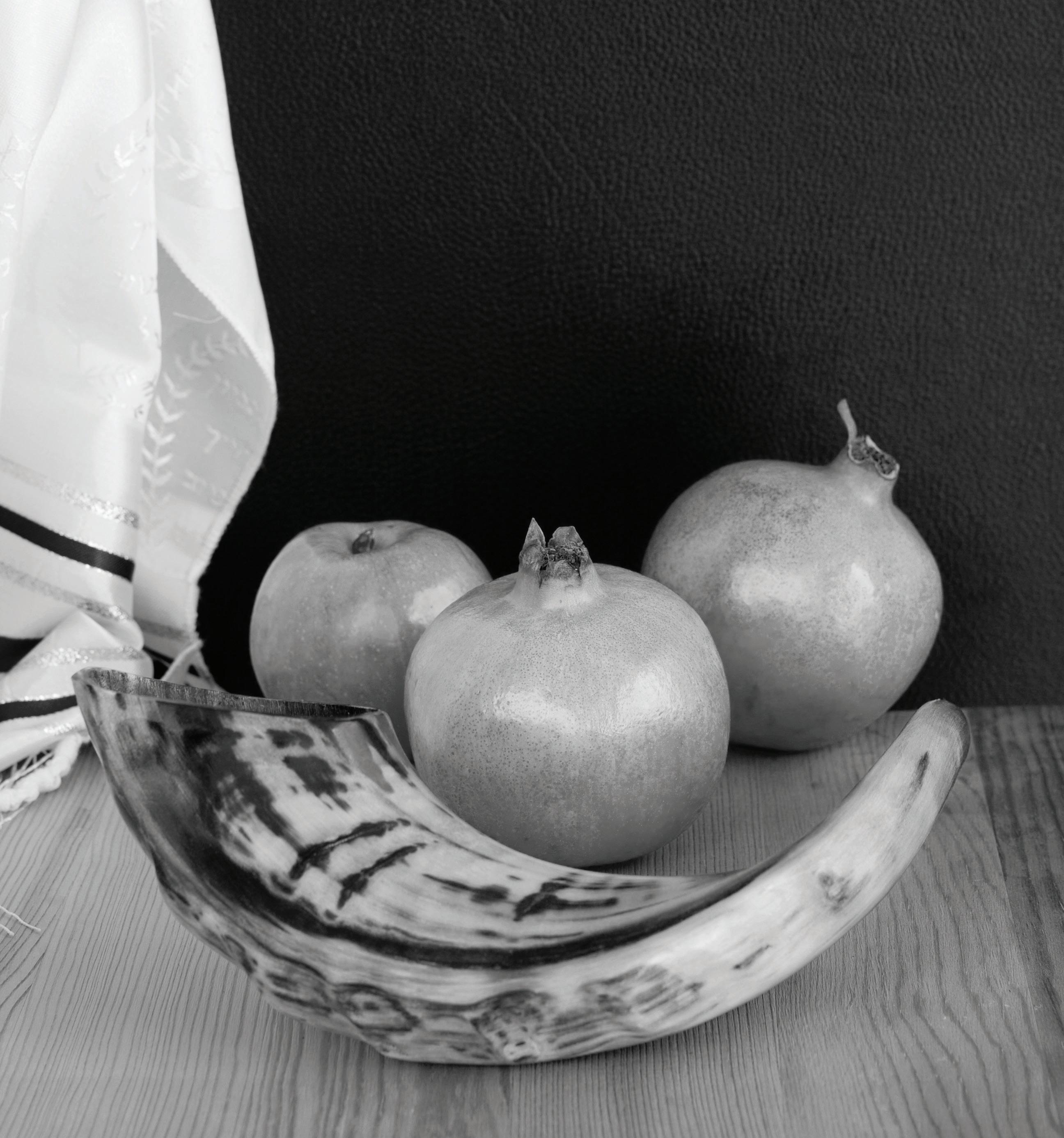
SOLOVEICHIK is the senior rabbi at Congregation Shearith Israel, in New York City, and an assistant professor of Judaic studies at Yeshiva University. The event was sponsored by Shearith Israel and a new congregation, Ahavath Israel, of Newport. It was Ahavath Israel’s first public event.
Rabbi Soloveichik started his talk by presenting the painting “The Declaration of Independence, July 4, 1776,” by John Trumbull. A larger
version hangs in the rotunda of the United States Capitol, and it’s also on the back of $2 bills.
In the painting, Jefferson seems to be the center of attention, but Soloveichik warned: “Let’s be careful not to let our eyes deceive us.”
Jefferson is taller than John Adams, and his image is more detailed, but it is Adams who is in the exact center of the picture. Adams was a workhorse during the American struggle for
EWPORT – On Aug. 6, Rabbi Meir Soloveichik spoke about“Two Paintings at Yale, the Jewish History of Newport” for an audience of about 60 people gathered at the Newport Historical Society.independence, from fighting the Stamp Act of 1765 to providing the reasoning for independence and getting the Declaration of Independence passed, to mention a few things.
While praising Adams and Jefferson, Soloveichik also called attention to their foibles, particularly Adam’s vanity. But he also pointed out that Adams and Jefferson were intellectuals and politicians, a combination that is rare in today’s America.
In terms of religion, Jefferson was a deist who believed that God is not active in the world he created. To Jefferson, he said, ancient Israel was “a nasty sect, which had presented for the object of their worship a being of terrific character, cruel, vindictive, capricious and unjust.”
Soloveichik said Adams
was more tolerant, “... the Hebrews have done more to civilize men than any other nation. If I were an atheist, and believed in blind eternal fate, I should still believe that fate had ordained the Jews to be the most essential instrument for civilizing the nations.
“If I believed ... that all is ordered by chance, I should believe that chance had ordered the Jews to preserve and to propagate to all mankind the doctrine of a supreme intelligent, wise, almighty sovereign of the universe, which I believe to be the great essential principle of all morality, and consequently of all civilization.”
The American Revolution, said Rabbi Soloveichik, was a union between religion and reason.
The second painting Soloveichik presented was a portrait of Ezra Stiles by Samuel King. Stiles was a Congregational minister in Newport, and his diary has many references to the local Jewish community. In 1778, he became president of Yale.
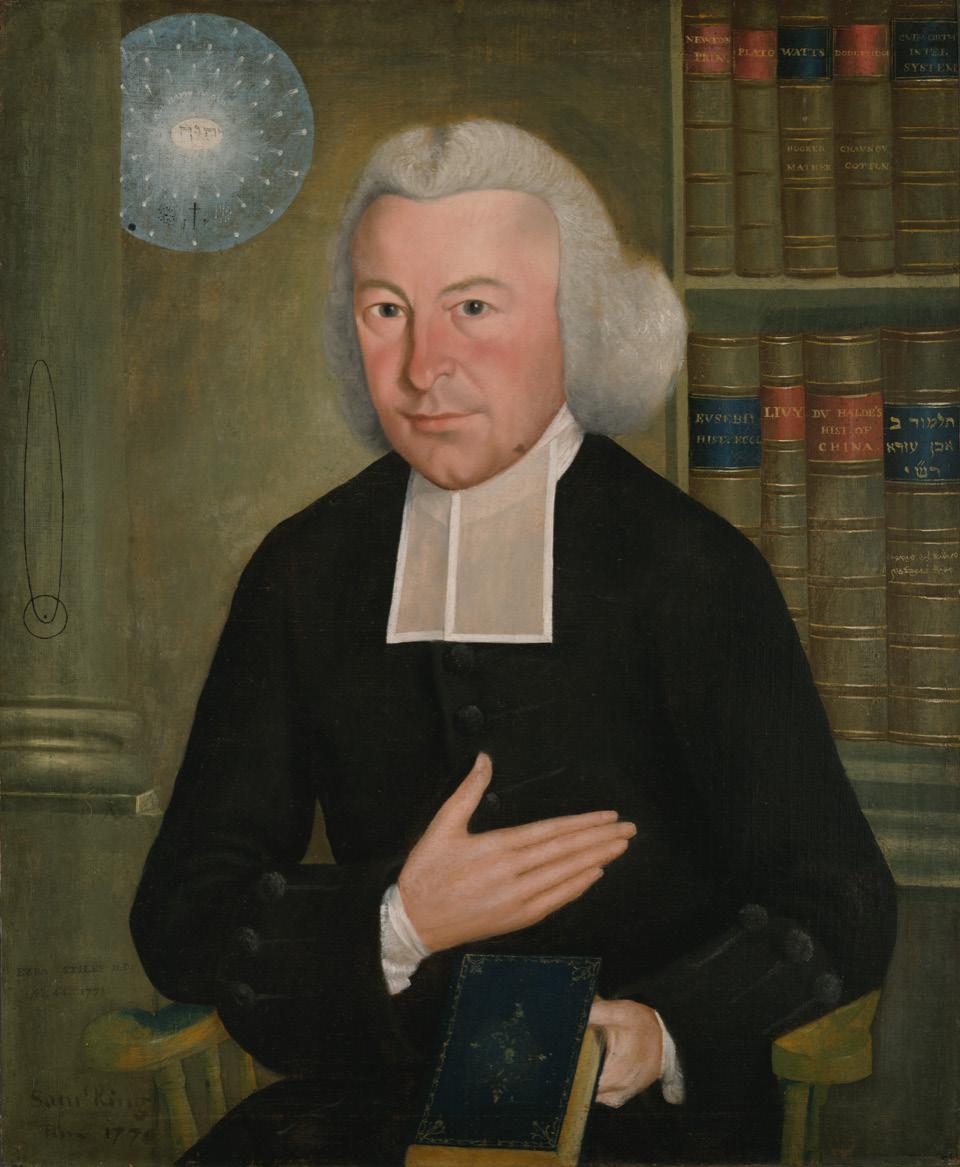
The paintings discussed at the recent program.

from Newport to New Haven, Connecticut, the home of Yale University.
The portrait includes a disc on the wall with the Hebrew letters for God in the center, and a bookcase with Hebrew titles of the Babylonian Talmud, Ibn Ezra and Rashi.
Then Soloveichik revealed a surprise third painting: A portrait of Rabbi Raphael Haijm Isaac Karigal (1733–1777), also by Samuel King and commissioned by Stiles. Karigal was a Talmud scholar who studied in Safed and Jerusalem. He traveled to America, including the West Indies, New York, Philadelphia and Newport. Stiles studied with Karigal in Newport.
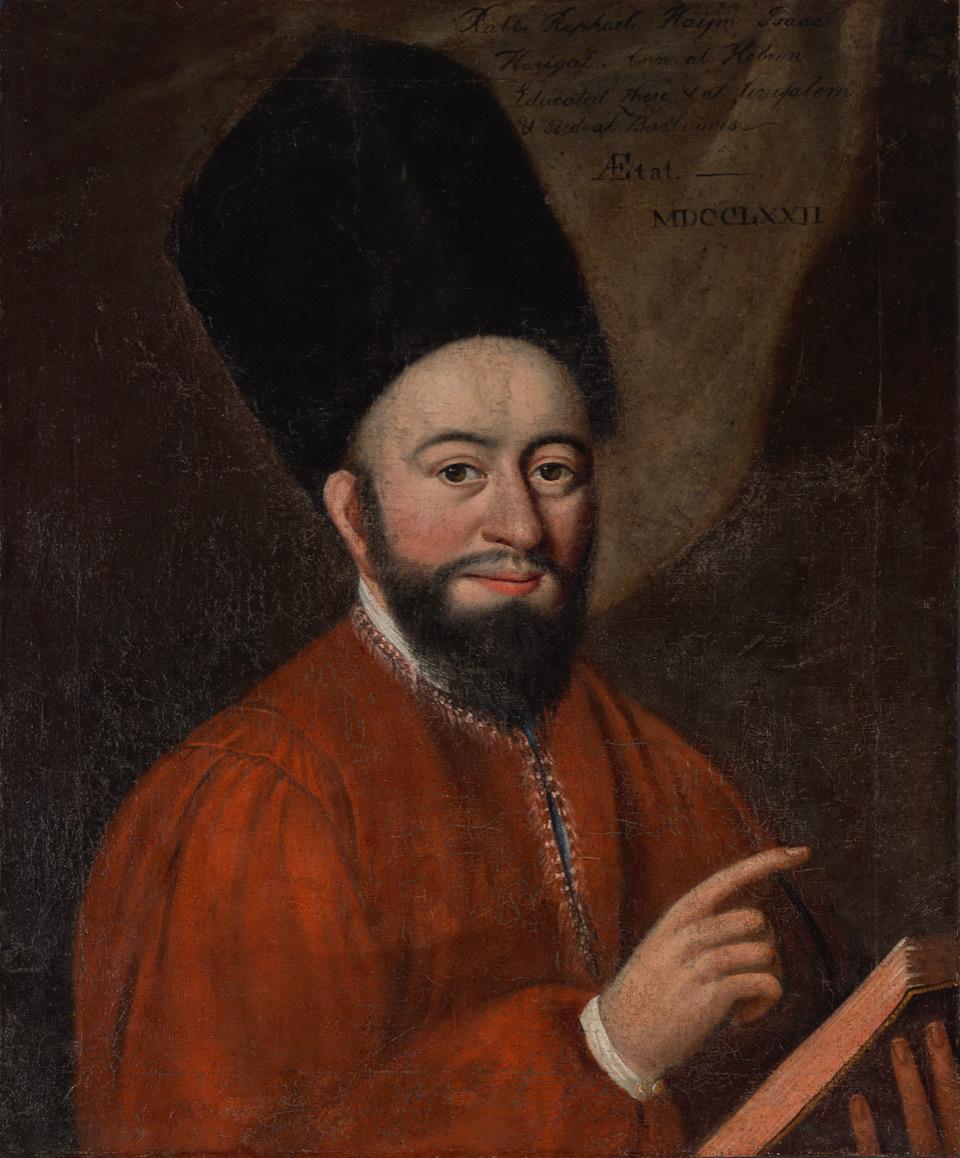
After Rabbi Karigal’s death, in Barbados, Stiles asked merchant Aaron Lopez to send Karigal’s portrait
In his diaries, Stiles wrote that his interest in Judaism was to learn about Christianity. Rabbi Soloveichik said that after encountering Karigal in Newport, Stiles took his interest to a higher level, even to the extent that his children recited the Shema!
After the talk and a snack break, Shearith Israel leader Louis Solomon led an upbeat discussion about the relationship between Shearith Israel and Ahavath Israel.
AARON GINSBURG lives in Stoughton, Massachusetts, and blogs at jewishnewport. blogspot.com.

PROVIDENCE – Following stimulating book discussions in May and June, the Rochambeau Library will continue “Stories of Exile,” sponsored by the Yiddish Book Center, in October and November.
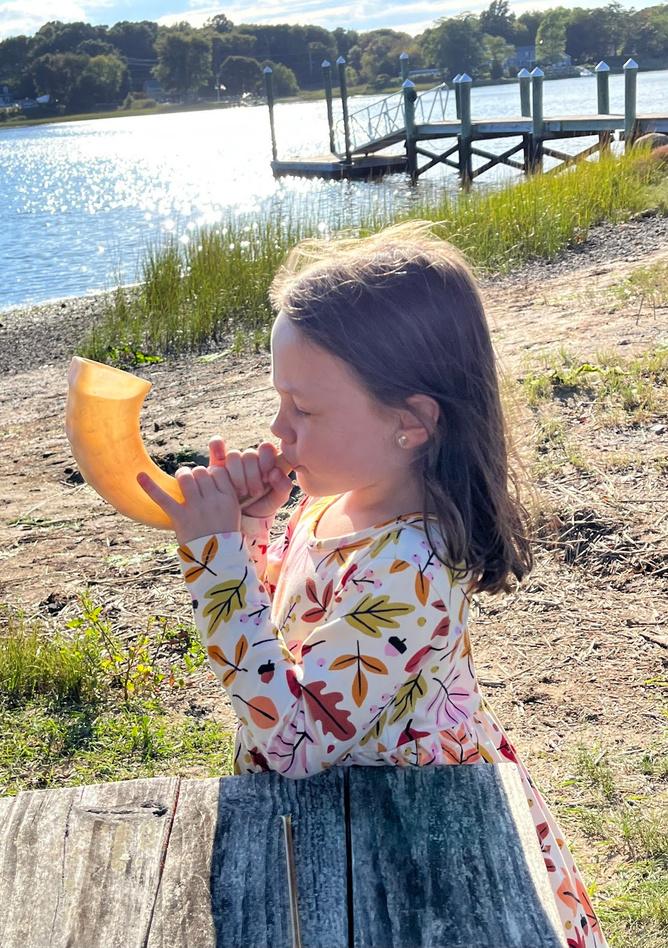
“Stories of Exile” is a reading and discussion program to engage teens and adults in thinking about experiences of displacement, migration and diaspora. Over the course of the spring and fall book discussions, librarians organize participants into reading groups to discuss three books of Yiddish literature in translation, and one book related to the experience of a community served by their library.
Rochambeau Library is one of the nine Community Libraries of Providence, and one of 30 libraries across the country selected to participate in the discussion series. The Yiddish Book Center’s “Stories of Exile” Reading Groups for Public Libraries is made possible by a gift from Sharon Karmazin.
Participants who attended the spring book discussions read “The Glatstein Chronicles,” by Jacob Glatstein, a heavily autobiographical novel about a Polish Jewish immigrant returning to his homeland from America for the first time in 20 years to see his dying mother.
One of the foremost Yiddish poets of his day, Glatstein used his journey as the basis for two highly autobiographical novellas (translated as “The Glatstein Chronicles”) in which he intertwines childhood memories with observations of growing antisemitism in Europe from 1905 to 1934. This book provided an opportunity for those in the group who came from immigrant families to talk about their own family’s history.
In October, the program will explore “In the Land of the Postscript,” by Chava Rosenfarb, seven stories about survivors of the Holocaust, as well as discussing the movie “Enemies: A Love Story,” based on the book by I.B. Singer about a Holocaust survivor living in New York City who struggles with



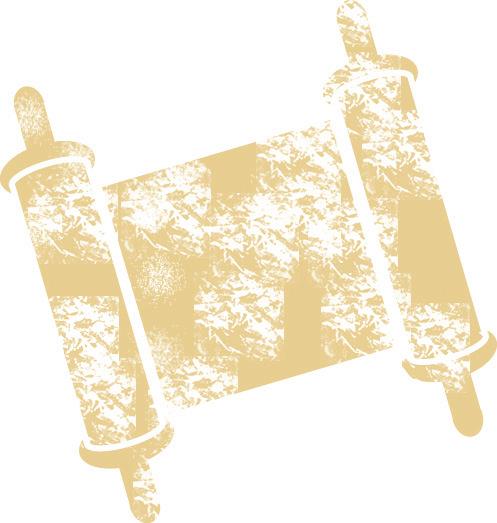



depression.

In November, the group will discuss “On the Landing,” by Yenta Mash, which documents the lost world of Jewish Bessarabia, the texture of daily life behind the Iron Curtain in Soviet Moldova, and the challenges of assimilation in Israel.
The final book in the series is “The Namesake,” by Jhumpa Lahiri, which portrays a family of first- and second-generation Americans from India.
All three books, as well as the movie, address issues of identity, assimilation, and remembering and forgetting the past.
All discussions will be led by Lee Teverow and Jon Landry, and are held in-person at the library, at 708 Hope St., from 2 to 3:30 p.m. on the following dates:
OCT. 3: “In the Land of the Postscript”
OCT. 17: Discussion of the film “Enemies: A Love Story” (watch at home)
NOV. 7: “On the Landing”
NOV. 21: “The Namesake” For more information and to register for the free program, email rocadults@clpvd.org.
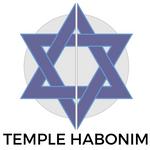
Copies of “On the Landing” and “In the Land of the Postscript” are available at the Reference Desk at the Rochambeau Library. These titles, as well as “The Namesake,” are also available as eBooks on Hoopla, which is free through the library.
“Enemies: A Love Story,” can be requested on DVD from the library or streamed for free through the library’s website, on Kanopy.
Patrons of other R.I. public libraries may also inquire at their own libraries about the availability of the books and movie.
The Yiddish Book Center, in Amherst, Massachusetts, is a nonprofit organization dedicated to recovering, celebrating, and regenerating Yiddish and modern Jewish literature and culture.
LEE TEVEROW, a lifelong Rhode Islander, is the adult services librarian at the Rochambeau Library, in Providence.
THANKS TO the efforts of R.I. Chamber Music Concerts, the world-renowned Jerusalem Quartet will return to Providence for the first time in five years, playing music that expresses the Jewish experience in 20th-century Europe and Israel.
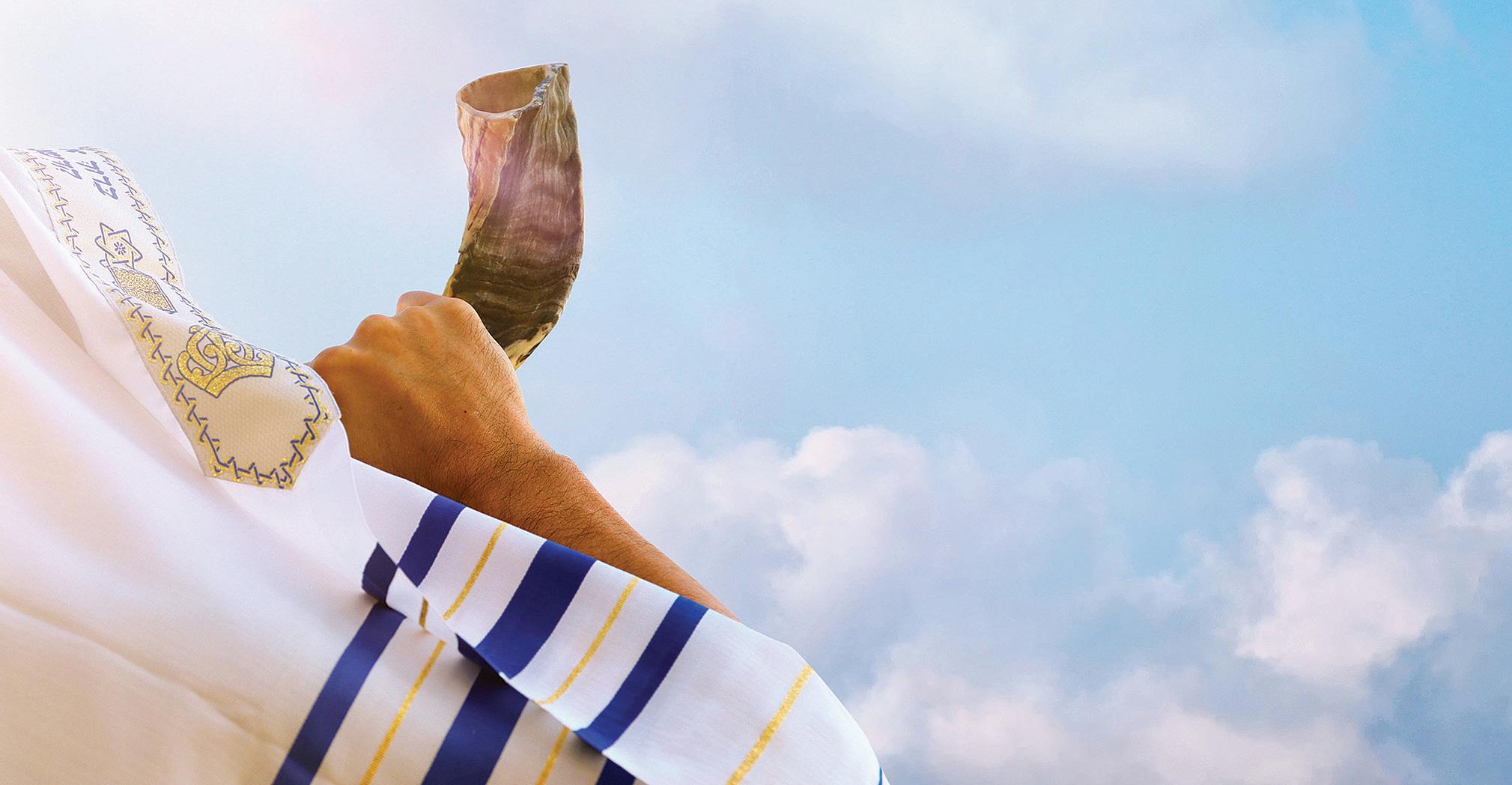
The quartet will perform at McVinney Auditorium on Oct. 3 as part of its 2023 world tour, which includes concerts in the Netherlands, France, Spain, London and New York City’s Carnegie Hall.
In Providence, the quartet’s carefully curated program will include Paul Ben-Haim’s deeply moving String Quartet No. 1, written in 1937, just three years after he fled to Palestine from Germany.
Ben-Haim, one of the founding fathers of Israeli classical concert music, wrote over 250 works, many featuring the musical style for which he became popular – tonal melodies in the 20th-century European style mixed with elements of Middle East folk music and adapted for a classical venue.
In his String Quartet #1, some interpreters hear Ben-Haim’s emotional journey from Europe to the Middle East, his relief and joy in discovering his new homeland, and his despair at the events unfolding in Germany in the late 1930s.
The quartet’s repertoire also includes the string quartets of Dmitri Shostakovich, most of them written during Stalin’s evil machinations against the Jews of the Soviet Union. “This music seems to tell ‘our’ story,” said first violinist Alexander Pavlovsky.
That story is personal: Three of the quartet’s members were born in the former Soviet Union: Pavlovsky, second violinist Sergei Bresler and cellist Kyril Zlotnikov.
Shostakovich, at great
risk to himself, helped many Jewish artists, and he included elements of klezmer, folk and liturgical motifs in many of his greatest works, including String Quartet #2. Themes in the second movement echo those of klezmer bands, and the fourth movement begins and ends with a mournful Jewish-sounding melody.
Reflecting further upon their fondness for Shostakovich’s quartets, Pavlovsky said, “Each composer we play is our favorite composer at that moment. … We have a special relationship with the music of Shostakovich. But that does not mean that playing Haydn or Beethoven is any less meaningful for us.”
On Oct. 3, the quartet will open its concert with Haydn’s String Quartet Opus 76, No. 6, a piece in which all four instruments are used in leading melodies.
Pavlovsky plays a 1696 Antonio Stradivarius violin; Bresler plays a 1770 Lorenzo Storioni violin; and Zlotnikov often plays a 1743 J.B. Guadagnini cello. But violist Ori Kam plays a viola made by the contemporary luthier Hiroshi Iizuka.
“Hiroshi has built one of his best violas in my opinion, and it is all mine,” Kam said.
The Jerusalem Quartet will perform on Tuesday, Oct. 3, at 7:30 p.m., at the McVinney Auditorium, 43 Dave Gavitt Way, Providence. Tickets may be purchased at the Rhode Island Chamber Music Concerts’ website, RICMC.org, and at the concert.
After the concert, audience members are invited to enjoy light refreshments and to meet the members of the Jerusalem Quartet.
LINDA K. SHAMOON is a board member of RICMC (RI Chamber Music Concerts) and LLC (Lifelong Learning Collaborative).
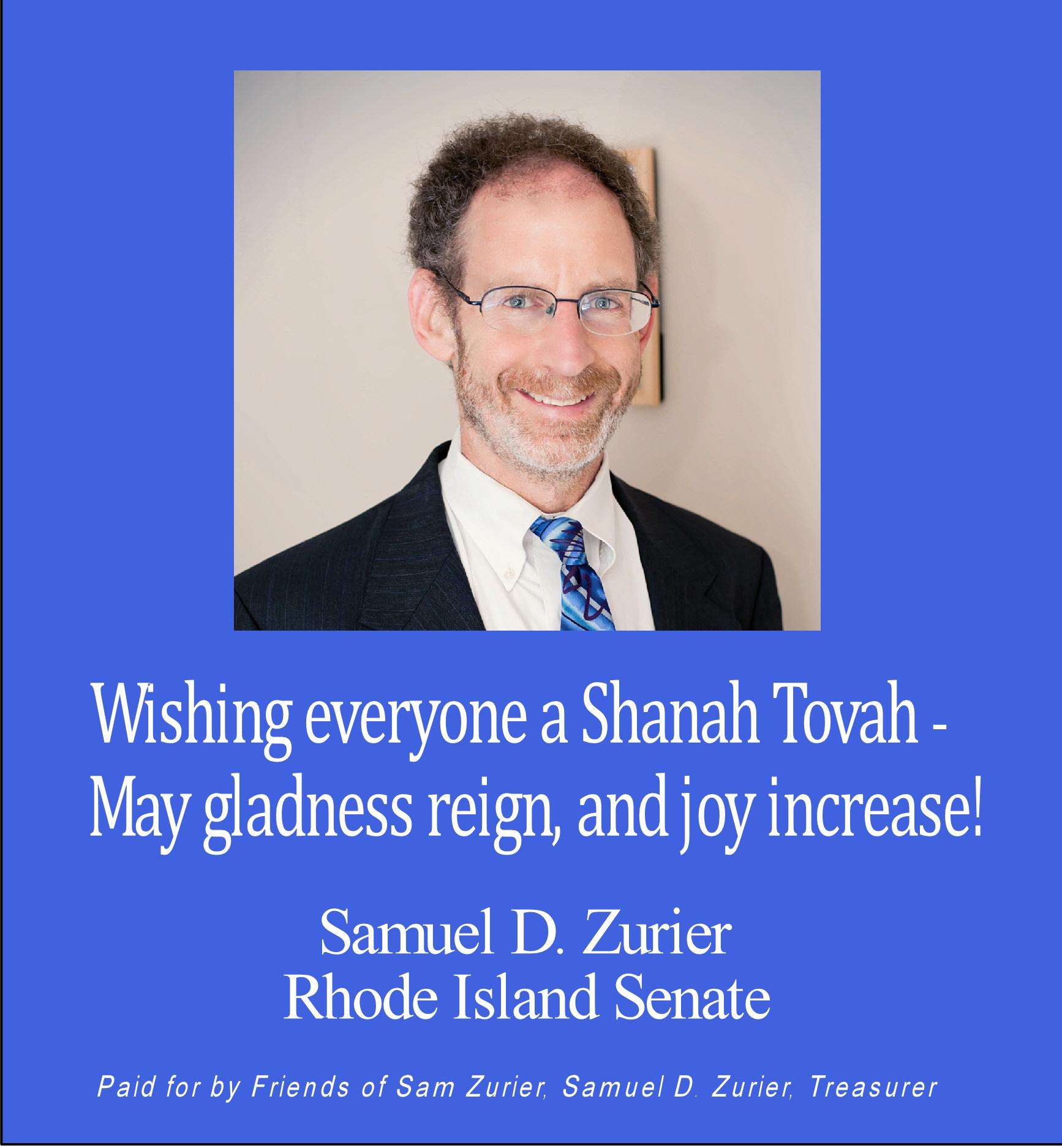
Temple Torat Yisrael
recently hired Rabbi Ari Saks, as well as a new education director for the Cohen Religious School.
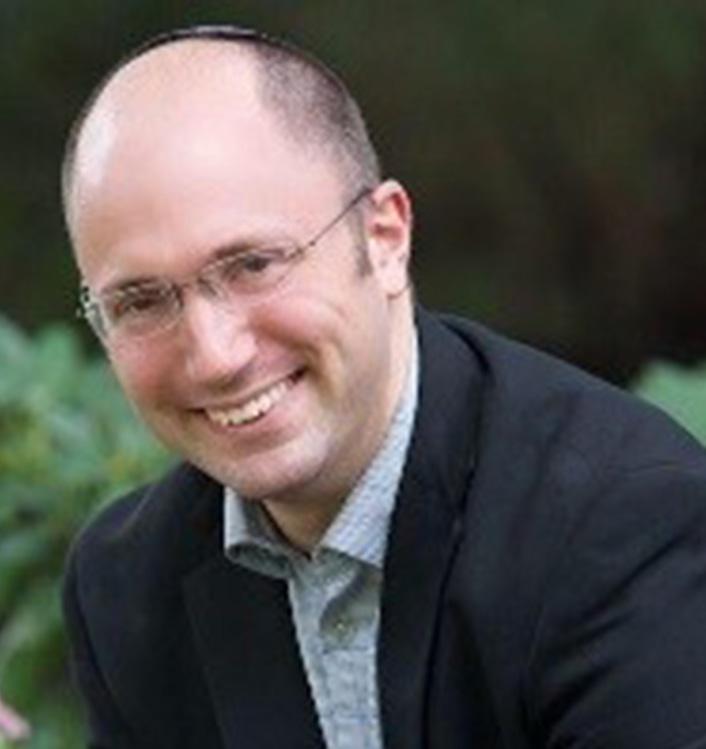
Saks, who replaces departing interim Rabbi David Barnett, started in August on a one-year, part-time basis.
Hillary Guttin, the new education director, will be in place for the start of the school year, on Sept. 10.
Saks comes to Torat Yisrael from the Huntington Jewish Center, in New York, where he was the spiritual leader for six years. During this time, he invigorated Shabbat morning services with engaging Torah discussions, created deep and meaningful relationships with members of all ages, developed innovative and inspirational educational programs for children and adults, and managed the challenges created by the COVID-19 pandemic, among other accomplishments.
Prior to his time at HJC, Rabbi Saks spent five years at Congregation Beth Mordecai, in Perth Amboy, New Jersey. In Perth Amboy, Saks was nicknamed the “Mall Rabbi” for setting up office hours in a local mall as part of his extensive outreach efforts.
Rabbi Saks has an M.A. in Jewish Education and a B.A. in Bible from the Jewish Theological Seminary, and a B.A. from Columbia University in Middle Eastern and Asian Languages and Cultures. He and his wife, Rachel, have two children.
Guttin, who is from South Florida, has always been involved in Jewish life, starting with junior congregation and Hebrew School. She has a degree from Brandeis University, where she was heavily involved in Hillel and Jewish a capella.
In Rhode Island, Guttin has worked at the Jewish Alliance of Greater Rhode Island as a development associate, and taught Jewish

ethics and Hebrew at Torat Yisrael. This fall, she will start her eighth year teaching Judaic Studies at the Jewish Community Day School of Rhode Island in Providence.
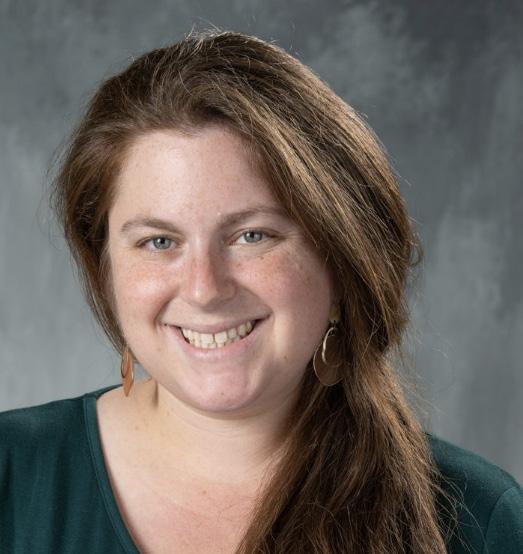
Guttin says her educational philosophy is that one’s connection to Judaism as a whole is personal – and it is up to educators to help the next generation find its Jewish niche.

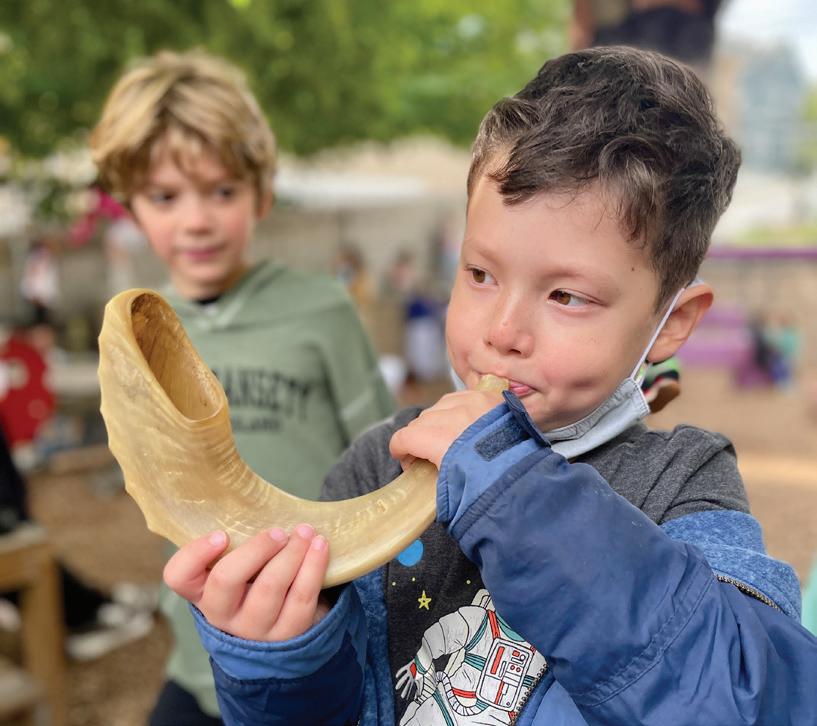
Guttin and her family live on a farm in North Scituate, and she plans to bring more gardening programs into the classroom – and bring the classroom outside as well.

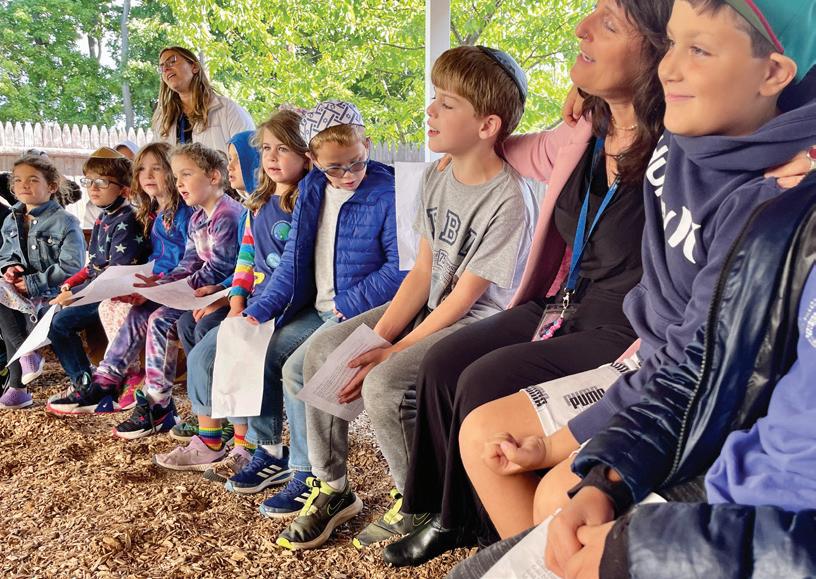
Submitted by Temple Torat Yisrael



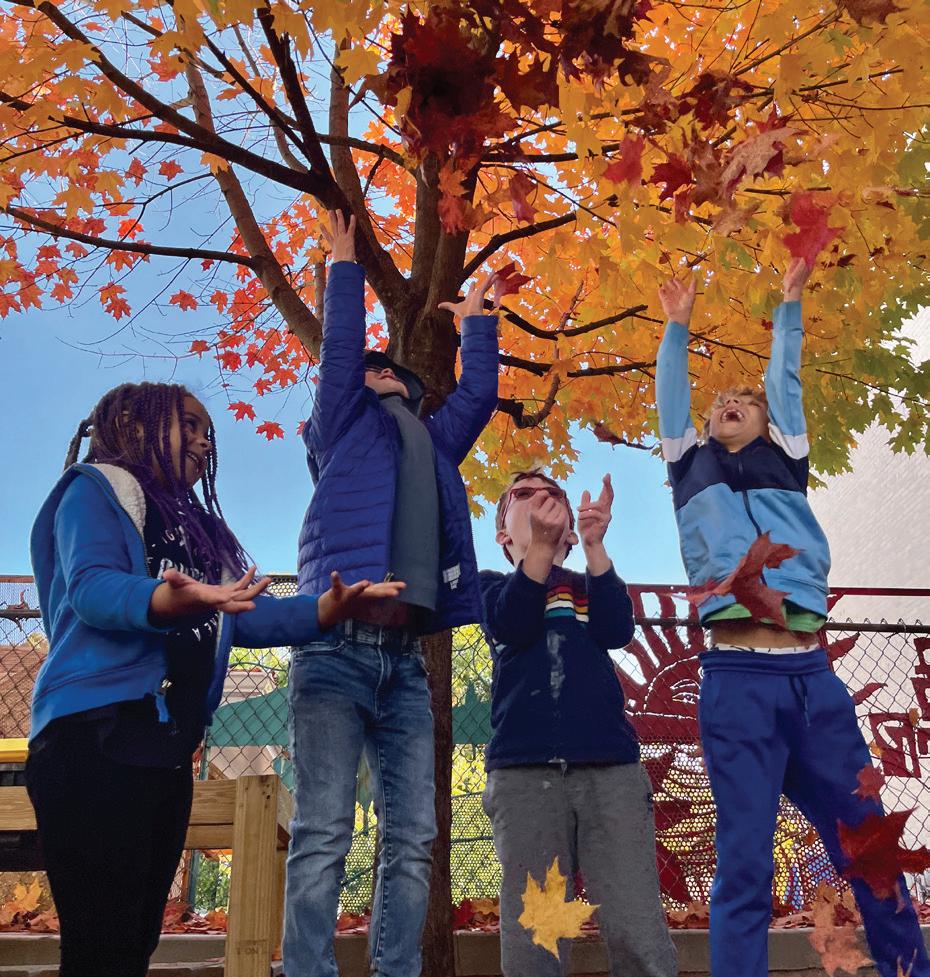
PROVIDENCE – Barrington resident
Julie Gerstenblatt is the author of the new novel “Daughters of Nantucket,” which will be the subject of this year’s inaugural Behind the Book series, on Oct. 10.
GERSTENBLATT, a former English teacher who was apart from the mainland by an economy that revolved
tains, on whaling ships.
As a result, a free Black community was able to thrive on the island – which is not to suggest that there wasn’t discrimination.
In addition, because many of the island’s men were away for years at a time, searching for increasingly scarce whales, women were left to run homes and businesses on their own – a level of independence not found

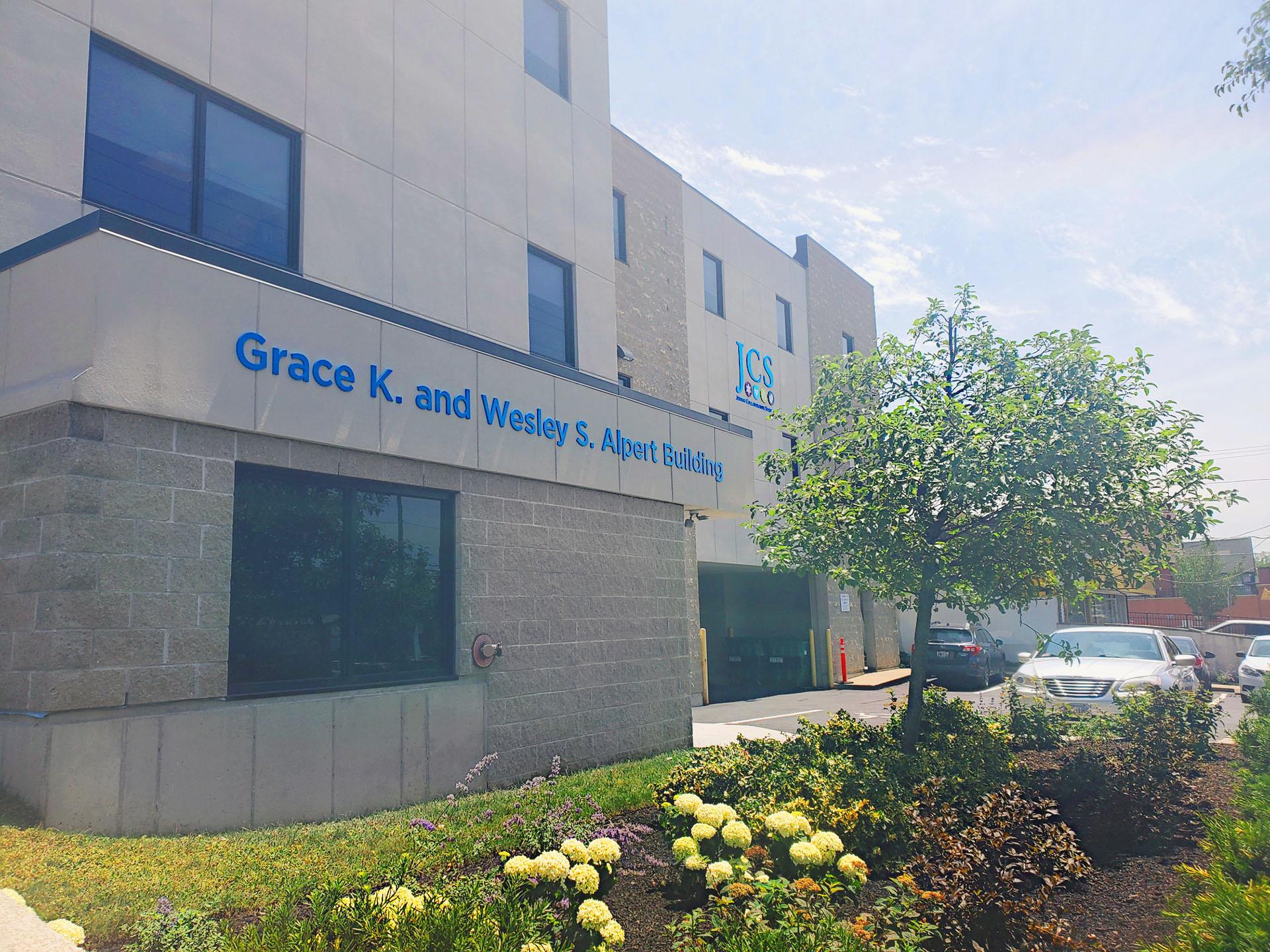
Nov. 15: “18 Days in October,” by Uri Kaufman
Dec. 5: “Can You Be Alone with a Bowl of Chocolate?,” by Irene Berman-Levine

Jan. 23, 2024: “We Need to Talk About Antisemitism,” by Rabbi Diana Fersko
Jan. 30: “The Ways We Hide,” by Kristina McMorris
March 26: “On Brand: Shape Your Narrative. Share Your Vision. Shift Their Perception,” by Aliza Licht.
CONTINUED ON PAGE 37
CONTINUED FROM PAGE 29
we are also celebrating a great gift from Rhode Island to the rest of the United States,” he said.
But Cicilline did not shy away from reminding the audience of those who were left out of the founder’s vision and governmental protection, particularly indigenous Americans.
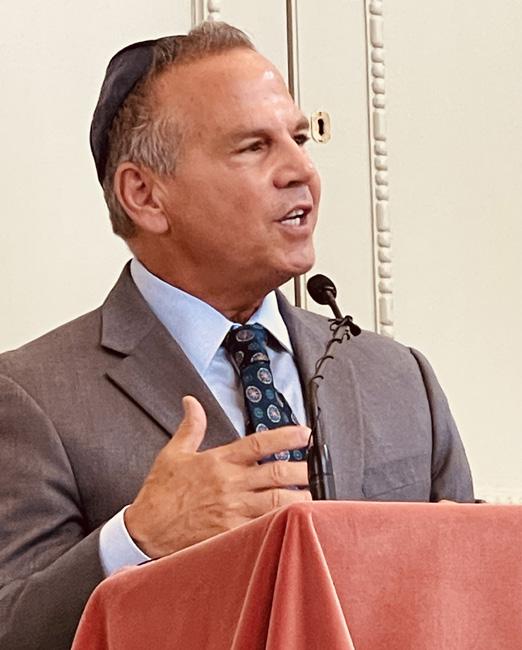
He also pointed out that in 1790, slavery and the slave trade were flourishing, which he characterized as the opposite of freedom.
Cicilline concluded on an optimistic note, pledging that as head of the Rhode Island Foundation, he will help to secure for all people the
CONTINUED FROM PAGE 36
cover of the book.
On Oct. 10, at 7 p.m., the Jewish Alliance of Greater Rhode Island will host “An Evening with Local Author Julie Gerstenblatt,” followed by a Q-and-A, in the Baxt Social Hall at the Alliance’s Dwares Jewish Community Center, 401 Elmgrove Ave.,
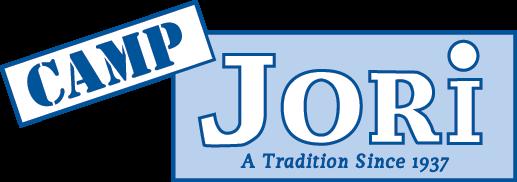
aspirations expressed in the letters: that we scatter light –not darkness – for everyone. In the middle and at the
Providence.The cost is $10. Register to attend at www. jewishallianceri.org/events/ btb-nantucket.
The author will be available to sign copies of “Daughters of Nantucket” at the event. The book will be available for purchase at the event, or it may be purchased at Books on the Square, in Providence, and other book-
conclusion of the day’s program, the audience was entertained by acclaimed soprano Alison Hosford, accompanied on piano by Suzanna Laramee, president of the board of directors of Newport Classical. The first selection was Florence Price’s “Hold Fast your Dreams,” with words by the poet Langston Hughes, and the second piece was Richard Rodgers and Oscar Hammerstein’s “You’ll Never Walk Alone,” from the musical “Carousel.”
SAM SHAMOON , of Providence, is a member of the Touro Synagogue Foundation Board of Directors.
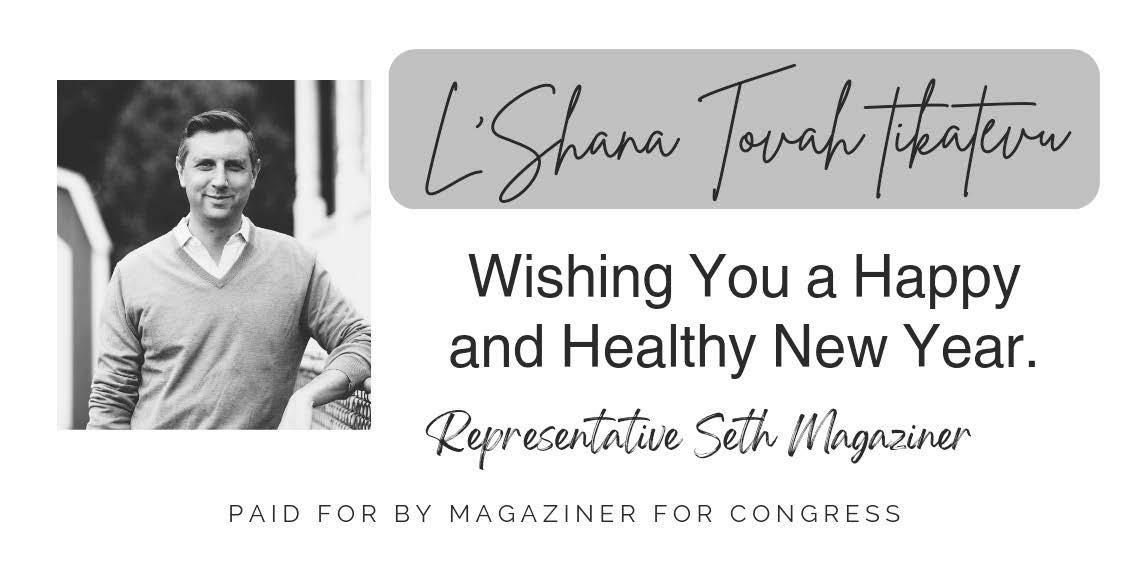
sellers.
From 7-7:30 p.m., there will be a reception with locally inspired cocktails. The program begins at 7:30.
DEVORAH PHILLIPS (dphillips@ jewishallianeri.org) is the manager of arts and culture programming at the Jewish Alliance of Greater Rhode Island.
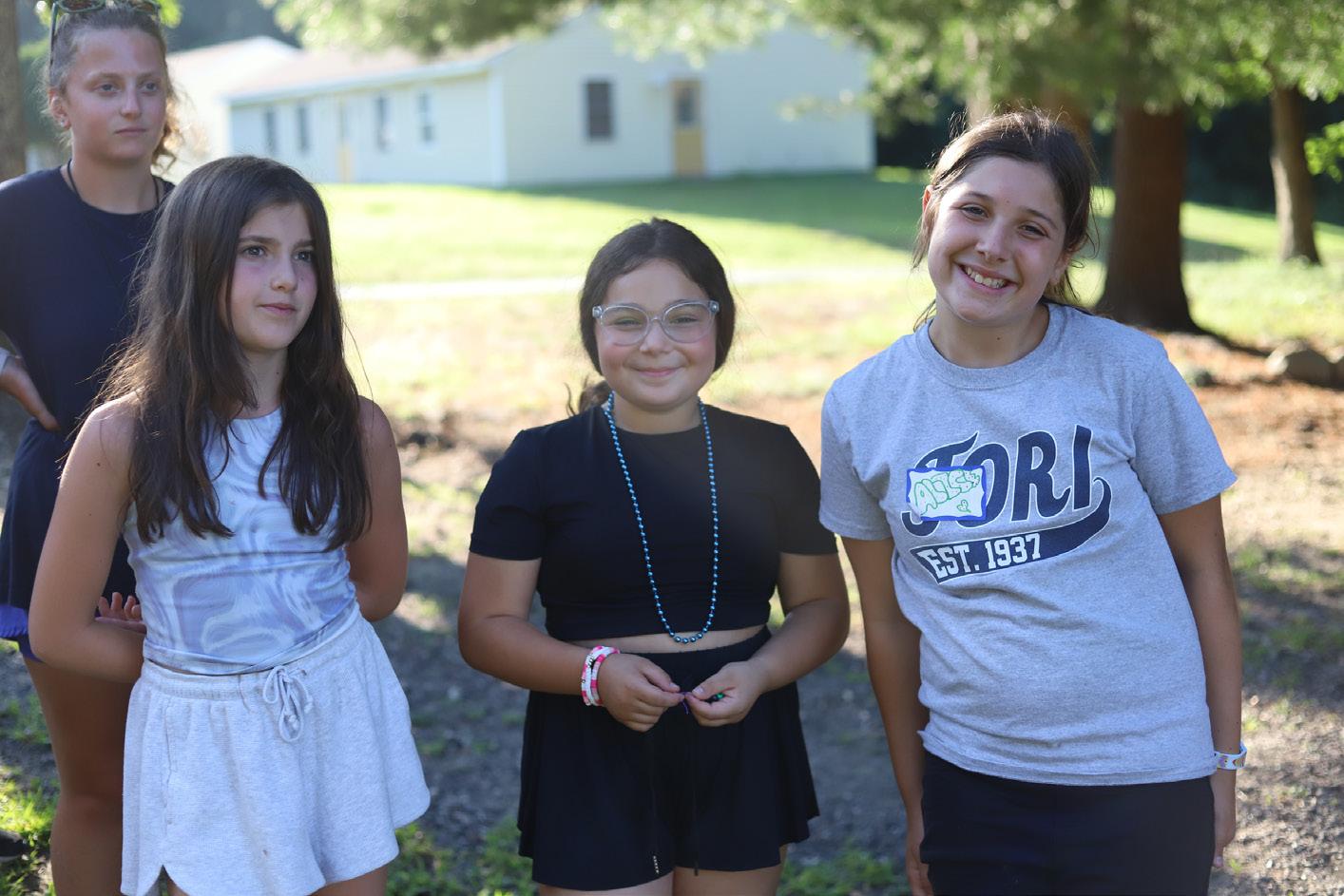
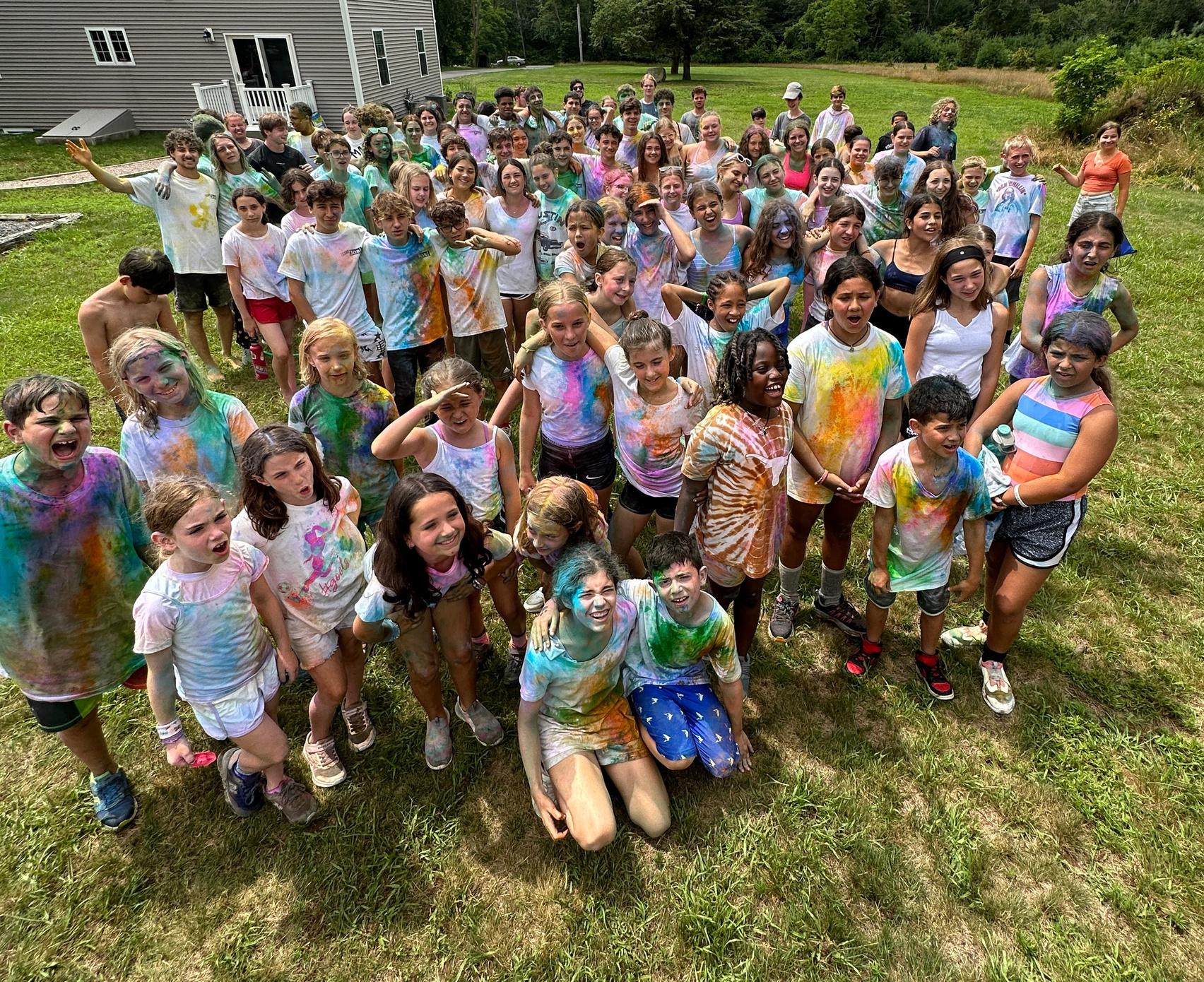
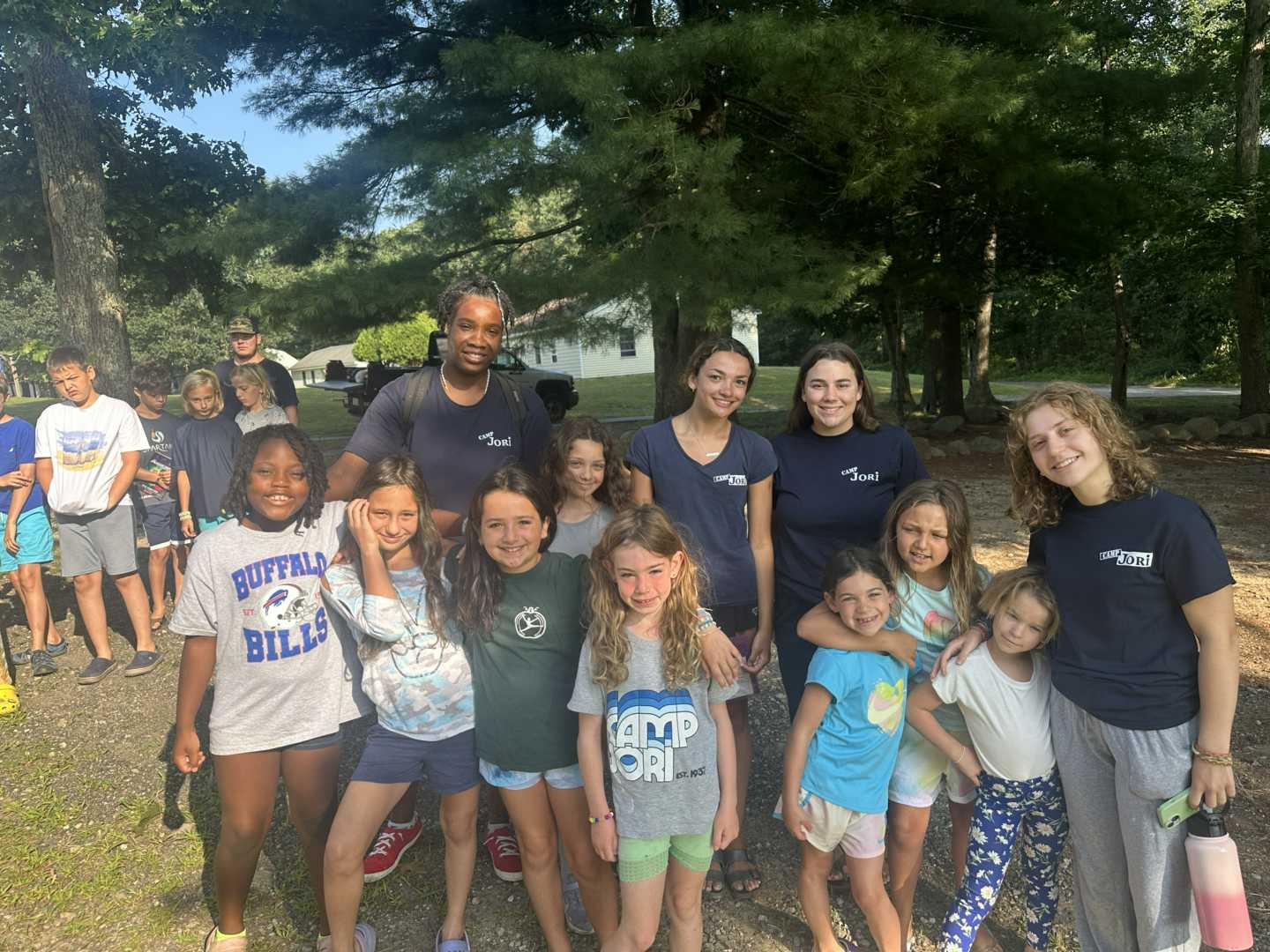
NOTICE!
Lincoln Park Cemetery and its o ces will be closed on observance of the following holidays:
Sunday, September 17: Second Day of Rosh Hashanah
Monday, September 25: Yom Kippur
Sunday, October 1: Second day of Sukkot
Sunday, October 8: Simchat Torah
DANCE DANCE EVOLUTION!
FRIDAYS, OCT 13–NOV 3
Culture meets fitness in a safe, accepting, and joyful community.
THURSDAYS, SEPT, OCT, NOV

Examine the linguistic and cultural origins of Yiddish including stories, songs, rituals, and objects.
THE WORDS “back to school” excite many children and teens, but some of them also have back-toschool jitters about new routines, separating from parents, schoolwork, new teachers and/or social interactions. This anxiety is especially prevalent among students who are in a transition year, like starting preschool, kindergarten, middle school, high school, college or a new school. The good news is that most of this anxiety will subside over a few weeks. But there are some red flags that indicate a child’s anxiety is causing significant distress, including:
CONTINUALLY SEEKING REASSURANCE or asking repeated, worried questions, despite already receiving an answer. TANTRUMS when separating from caregivers to attend school.
WEDNESDAYS, SEPT, OCT, NOV Improve your
coordination, posture, and overall well-being.
WEDNESDAYS, SEPT 27–DEC 6
Explore the pinch, coil, and slab techniques to create exciting forms.
MONDAYS, SEPT 11–DEC 11
Join a community that provides writing motivation, optional group sharing, and one-on-one consultation.
FOR MORE CLASS INFORMATION, TIMES, AND PRICES VISIT
jewishallianceri.org/connect/things-to-do/adult-classes
Devorah Phillips
401.421.4111. ext. 163
dphillips@jewishallianceri.org
401 ELMGROVE AVENUE, PROVIDENCE RI
wetting. It is important to rule out any physical conditions before treating any mental-health concerns. Anxiety disorders are the most common mental-health disorders in children and adolescents. Children and teens can also suffer from social anxiety, which can impact their ability to function at school.
Social anxiety occurs when a person is overcome with fear and worry in social settings, leading to deep feelings of embarrassment and fear of being judged by others. Symptoms include feeling nauseous, sweating, nervous shaking, unexpected blushing and fear of having to talk or perform in front of a group.

Emotional distress that goes unresolved can sometimes lead to school avoidance – students who want to arrive late, leave early, or skip school altogether.
DIFFICULTY GETTING ALONG with, or withdrawal from, family members and/or friends.
AVOIDANCE of normal activities in and out of school.
FATIGUE , taking longer to fall asleep, waking parents during the night.
LOSS OF APPETITE or changes in eating habits.
DIFFICULTY CONCENTRATING EXTREME MOOD SWINGS or expressing feelings of hopelessness, despair and worthlessness.
USE OF DRUGS or alcohol.
FREQUENT SOMATIC COMPLAINTS of headaches or stomachaches, or even vomiting.
Parents should check with their pediatrician about any physical issues, such as headaches, stomachaches, frequent vomiting, changes in eating habits and bed-
School refusal is an extreme pattern of avoiding school due to emotional distress and is distinguished from normal avoidance by how long the child has been avoiding school, how much distress they associate with attending school, how strongly they resist, and how much their resistance is interfering with their life and their family’s life.
The longer a child is absent from school, the harder it is to get back into the routine.
The reasons a child or teen may refuse to go to school include being bullied, not understanding or failing a subject, rejection from peers, family conflicts or problems at home, physical illness or other mental-health disorders.
School refusal is different from truancy, which is not typically a result of anxiety. Instead, a truant child or teen might not care about school, or might feel that they don’t have a good reason to attend.
And let’s not forget about college students! Anxiety disorders are one of the most common mentalhealth problems on college campuses, according to the Anxiety and Depression Association of America. The increase in antisemitism on college campuses can also contribute to feelings of anxiety. Here are some statistics:
30% of college students report that stress negatively impacts their academic performance.
85% of college students report feeling overwhelmed by everything they must do.
6% list anxiety as their top concern.
5% report taking medication for anxiety or depression.
Here are some ways that you can help your child reduce back-to-school anxiety:
A WEEK OR TWO BEFORE SCHOOL STARTS, start preparing children for the transition by resuming school-year routines, such as establishing a bedtime, preparing tomorrow’s clothes and packing bookbags. This probably means going to bed earlier and putting screens away 30 to 60 minutes before bedtime.
ARRANGE PLAY DATES and meetups with friends before school starts. The presence of a friend during transitions has been shown to improve a child’s academic and emotional adjustment.
VISIT THE SCHOOL BEFORE the first day. Take a tour, meet the teachers, learn how to use a locker (those combination locks are tricky to learn in seventh grade!), see where classrooms and bathrooms are. You can also rehearse the drop-off routine and practice walking to the classroom.
INFORM STAFF if your child has anxiety, and perhaps establish a go-to person who they can check in with upon arrival (an aide, counselor, nurse), as well as someone they can go to if they need a break during the day (an aide, counselor, nurse, principal, teacher).
VALIDATE AND LISTEN to your child’s worries to help them feel secure. Don’t dismiss or avoid them by
saying “everything will be OK.”
HIGHLIGHT THE GOOD and fun times your child has had in the past.

MODEL GOOD stress management.
ENCOURAGE JOURNALING , yoga, meditation, mindfulness, calm coloring.
CONNECT FAMILY MEMBERS as much as possible. Everyone’s after-school schedule is busy with sports, clubs and lessons, but try to eat together at least one or two nights during the week. Turn off all devices while you are eating, so you can focus on the food and one another.
GET OUT IN NATURE , which has been shown to reduce levels of stress, depression and anxiety. Smell the roses, head to the beach, take a hike, look up at the clouds!
And, finally, the best advice: ASK YOUR CHILD WHAT WOULD SUPPORT THEM IN TRANSITIONING BACK TO SCHOOL . It might be a new outfit or an after-school plan for the first few days, such as a relaxing family activity or a get-together with a close friend.
If problems persist or increase in frequency and intensity, as well as interfering with the child’s ability to attend and participate in school, you may need to seek professional mental-health services. This can include Play Therapy, Cognitive Behavior Therapy and Dialectical Behavior Therapy, referrals for medication from a psychiatrist or a referral for assessment/ testing for psychological, neurological or learning disorders.
If you would like to seek counseling for your child or yourself, please reach out to the Counseling Center at Jewish Collaborative Services, at 401-331-1244.
GABRIELLE DWORKIN, LMHC, RPT, GC-C , is a child & family clinician at Jewish Collaborative Services.
Imagine
With a loan from the GREATER PROVIDENCE HEBREW FREE LOAN ASSOCIATION, you can tackle home improvements, consolidate debt, repair your automobile, reduce college tuition, pay down medical expenses, have heating oil delivered, manage unexpected bills, and so much more!

Call (401) 384-7251 or email gphfla2018@gmail.com to get information, request a loan, or become a member today.
Mr. Enriquez will continue his estate planning practice, counseling clients regarding wealth succession planning, estate tax limitation and asset protection. In addition, he will continue his practice in estate and trust administration, including probate practice, will contests, estate tax issues and representation of trustees and other fiduciaries. Prior to joining the firm, Mr. Enriquez was a partner in the Providence office of a national law firm.
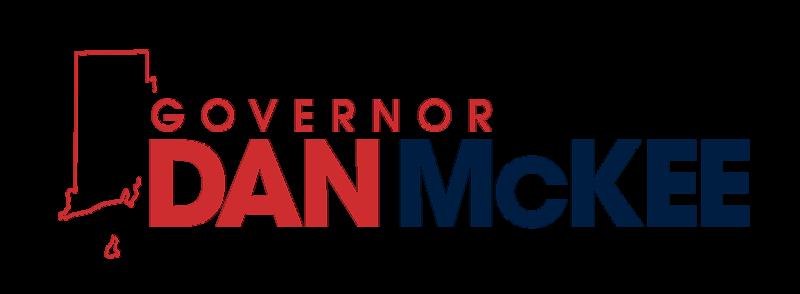
TO ATTRACT new members, Temple Sinai in Cranston is offering a chance for people to get to know the congregation without dues for the rest of 2023.
“Joining a temple is not an automatic choice today, especially for young families,” says Gregg Rosen, president. “We want to give them a chance to get to know us before asking them to be a part of our community.”
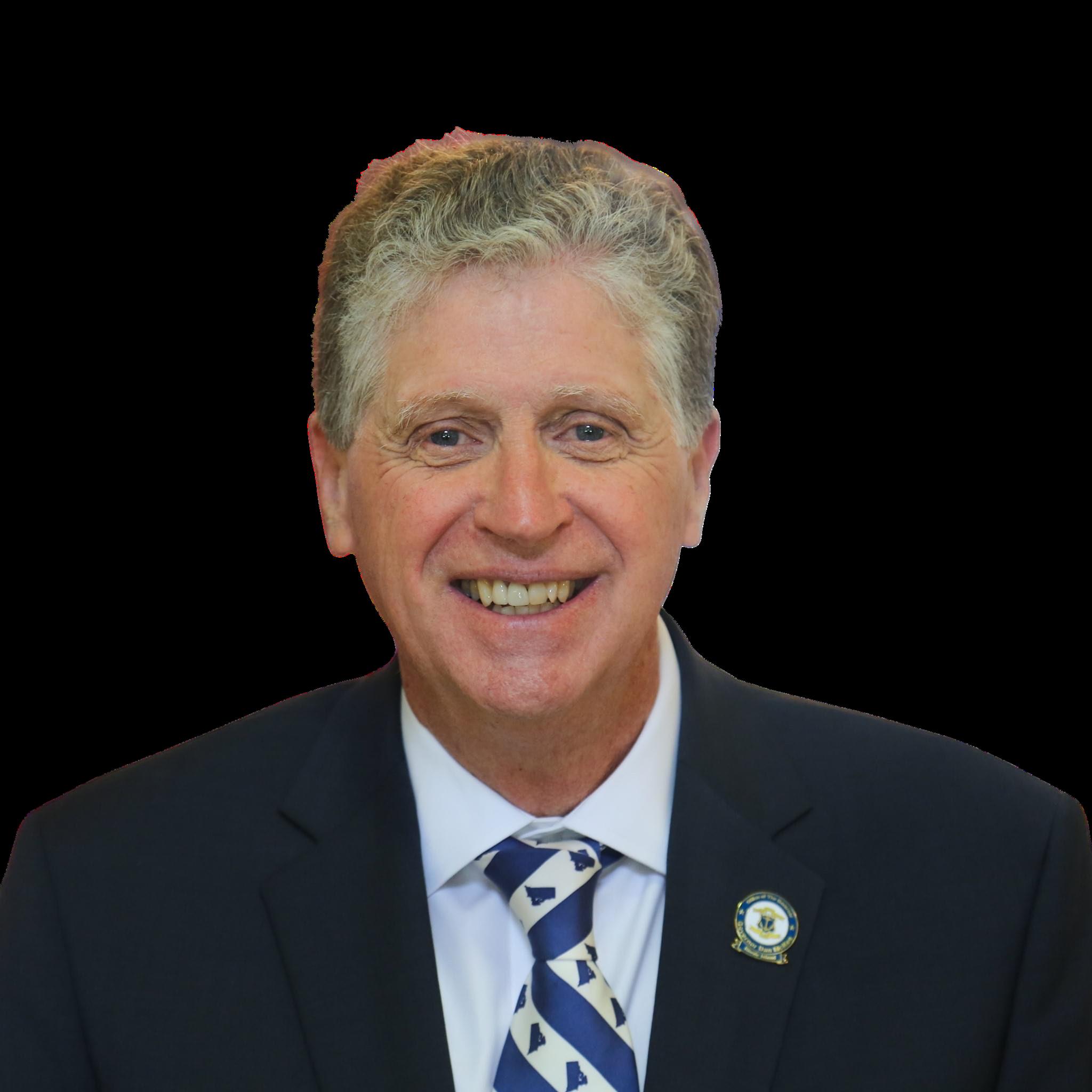
The Temple is offering free membership to new members for the rest of the secular year, including tickets to High Holy Days services. New members would still be required to pay tuition for religious School for their children from the beginning of the school year.
“I often hear our mem-
bers say that Temple Sinai is a real community. That’s what they like about it,” says Rabbi Jeffrey Goldwasser. “I think that is what people are looking for in a Jewish community. They want to be engaged in a place where people socialize, learn and pray together – a place where they all feel like they belong, no matter what.”
Temple Sinai has recently made its message of inclusion more explicit. It proudly states that it is “a community of all ethnicities, races, nationalities, sexual orientations and identities, gender expressions, ages, and abilities, and are open and welcoming to multifaith and interfaith families.”
The congregation is hoping that by making the
experience of membership available to prospective members without up-front commitment, people will like what they see and stay on as members in 2023 and far beyond. It’s a gamble it thinks will pay off.

For those who want to get a taste of Temple Sinai’s Shabbat service, there will be an open house service, specifically for prospective members, on Friday, Sept. 8, at 6 p.m. Check the Temple’s website, www.templesinairi. org, for more details.
For more information on Temple Sinai, contact the congregation at 401-9428350. The Temple’s email address is dottie@templesinairi.org.

As Rhode Island Governor, I am proud of the deep historic legacy of Jewish contributions to our state, and I wish all a happy upcoming new year and best wishes.
Shanah Tovah
to Members of Rhode Island’s Jewish Community!
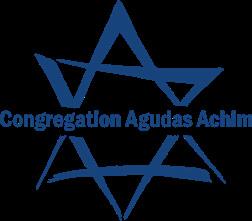
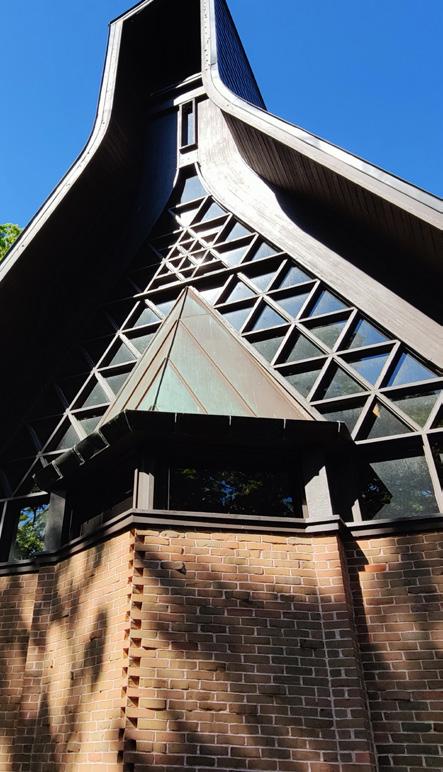
SINCE THE EARLY 1900S, many Boy Scouts have spent part of their summer at Camp Yawgoog, in Hopkinton, R.I. Yawgoog – formally the Yawgoog Scout Reservation – is run by the Narragansett Council, Boy Scouts of America. Rabbi Sol Goodman is the Jewish chaplain at the 1,800-acre camp, and this year he brought in Elihay Skital, Rhode Island’s Israeli shaliach (emissary), for two programs.
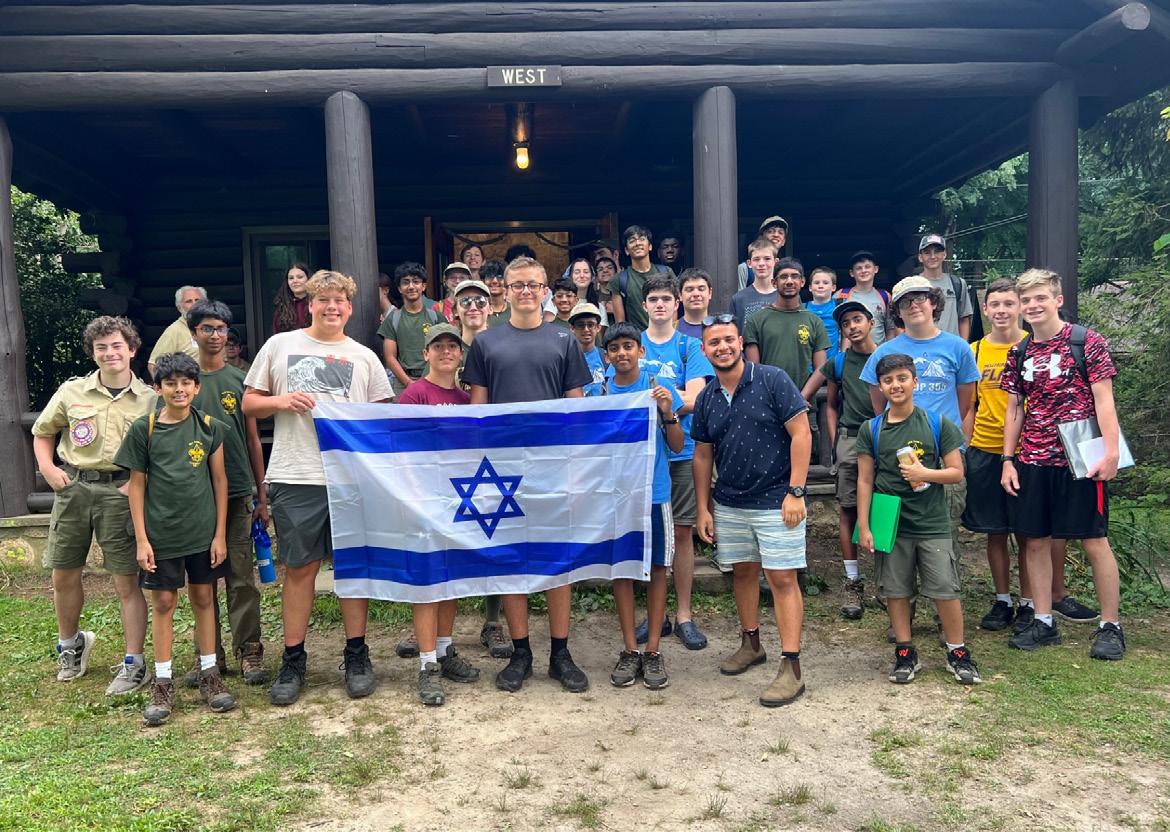
Skital said he spoke to two groups for 90 minutes each and the kids “were incredible. They asked so many great questions, especially about Judaism.”
He said that many of them knew nothing about Israel and barely anything about Judaism.
“This was one of the most meaningful experiences I’ve had in my time here,” Skital said.
Fran Ostendorf901 N. Main St., Attleboro MA
Rosh Hashanah evening—Friday September 15, 7pm
First Day of Rosh Hashanah—Saturday, September 16, 9:30am
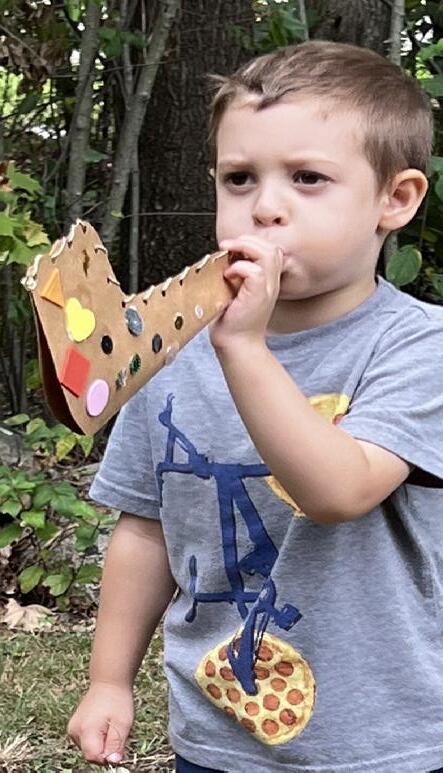
Second Day of Rosh Hashanah—Sunday, September 17, 9:30am
Yom Kippur Evening (Kol Nidrei)—Sunday, September 24, 6:15pm
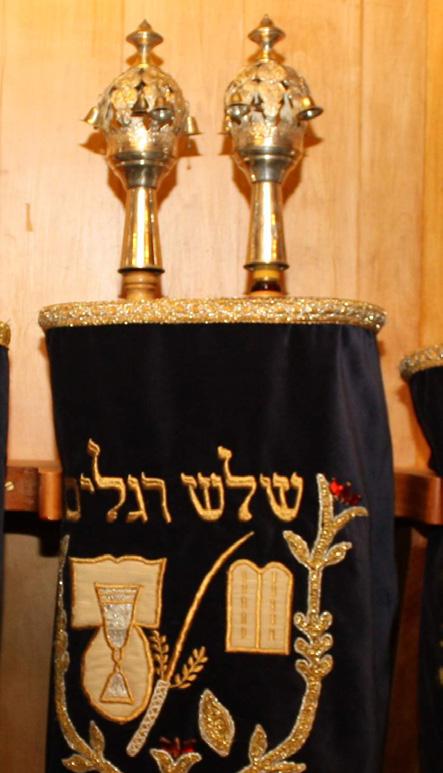
Yom Kippur morning, Monday—September 25, 9:30am
Yom Kippur evening: Monday—September 25, 5pm
Children’s services and childcare also offered, see website for details
(508) 222-2243
Old Traditions. New Thinking. agudasma.org
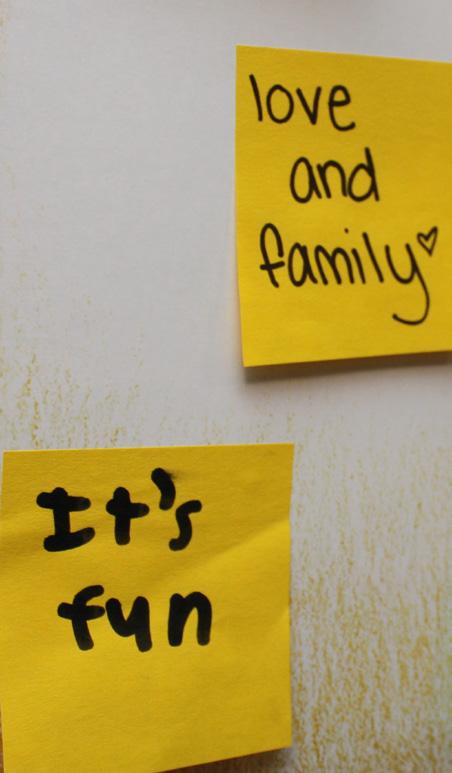
THE CHASED SCHEL AMESS Association (Lincoln Park Cemetery) held its 110th annual meeting and installation of officers and board members for 2023-2024. The meeting was held at the Phyllis Siperstein Tamarisk Assisted Living Residence in Warwick on June 11.
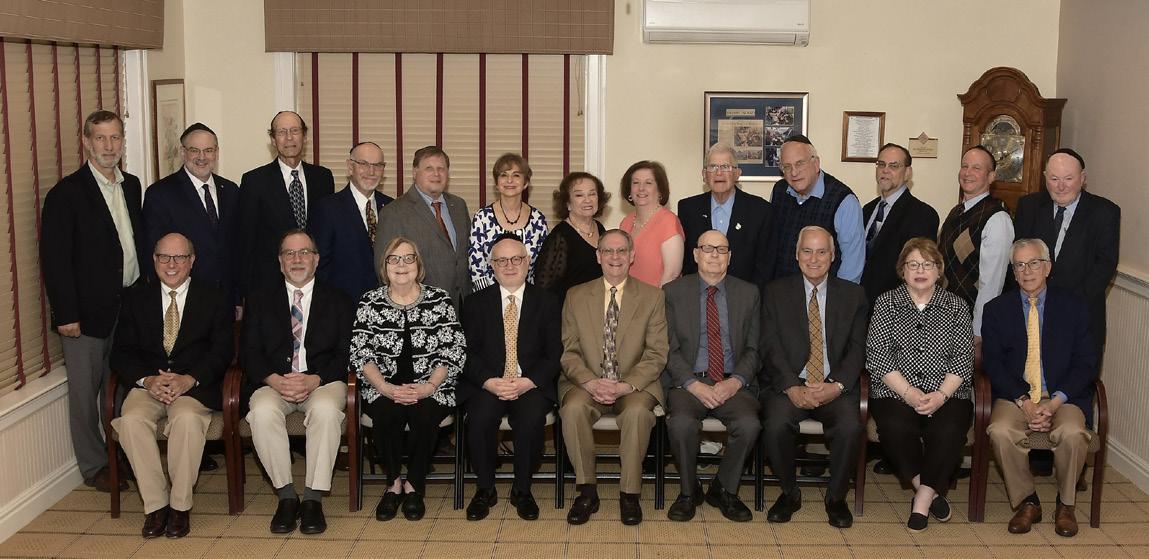
Greg Porcaro, CPA of Otrando, Porcaro & Associates, delivered a presentation to the members on the financial health of the association. Murray Gereboff served as the installing officer:
Row 1: David Weiss, Ronald Freeman, Susan Vederman (financial secretary), Michael Weiner (2nd vice president), Aaron Weintraub (president), David Mossberg (1st vice president), Steven Sholes (treasurer), Susan Feldman, Joel Gerstenblatt
Row 2: Marvin Stark, Ried Redlich, Lowell Lisker, Sam Mendelowitz, Michael Penn, Mona Scheraga, Arline Elman, Linda Weisman, Gerald Sherman, Edward Fink, Steven Hershey, David Altman, Murray Gereboff


CRANSTON – Touro Fraternal Association has announced the awarding of a total of $22,500 in student financial aid to six students who are pursuing higher education in the coming academic year.
After going through a rigorous selection process, conducted by Touro’s Student Financial Aid Committee, Alexander Strachman was awarded a $5,000 educational grant to defray the cost of a college education.
Five applicants will receive $3,500 each in interest-free loans from Touro’s Leo Greenberg Memorial Scholarship Fund. Repayment starts six months after the recipient graduates or is no longer a full-time student.
Strachman, the son of Jeffrey and Stephanie Strachman, is a freshman at Tulane University, in New Orleans, and is studying
finance. He graduated in June from Lincoln-Sudbury Regional High School, in Massachusetts, where he achieved academic excellence. He was also the varsity captain of the cross-country team.
Strachman has devoted himself to community service since his Bar Mitzvah project, raising funds for the Dana-Farber Cancer Institute. He participates in the Pan-Mass Challenge, which helps raise money for various charities. This year he will complete his seventh consecutive PanMass bike ride, and he volunteers his time setting up the event.
Strachman also helps to collect and sort donations for his local food pantry, coaches younger children at several basketball clinics, and leads a group of middle and high school children as a facilitator for STOP (Stu-
dents Together Opposing Prejudice).
Since the establishment of the student grant and loan program in 1981, Touro has made annual financial awards to ease the cost of higher education. Regular Touro members in good standing for at least two years, their children and the children of deceased Touro members who are enrolled full time in a tax-exempt accredited institution of higher learning are eligible to apply for the $5,000 grant or the interest-free loans. For more information about Touro’s loan and grant programs, as well as the other benefits of membership, go to www.tourofraternal.org, email to info@ tourofraternal.org, or call the office, 401-785-0066.
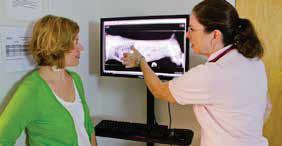
Submitted by Touro Fraternal Association
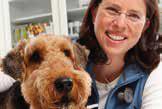

JEFFREY DAVIS WAS elected by his fellow members of the Board of Trustees to serve as the new president of the Greater Providence Hebrew Free Loan Association (GPHFL) at a meeting in August. Davis, a West Warwick resident, pledged fresh ideas to encourage membership, increase loan applications and to have greater participation from the board members. Barry Ackerman will continue to serve as vice president for the next two years and Elliott Pritikin has one remaining year in his term as secretary. Stevan Labush was named treasurer.
At the July Annual Member’s meeting, the GPHFL members re-elected Davis,

Ackerman and Barry Schiff to the Board of Trustees for three-year terms.
GPHFL has offered shortterm interest-free loans to the Jewish community for more than 100 years, but has existed in its current form for the past five years after a merger of South Providence Hebrew Free Loan and Providence Hebrew Free Loan. The association has expanded the loan amounts and its service area to include Massachusetts and Connecticut to further serve people in need.
If you are interested in learning more about the association, becoming a member, or applying for a loan, contact the office at 401-384-7251 or gphfla2018@gmail.com
Join us on Friday, September 8, at 6:00 PM for Temple Sinai's Open House Shabbat service. Come be a part of our vibrant, inspiring and supportive community. Make this year a true new beginning and bring tradition to life.
Temple Sinai is a genuine community, filled with meaninful prayer, authentic Jewish learning, and commitment to social action. We share a loving environment for celebration and for life's momentous occasions. It's a place to call home.

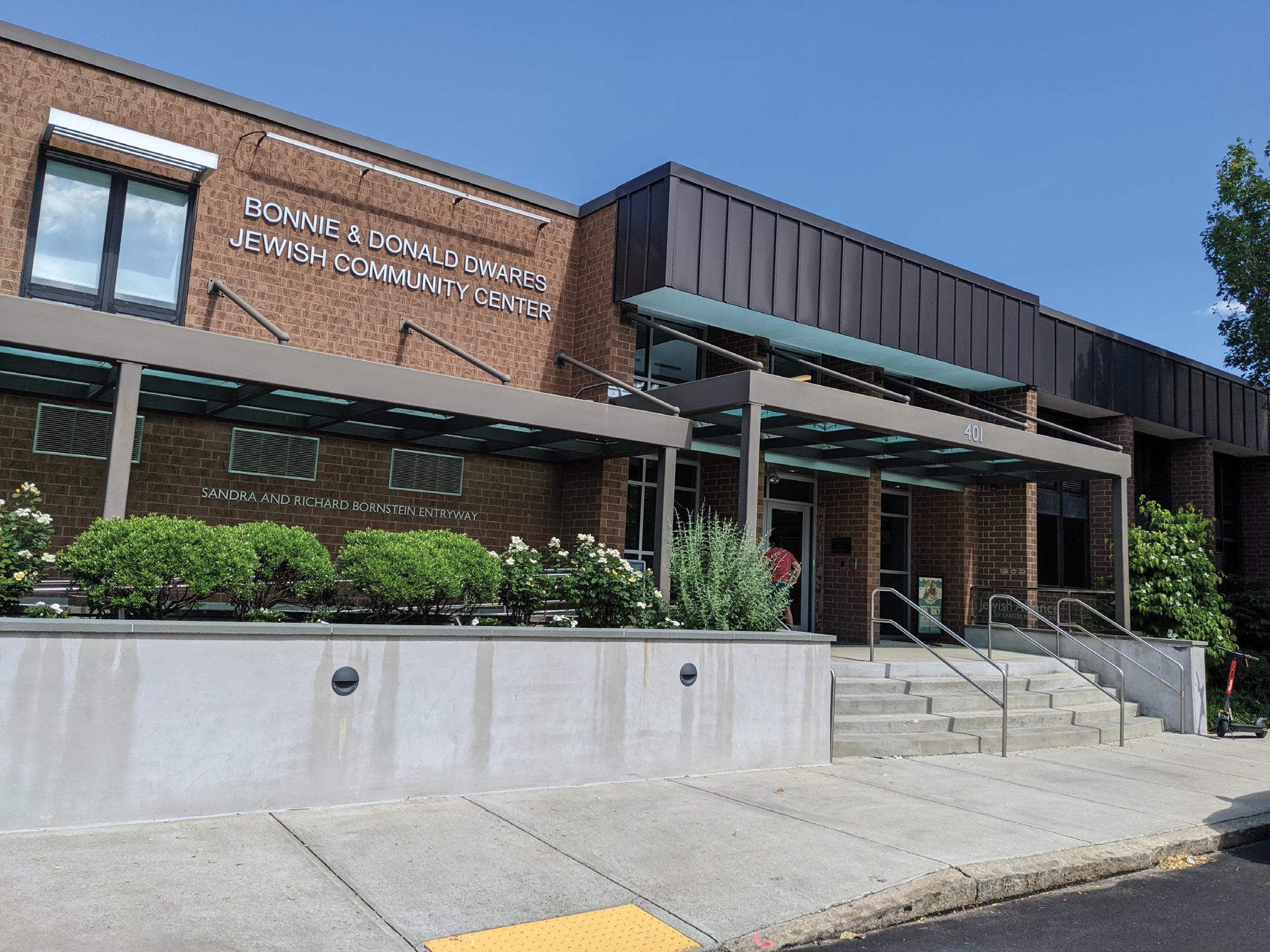
Questions? Contact dottie@templesinairi.org

30 Hagen Ave, Cranston (401) 943-8350 www.TempleSinaiRI.org
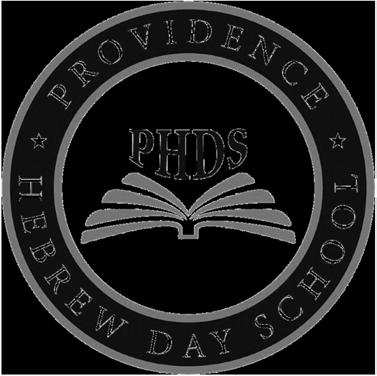 Rabbi Peretz Scheinerman Dean Rabbi Menachem Weissmann Head of School
Rabbi Peretz Scheinerman Dean Rabbi Menachem Weissmann Head of School

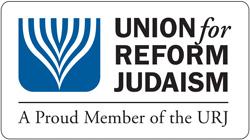
450 Elmgrove Avenue, Providence, Rhode Island 02906 (401) 331-5327 Ext. 21
WITH


WORKOUT in our state-of-the-art fitness center with our personal trainers.



SWIM laps in our heated pool or join one of our popular aquatics classes.

:
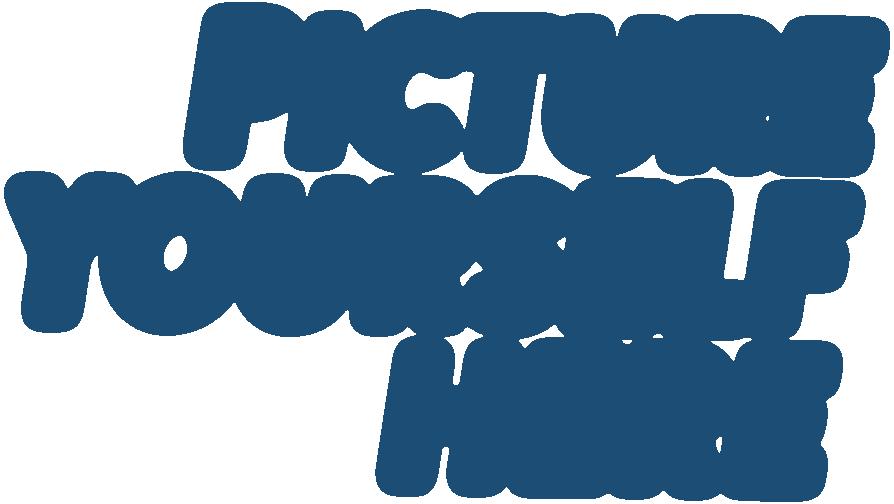

PLAY basketball or pickleball in our indoor courts.

Amassive march aimed at pressing for stronger efforts to curb climate change will take place in New York City on the second day of Rosh Hashanah – which could exclude Jewish climate activists.
THE COALITION People vs. Fossil Fuels said it had selected the date, despite the conflict, after careful consideration. The march will take place days before global leaders are set to descend on the city for the United Nations’ Climate Ambition Summit.
“There were a number of factors that led us to choose this date,” a statement on the event’s website said. “Given the timing of the UN Climate Summit, Yom Kippur on the following weekend, and the need to make the march accessible for families and working people of all backgrounds on a weekend, Sunday the 17th was the date that was chosen. We did not make this decision lightly.”
The move comes at a time when warnings abound on social media about how important it is to avoid scheduling events during the busy Jewish holiday season for anyone who is seeking to hold inclusive events.
Recently, for example, Rebecca Rausch, a Jewish state legislator in Massachusetts whose platform includes combating climate change, tweeted a “PSA for everyone
doing September scheduling” not to hold meetings on Rosh Hashanah or Yom Kippur, “at a minimum.”
Achieving those ambitions is particularly complicated this year, when Jewish holidays occupy three full weekends in September and October.
Jewish climate groups and activists say they understand why the March to End Fossil Fuels was scheduled for Sept. 17 – and emphasize that Jews concerned about what scientists say is a looming climate catastrophe have lots of other opportunities to help.
“This is just a busy time in the Jewish world,” Dahlia Rockowitz, director of campaigns and partnership at Dayenu, told the Jewish Telegraphic Agency. “We know that any date that would have been picked around this summit was going to have challenges.”
Dayenu is one of five Jewish groups among the 30 faithbased organizations that are part of People vs. Fossil Fuels, which includes a total of over 1,200 organizations with interests in climate justice and progressive issues.
Ben Goloff, a senior climate campaigner at the Center for Biological Diversity, one of the organizations on the steering committee for the march, was involved in many of the scheduling discussions for this year’s climate march.
“For me and for other Jewish folks in the room and other organizations, this was at the top of our minds when we began sort of organizing around how we’re going to meet this moment, given the timing of the U.N. summit,” he said.

Goloff said he expected a Jewish delegation at the march on Rosh Hashanah and also understood why some Jews, depending on how they observe holidays, would skip it.
“There are some folks that are actually really excited to show up and participate in the march from the Jewish community and to hold a Jewish-led delegation as a part of it,” Goloff said. “And there are others that are organizing other things around it at times that make more sense for their practice.”
People vs. Fossil Fuels said in its statement about the schedule overlap that it understands the challenges it poses for many Jews.
“We deeply respect that Jewish communities have different relationships with protest and social action during the High Holidays,” the coalition said. “We honor and affirm that many Jewish communities and organi-
zations will be praying at this time and celebrate their observance.”
This is not the first time a major march or protest has been held on an important Jewish holiday. In 2017, the March for Racial Justice, in Washington, D.C., was scheduled for Yom Kippur, the holiest day in the Jewish calendar and also one of the most widely observed Jewish holidays. Organizers of the march put out a statement apologizing for the “scheduling conflict.”
“The core leadership of the March for Racial Justice regrets the scheduling conflict of the September 30 date for the March for Racial Justice and the Yom Kippur holiday, the Day of Atonement,” the statement said. “The core leadership of the March for Racial Justice recognizes and celebrates the historical unity between African Americans and Americans of the Jewish faith. These two communities are natural partners, as each have a history of persecution and discrimination.”
Climate change has long ranked at or near the top of a list of issues concerning Jews in the United States, according to multiple surveys, and Jews have been heavily involved in the wider climate movement. But until recently, the issue had a marginal place on the agendas of Jewish communal organizations, which neglected climate even as the subject took on
importance in the activism and policies of other religious communities and in the larger philanthropic world. That has changed in the last year or so, with a growing number of Jewish philanthropists and organizations allocating resources toward climate issues.
Rockowitz noted that other Jewish climate activism groups that Dayenu is in touch with are coming up with alternatives to the Sunday march for those who are observing the holiday. Jewish Climate Action Network NYC created a tashlikh resource themed around the demands and messaging of the march, and a student strike on Friday, before Rosh Hashanah begins at nightfall, will have Jewish youth participants.
Shoshanna Segal, a Jewish fellow at the interfaith climate group GreenFaith, said she hasn’t decided yet whether to attend the march. But she said that while she would prefer that the march not coincide with the holiday, she thinks there are more important issues to consider.
“This is not the discussion that we should be having,” said Segal, who attends a Conservative synagogue in Queens, New York. “We should be having a discussion about: Is climate awareness somehow a 614th mitzvah?”
JACKIE HAJDENBERG is a reporter for Jewish Telegraphic Agency.
A GLISTENING LAKE? A woodsy backdrop?
The Lake Spofford Hotel in rural New Hampshire made for a lovely escape for Providence residents in September of 1934. But this resort wasn’t just “open for the Jewish holidays”; management catered primarily to Jewish guests, according
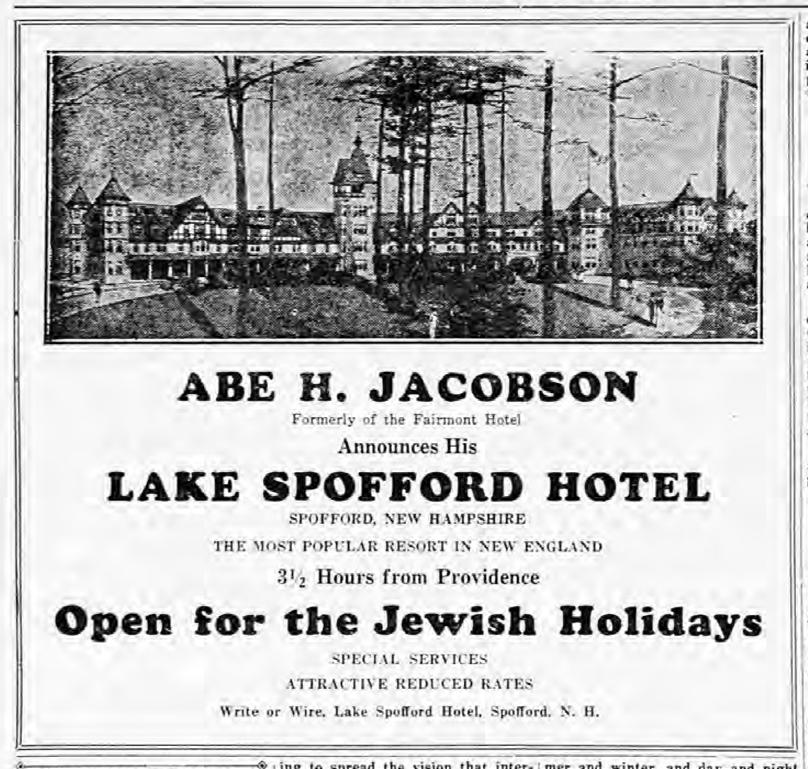
to Pam Walton, vice president of the Chesterfield Historical Society. Formerly known as the Pine Grove Springs Hotel, this palatial property offered discounted rooms and easy access to local golf courses. In an unsettling twist, the hotel was destroyed in a devastating 1961 fire.
“After the owner, Abe Jacobson, was denied a permit to rebuild, he sold the property,” writes Walton. “The remaining newer wing opened as the Lake Spofford Motel, but closed permanently a few years later.” The lake itself remains popular among tourists, but hardly a trace of this resort remains.


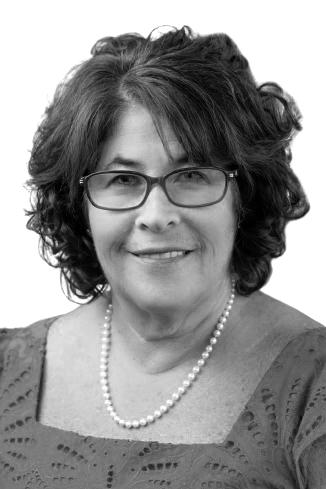



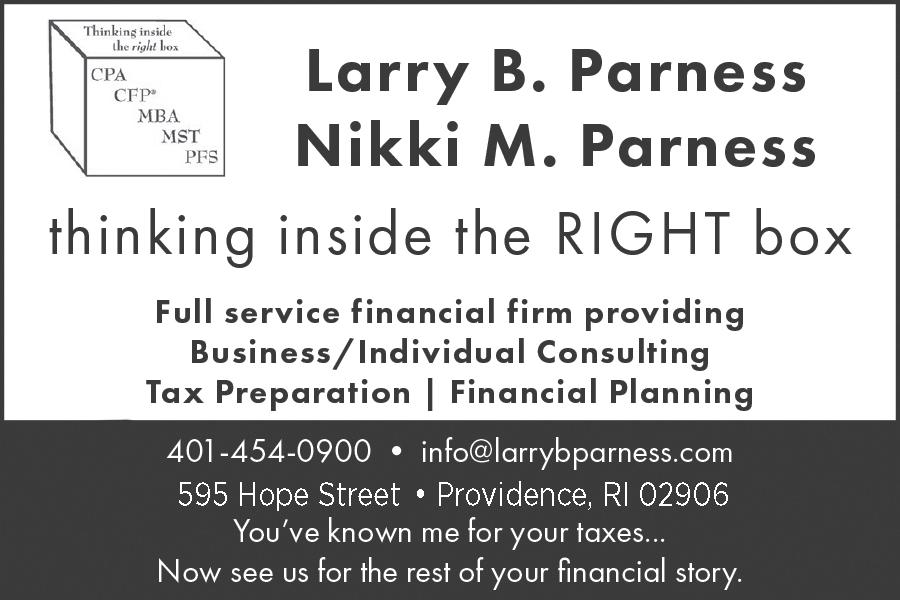








Howard Warren Brynes died on Aug. 11, 2023, after a brief illness. He was born in Providence to the best possible parents, the late Leo and Libby (Jaffa) Brynes. He was a longtime resident of the Potowomut area of Warwick and most recently of Boynton Beach, Florida. He spent his youth hanging out with his lifelong best friend and cousin, the late Farrel Jaffa. During the 1970s he owned and operated a bingo hall with his then companion and lifelong friend, Barbara. As co-owner with his sister Eleanor of the Atlantic Mills, he developed his vision of a community of artists and local businesses.
Never one to sit still, he earned his small plane pilot’s license and flew a Cessna for business and pleasure for many years. He took many skiing trips with his friend David, driving to the ski slopes listening to ABBA on the tape player. His adventurous spirit took him to Europe riding his Harley and to Japan to develop a patent. In the 90s, he decided to become a sailor and Captained the Tern for many years. He was a long-time member of Temple Am David and its men's club.
Howard exemplified kindness and generosity of spirit, always striving to do the honorable thing. His smile
and spirit will be greatly missed. He leaves behind his beloved Paige Plumb of the home, his dear sister Eleanor Brynes of Boynton Beach, his daughter Lauren Rosenberg of Warwick, his son Mitchell Brynes of Bushnell Florida, nine grandchildren and one great-grandson. He was predeceased by his dear daughter Lisa Brynes.

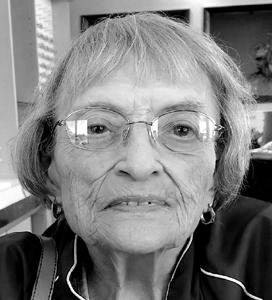
– Marcia
Dronzek
passed away at her home on Aug. 7, 2023. She was the wife of the late Marvin Dronzek for 49 years. Born in Cleveland, Ohio, she was a daughter of Arthur and Elvira (Szusz) Wintner. Marcia attended and graduated from the University of Michigan, earning a B.A. in education.
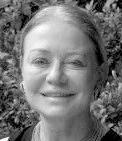
Aside from her time in Michigan, she had lived in Ohio for 40 years. She volunteered with the Big Brothers and Big Sisters of Ohio, and, together with her father, the Mt. Sinai Hospital, in Cleveland. She was a teacher in Mayfield Heights, Ohio, before moving to East Greenwich with her husband and children in 1978. Marcia was a faithful member and volunteer of Temple Sinai. She was a volunteer with many local organizations, including the East Greenwich school system and Dorcas Place, in Providence.
She was the mother of Jeff Dronzek and his wife, Jennifer, of East Greenwich, and Ellen Orkin and her husband, Jonathan, of Canton, Massachusetts. She was the companion of Brian Lavendier, of Glocester. She was the sister of Joanne Melendez and her husband, Jose, of Deltona, Florida. She was the grandmother of Emily, Abigail, Amanda and Danielle. She was the aunt of several nieces and nephews.
Contributions may be made to the Elvira Wintner Music Memorial Fund c/o the National Council of Jewish Women online at https://ncjwcleveland.org/ donate/donate-financially/ tributes/ or to VNA Care New England Foundation via mail at Philanthropy Building 2, 171 Service Avenue, Suite 301, Warwick, RI 02886 or online at https://www. vnacarenewengland.org/ donate-now?hsCtaTracking=f41ec325-3fec-462b-897af1b0d9c90d24%7C52929cefafa6-41c0-8bef-c0f04de7293e.
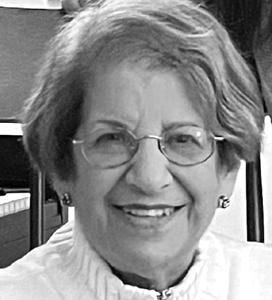
Carolyn Gold, 82 DENVER, CO. – Carolyn (Mondshein) Gold, died at her home in Denver on Aug. 25, 2023.
Born in Providence in 1941, to M. Gertrude (Shindler) Mondshein and Jacob Mondshein, Carolyn was a summa cum laude graduate of Classical High School. She went on to study history at Radcliffe College of Harvard University in Cambridge, Massachusetts, and graduated cum laude. While there, she met Harvard Law School student Larry (Laurence) Gold, and the two were married (during a memorable September hurricane) in Providence.
They moved first to Houston for a law clerkship and then to Washington, D.C., where they lived for more than 50 years. In Washington, Carolyn received a master’s degree in education from George Washington University. Carolyn initially worked at the Library of Congress and then spent most of her career in education serving as head of the Lower School at the Maret School. While at Maret, she created and ran the school’s Summer Plus program – a popular summer program of field trips for children to fascinating and often overlooked museums in the greater Washington area.
After retirement, Caro -
lyn continued to work with children through volunteer activities at Children’s National Hospital, The U.S. Botanic Garden and The Building Museum, all in Washington, D.C. Carolyn and Larry retired to Denver in 2017 where she was able to spend time with her beloved granddaughters. She continued her volunteer work at the Denver Botanic Gardens.
She was an energetic walker and an avid reader of history, biographies and mysteries. She and Larry enjoyed traveling, and were fortunate to be able to travel the world together.
In addition to her husband, Carolyn is survived by daughter Dr. Elizabeth Gold, of Seattle; son Matthew, daughter-in-law, Masae, and granddaughters Alicia and Gina Gold, of Denver; and sister Susan (Mondshein) Tejada, of Bethesda, Maryland.
Mark Gordon, 71 BLOOMFIELD, CONN. – Emmyaward-winner Mark Gordon passed away on Aug. 10, 2023. He was the husband of Deborah (White) Gordon and father of Joshua Gordon, of Bloomfield, and Noah Gordon and his wife, Dana Finkle, of Fairfield, Connecticut.

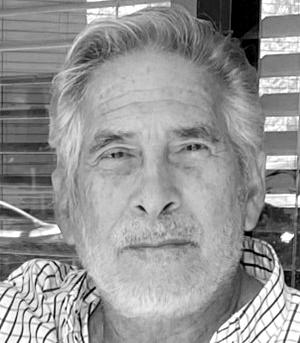
Born in Malden, Massachusetts, son of Arthur Gordon and the late Hilda (Menovich) Gordon, he was lucky enough to have two careers in fields he loved: television and cars. He first worked as an engineer for multiple television stations in the Northeast before retiring and working part time as a driver for Enterprise. His number one love was his wife and two sons. He also cared deeply for the family’s late turtle. He was the brother of Wayne Gordon and Cheryl and her husband, Paul, Needleman. He was an uncle to more than 10 nieces and nephews.
Contributions may be made to the Children’s Tumor Foundation, American Cancer Society, or a charity of one’s choice.
Ruth Meltz, 103 NEW BEDFORD, MASS. –Ruth (Cudish) Meltz, of New Bedford, passed away on Aug. 4, 2023, in the New Bedford Jewish Convalescent Home. She was the wife of the late Ralph Meltz and the late Ber-
nie Bulotsky.
Born in New Bedford, a daughter of the late Samuel J. and Bessie (Bearkovitch) Cudish, she had been a longtime resident of both New Bedford and Florida.
As a teenager, Ruth worked as a candy striper at St. Luke’s Hospital. In addition to being a homemaker, she was a member of the Tifereth Israel Congregation and the New Bedford women’s group “A Helping Hand.” Ruth enjoyed playing mahjong and cards and spending time with her family and their dog, Willy, and cat, Luna.
She is survived by two daughters, Sheila M. Galitsky and her husband, Howard J. “Howie,” of New Bedford; Vicki Lynn Meltz, of Taiwan; one sister, Estelle Cohen, of New York City; five grandchildren, Stacy Toabe and her husband, Aaron Gregoire, Mindy Toabe and her husband, David Egar, Pamela Wolski and her husband, Tim, Joshua Galitsky and Julee Galitsky; four great-grandchildren, Molly Egar, Ash, Maya and Sam Wolski; and several nieces and nephews. She was the mother of the late Allan D. Meltz and was predeceased by five siblings.
Contributions may be made to Forever Paws, 300 Lynwood St., Fall River, MA 02721.
Rena Rabin, 95
RICH CREEK, VA – Rena Rabin died Aug. 27, 2023, at the Heritage Hall Nursing Home in Rich Creek. Born in New York City, New York, she was a daughter of the late Benjamin and Anna (Caminear) Rabin. She lived in New York for 32 years, in New Jersey for 32 years, in Rhode Island for 10 years, settling in Virginia 21 years ago.
She was a homemaker while her children were at home, then when her youngest started school she worked for four years at the family business, Bills Village Florist in Boonton, New Jersey.
Rena was fully dedicated to her children, her home and her crafts. She was a prolific knitter, crocheter, seamstress and artist. When she wasn’t crafting and creating, she was reading, or watching her favorite shows.
She was the mother and mother-in-law of Alane Homer and her husband, Geoff Walsh, of Blacksburg,
Virginia; Larry Goldenberg, of Hyannis Port, Massachusetts; Dennis Goldenberg and his wife, Phyllis, of Hackettstown, New Jersey; Joyce Goldenberg and her husband, Jeff Feakes, of Columbia, South Carolina; and Andrew Goldenberg and his wife, Bridget, of Willimantic, Connecticut. She was the sister of the late Marion Chorney. She was the grandmother of Michelle Homer, Stephanie Homer, Sarah Kennedy, Lisa Roberts, Brian Goldenberg, Stephen Goldenberg and Daniel DeMartino. She was the great-grandmother of Sophie, Colin, Lily, Violet, Bentley, Grayson, Sydney and Peyton. Contributions may be made to American Cancer Society, P.O. Box 6704, Hagerstown, MD 21741, or American Diabetes Association, P.O. Box 7023, Merrifield, VA 22116-7023
Harold Redlich, 91 NEW SHOREHAM, R.I. –Harold Redlich passed away on Aug. 24, 2023, at Yale New Haven Hospital in Connecticut. He was the husband of Gloria (Berlinsky) Redlich for 68 years. Born in Providence, a son of the late Samuel and Dora (Brooks) Redlich, he lived on Block Island for over 30 years, before moving to Madison, Connecticut. He attended and graduated from the Rhode Island College of Pharmacy in 1954. He was a pharmacist at Bruce Pharmacy in both Cranston and Olneyville. He was co-owner of Stan’s Pharmacy with his brother, Milton, in Bethel, Connecticut. Later, Harold became a realtor for Block Island Realty. He proudly retired about 20 years ago. Harold was a Korean Conflict Army veteran, serving stateside at Fort Carson in Colorado Springs, Colorado. He was a member of Congregation Sons and Daughters of Ruth on Block Island. He also belonged to the RI Pharmaceutical Association.
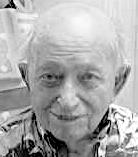
He was the father of Norman Redlich and his wife, Karen, of Madison; Marcy Klein and her husband, Charlie, of Woodbridge, Connecticut; and Nancy Redlich-Laub and her husband, David, of Los Angeles, California. He was the brother of Milton Redlich and his wife, Arlene, of Boynton Beach, Florida; his late twin, Leonard Redlich and his surviving wife, Anita, of Newport; and the late Raymond Redlich and his late wives, Cecile and Elaine. He was the grandfa-
ther of Jason Arel-Klein and his spouse, Stephen, Daniel Klein, and twins, Dvora and Ruby Redlich.
Contributions may be made to Cong. Mishkon Tfiloh, 205 Summit Ave., Providence, RI 02906 or Alzheimer’s Association of RI, 245 Waterman St., #306, Providence, RI 02906.

Barbara Schwartz, 93 PROVIDENCE, R.I. – Barbara Amber Schwartz died on Aug. 3, 2023, at Steere House. She was the wife of the late Morris P. Schwartz. Barbara was born in Brooklyn, New York, and previously resided in Greenville and Providence.

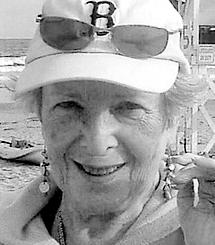
Barbara attended Hope High School with her future sister-in-law, Rosalind Schwartz, who introduced her to Morris in 1947. Thus began the start of a 73-year love affair. She loved Morris dearly and missed him deeply since his passing in late 2020. Barbara graduated with a degree in child development from the University of Rhode Island in 1952 and was a member of URI Hillel. She stayed connected to Hillel as a volunteer and alumnae board member. She was a longtime member of Temple Emanu-El and volunteered at the Jewish Home for the Aged, The Miriam Hospital, the Groden Center, RI Food Bank and numerous other organizations.
Barbara loved to play tennis and watch it on TV. Billie Jean King, Chris Evert and Serena Williams were some of her favorites. She also loved music; she idolized the other Barbara from Brooklyn, the incomparable Barbra Streisand. Barbara made friends wherever she went.
Barbara was a loving mother to Judith Flaxman and her husband, Bill, of Long Island, New York; Bill Schwartz and his girlfriend, Sheryl Rich-Kern, of Nashua, New Hampshire; and Steven Schwartz and his wife, Gail Agronick, of Greenville. She was especially proud of her six grandchildren: Jonathan, Samantha, Michaela, Jordan, Zoe and Adeline, their partners and their pets.
Barbara was predeceased by her husband, Morris P. Schwartz, and her parents, William and Rose Amber, of Cranston.
The family would like to express its deep appreciation to the wonderful caregivers at Steere House.
Contributions may be made by mail or online to Steere House Nursing and Rehabilitation Center, 100 Borden St., Providence, RI 02903.
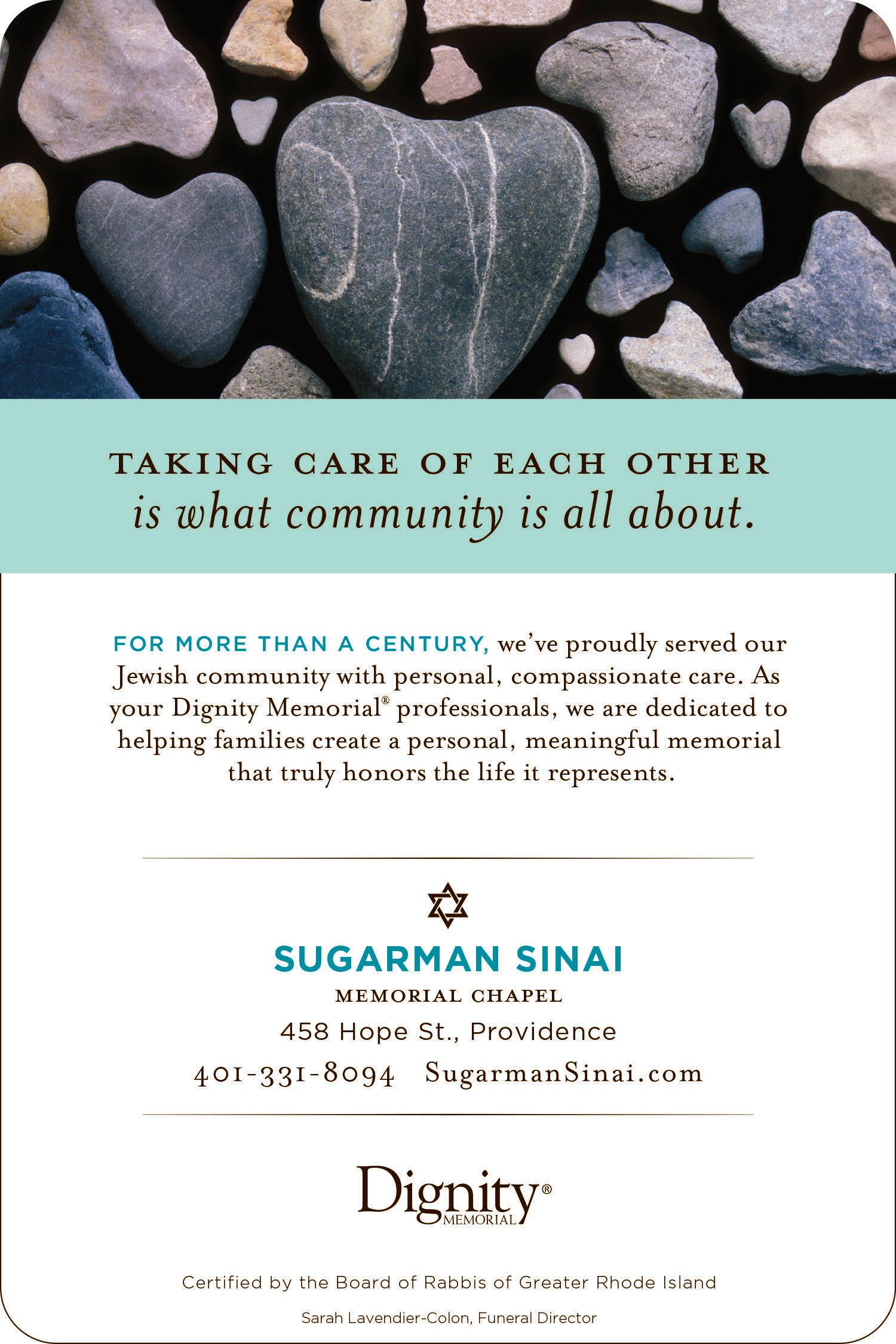
Bernard
Reiter Silver, formerly of Rhode Island; Parkland, Florida; and Naples, Florida, finished his journey peacefully on July 26, 2023. Bernard was born on Dec. 7, 1921, to Albert and Violet Silver in New York. Bernard graduated from Bedford Stuyvesant High School and enrolled in NYU. Later he enlisted in the 8th Army Air Corps. He was stationed in England during WWII and was highly regarded for his mechanical skills in military aircraft.
After his time in the military, he worked for RAU Fastener Company, in Providence, for 45 years where he was the VP of Manufacturing.
In 1950, he married the love of his life, Lila Troy. They shared an amazing 73 years together. He was a founding member of Temple Beth Am, in Warwick. As an avid boater, he spent most of his free time on the water with his friends. His passion for boating was rivaled by his need for speed in his many sports cars. Bernard’s love of wine and the vast collection he acquired attributed to his longevity.
He is survived by his wife, Lila; his children, Alen and Deborah Silver, Jan and Richard Nappi, and Alison and Frank Centrilla; his grandchildren, Brian, Sonia, Noah, Rachel and Amber; and his great-grandchildren, Dreden, Aaliyah, Isabelle and Joshua. He was preceded in death by his parents; his sister, Theda Einhorn; and his great-grandson, Ethan Silver.
Roman Tonkover, 72 CRANSTON, R.I. – Roman Tonkover passed peacefully on Aug. 1, 2023, at RI Hospital. Born in Odessa, Ukraine, he immigrated to the US in 1979. He was a son of the late Boris and Sophia Tonkover. Roman was married for 40 years to Sofya Tonkover.
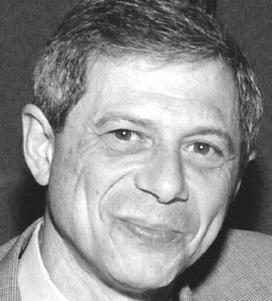
Roman was a master jeweler, hand engraver and toolmaker. He started as an
apprentice at a very young age, and for the next 50+ years of his life, his passion for the art led him to become a true artist and craftsman. He was an extremely hard worker. Roman was an avid animal and nature lover. He raised beautiful show dogs, parrots, exotic fish and bonzai flowers.
He is survived by his wife, Sofya Tonkover, of Cranston. He also is survived by two sons, Toliy Krasner and his wife, Danielle, of Johnston, and Alan Tonkover, of Cran-
ston, and two grandchildren, Adam and Mark Tonkover. Roman was loved and touched the heart of everyone and anyone he met and will be missed by everyone who had the true pleasure of meeting him. His simple and humble nature, while having the drive and motivation to work and provide for his family, was something that will not be forgotten.
Contributions in his memory may be made to the Alzheimer’s Association.


